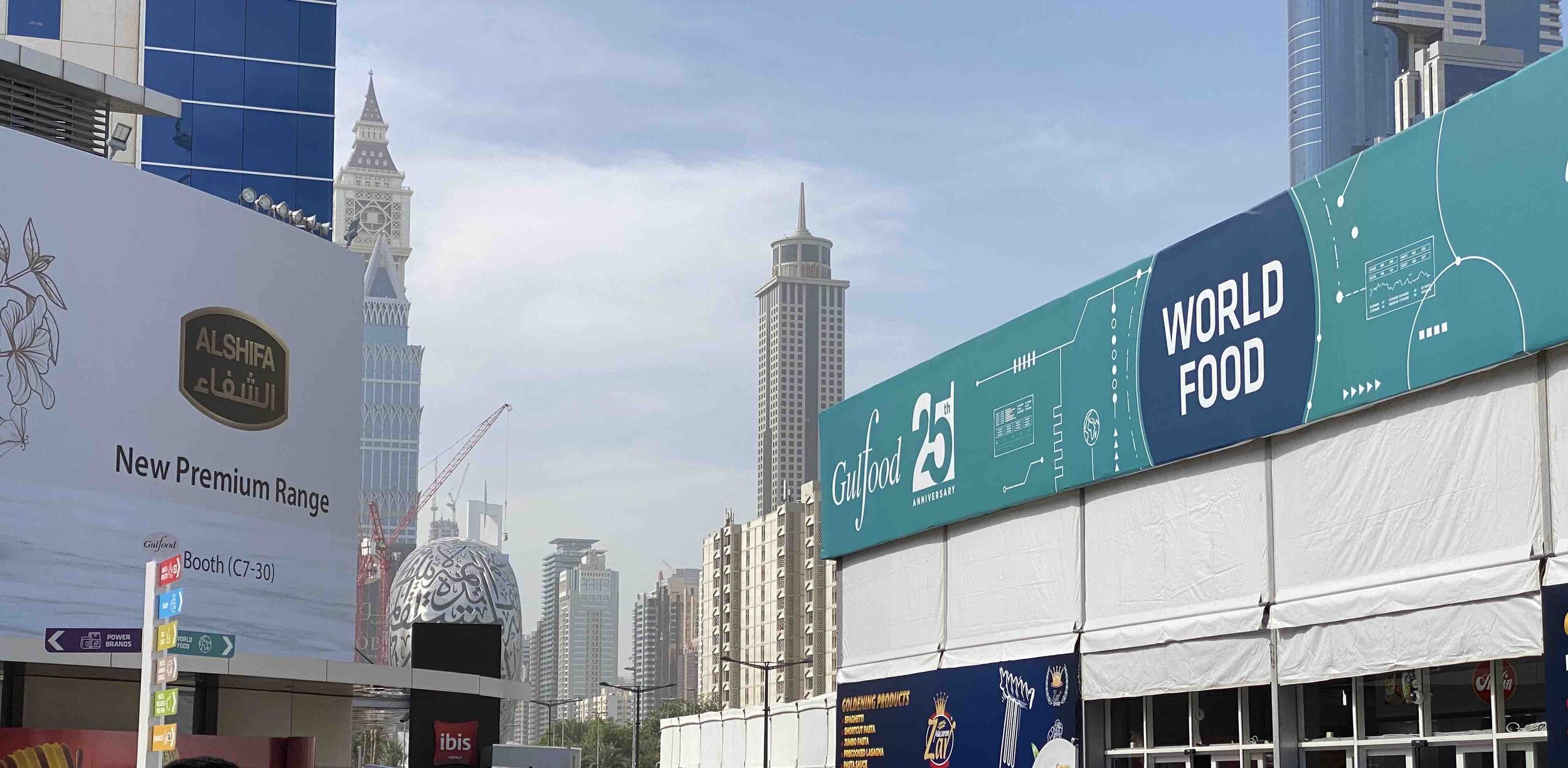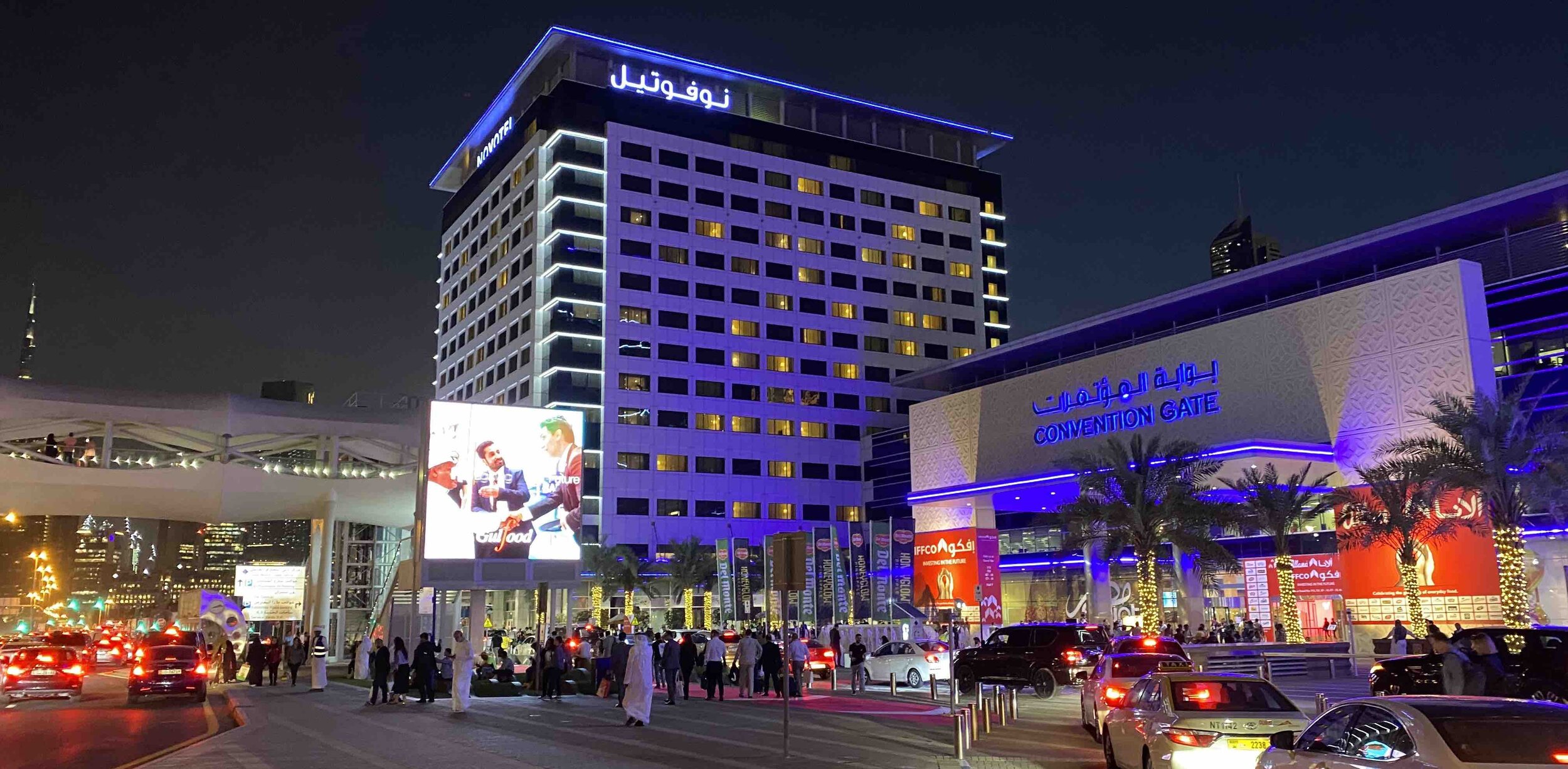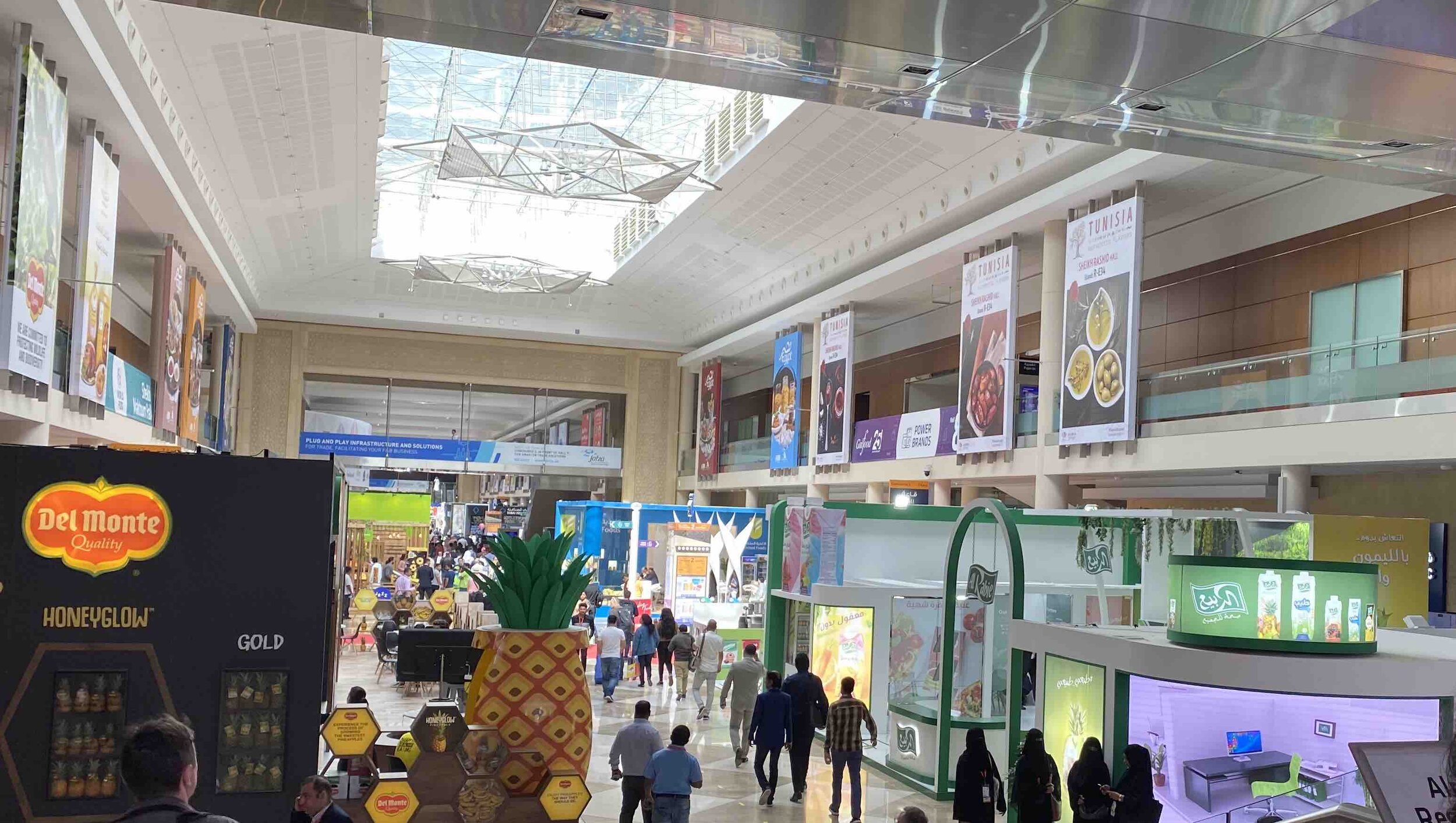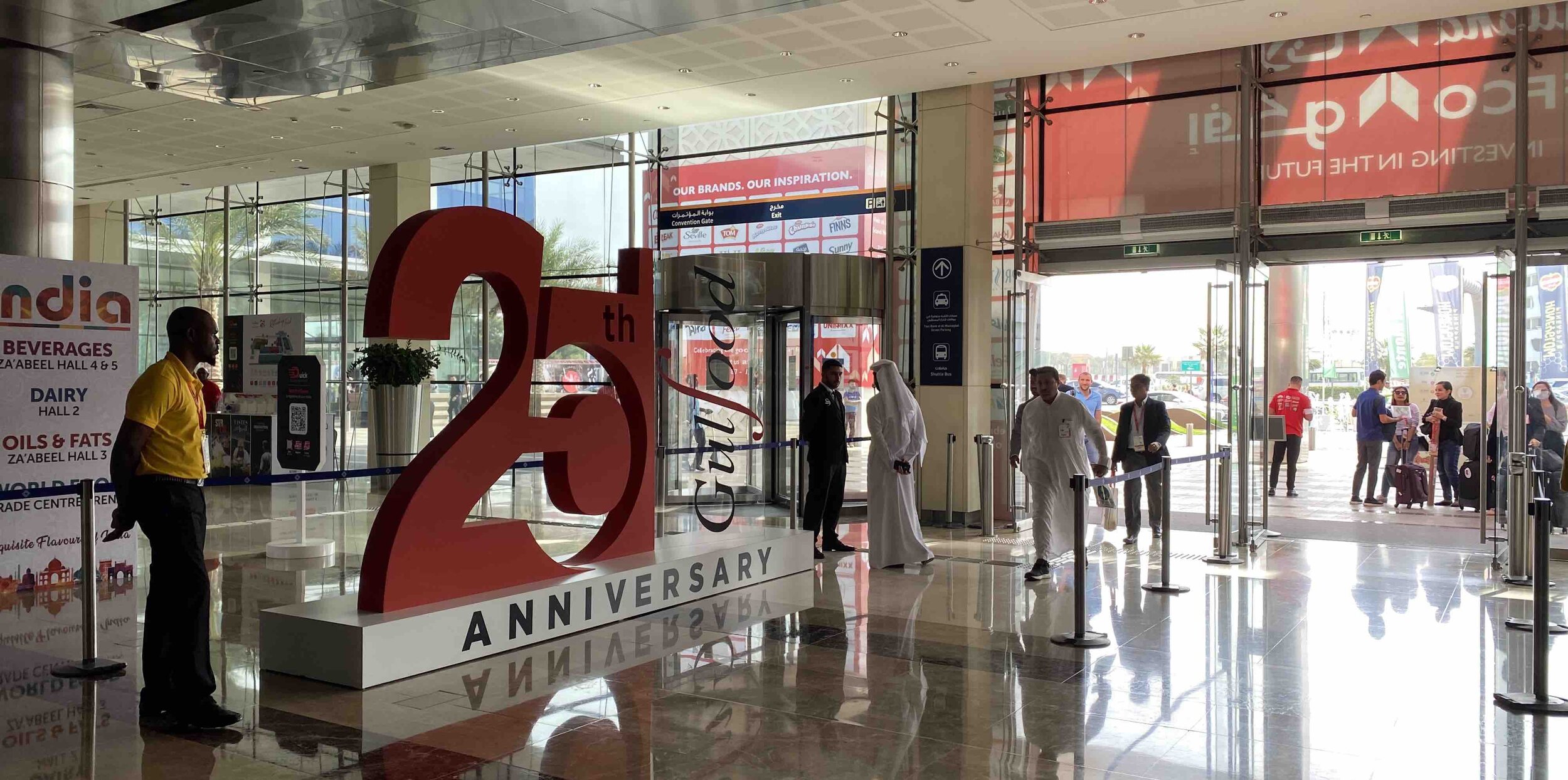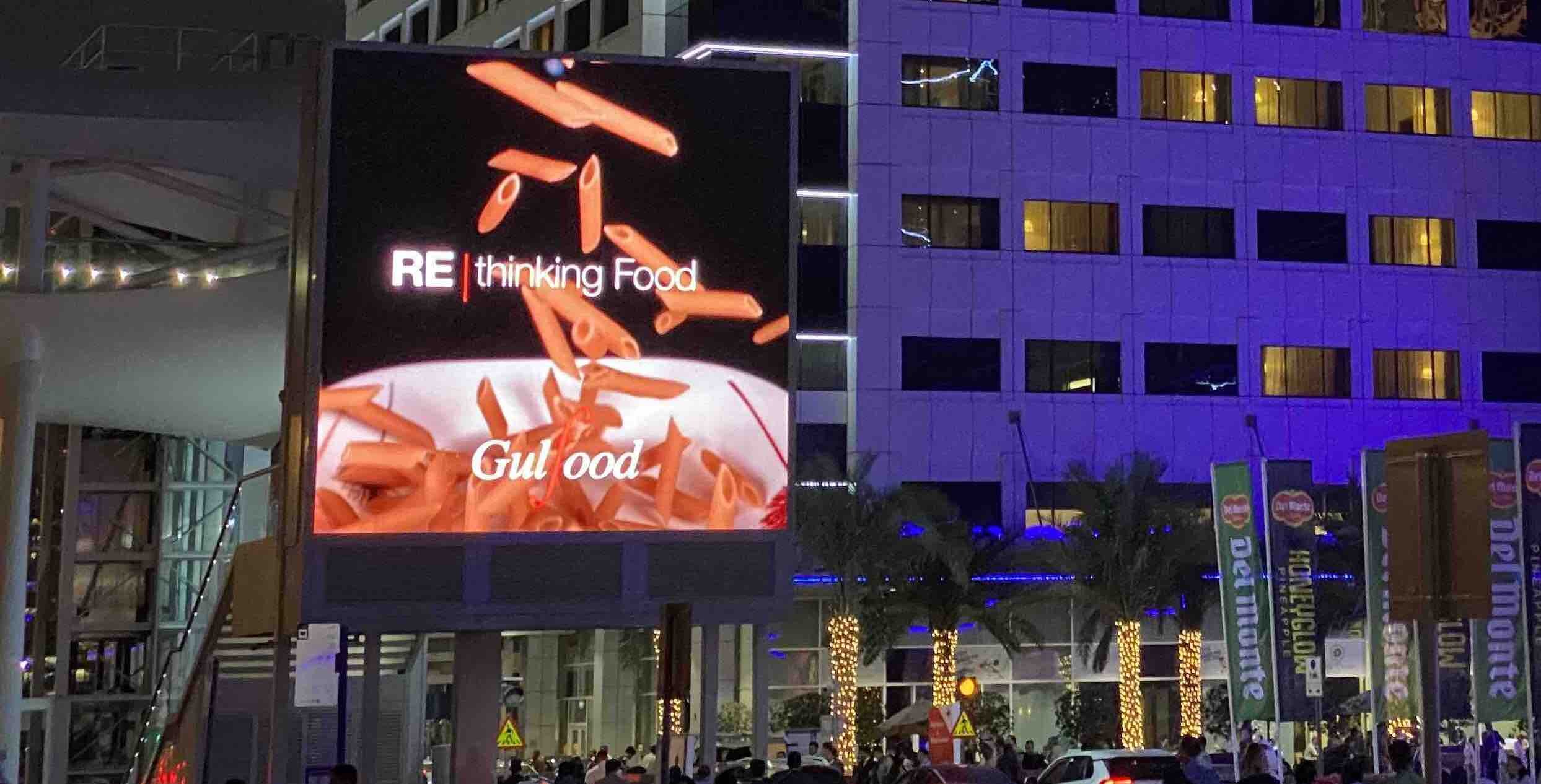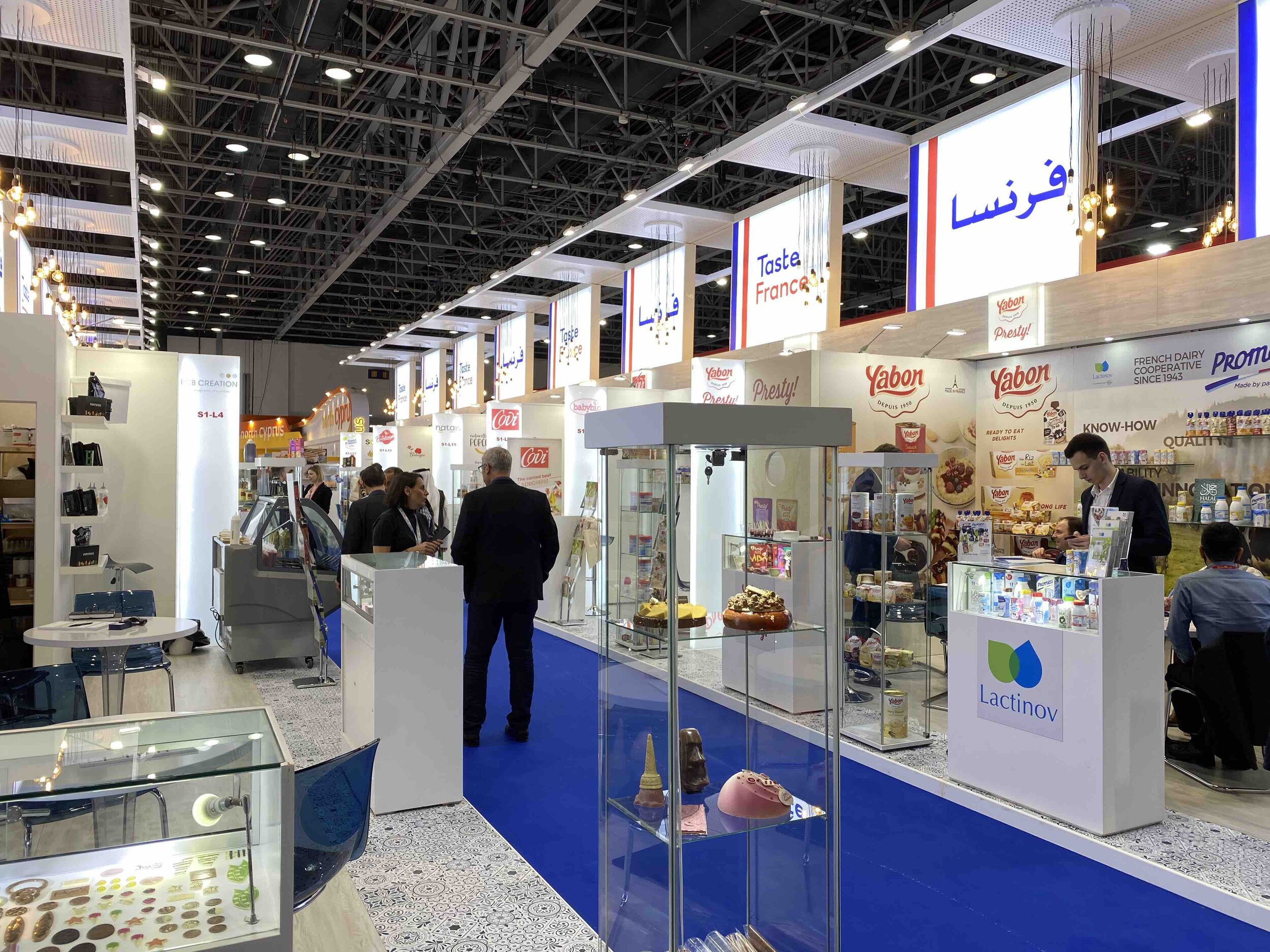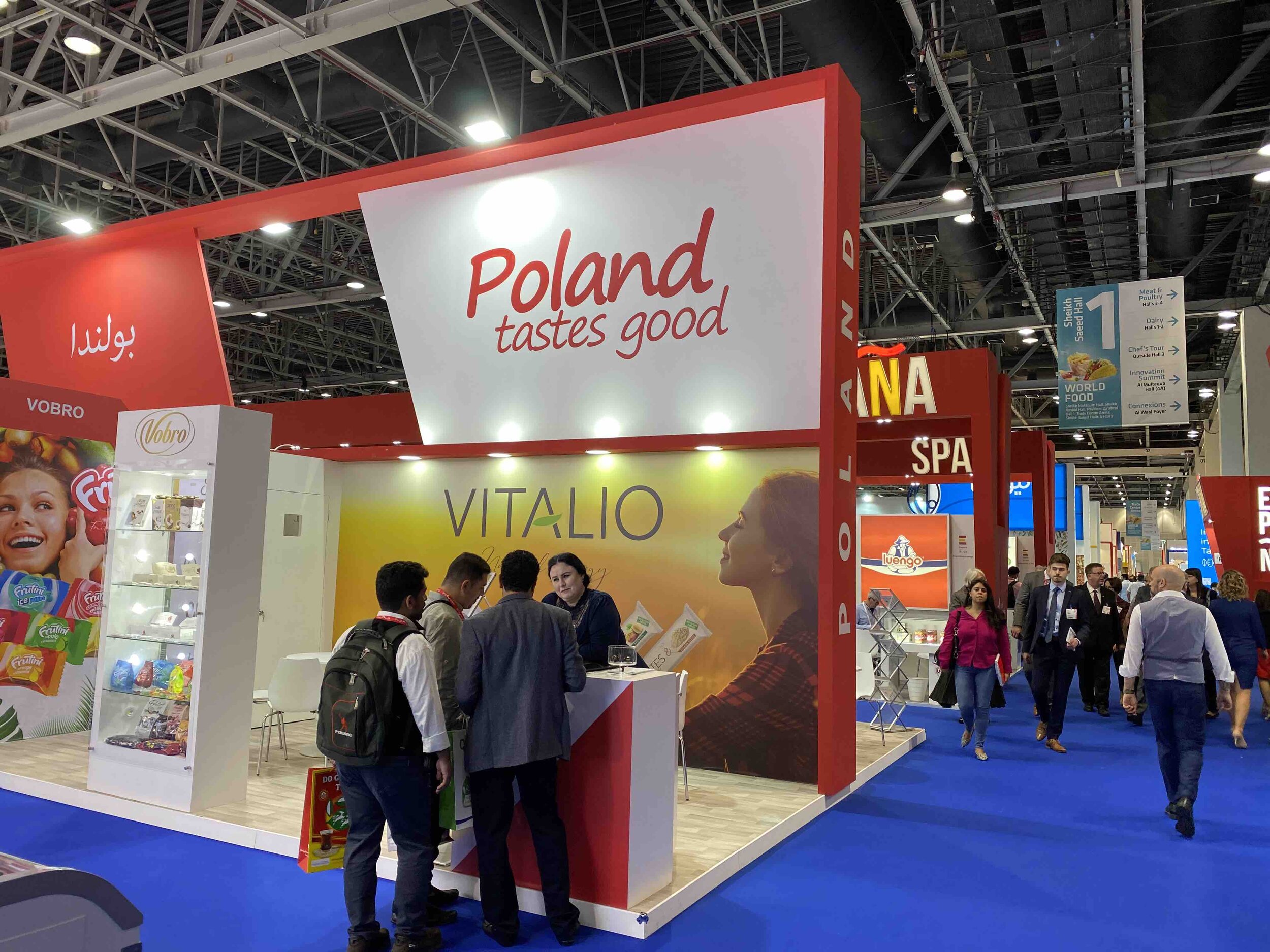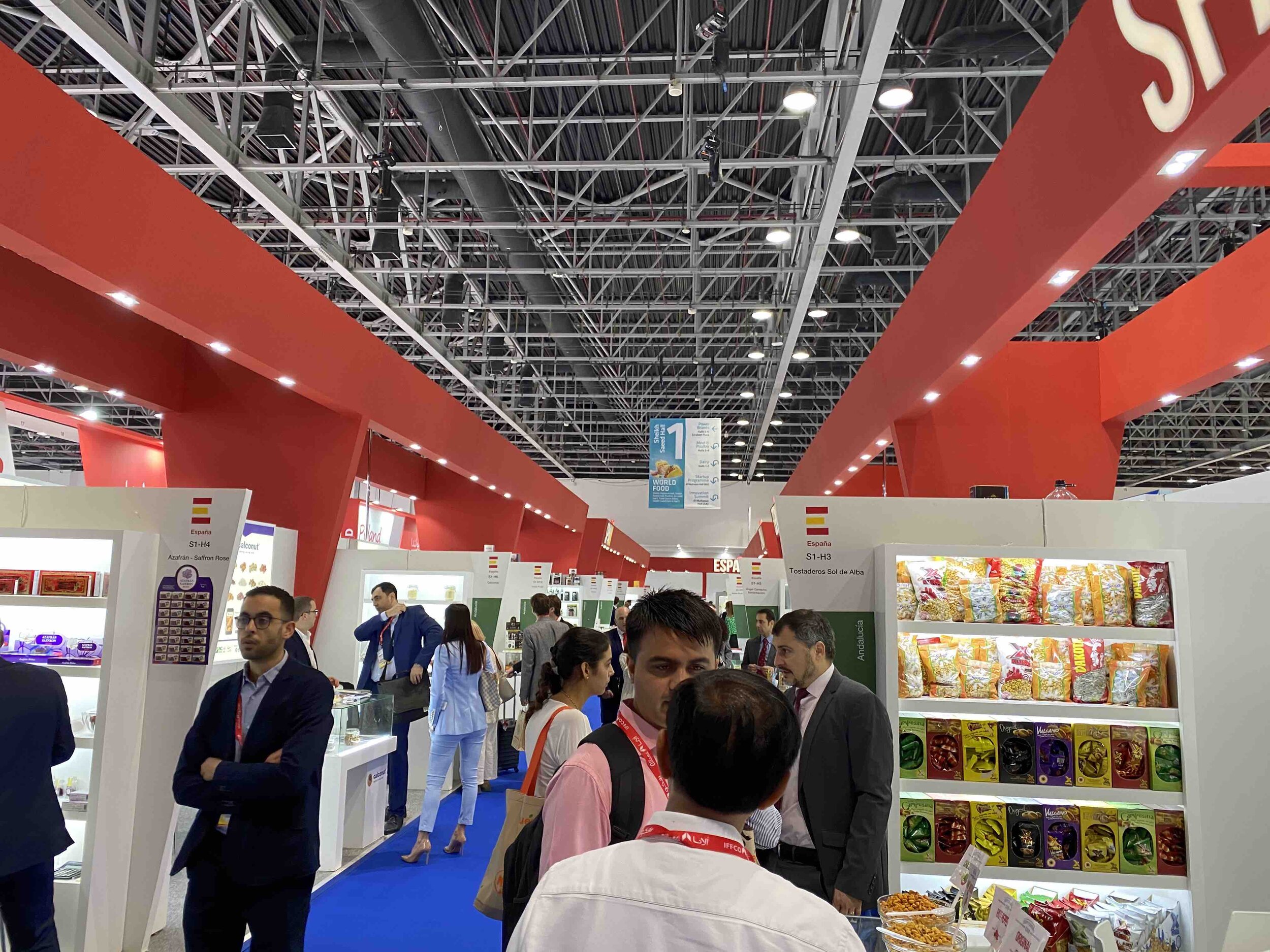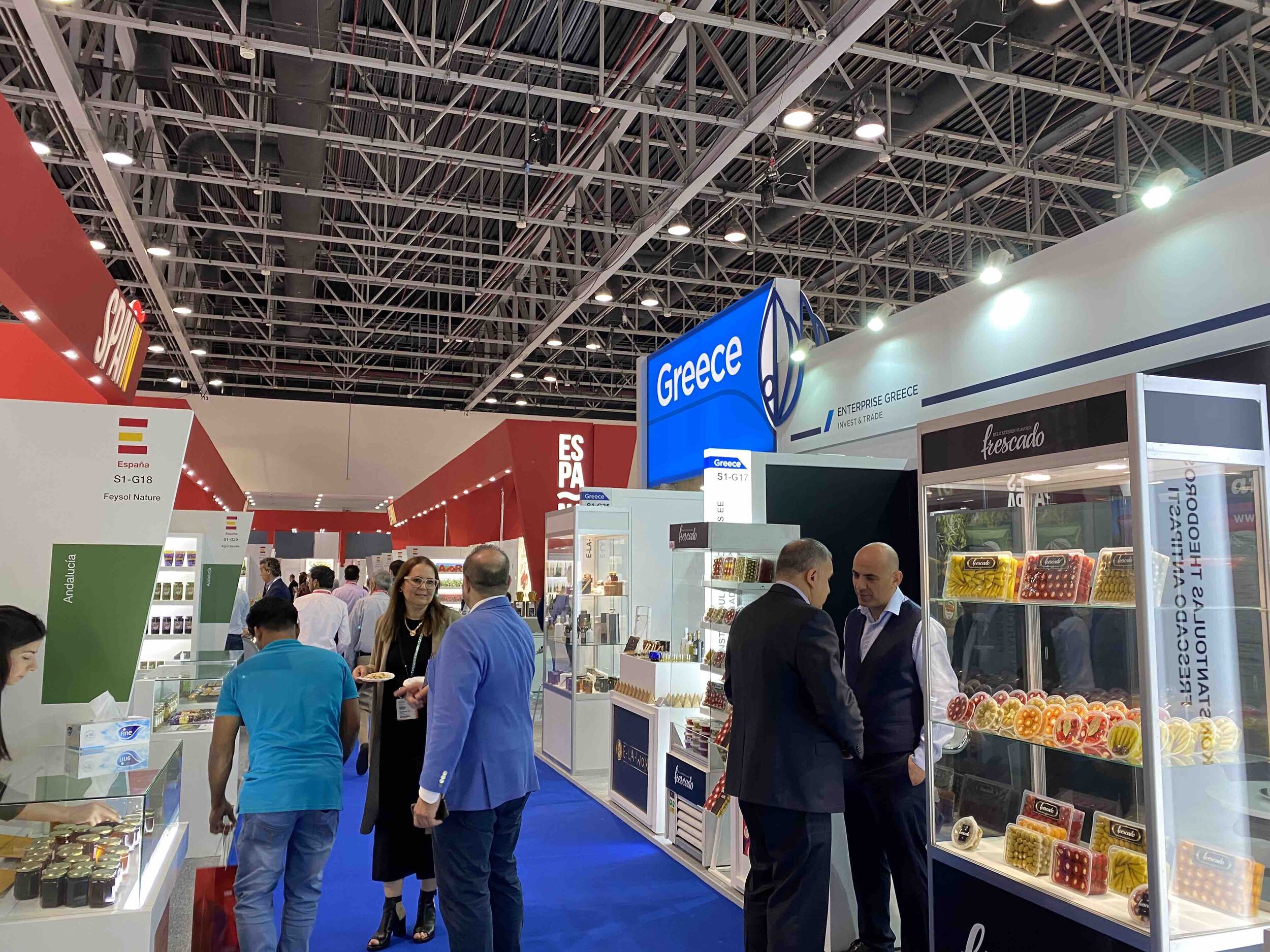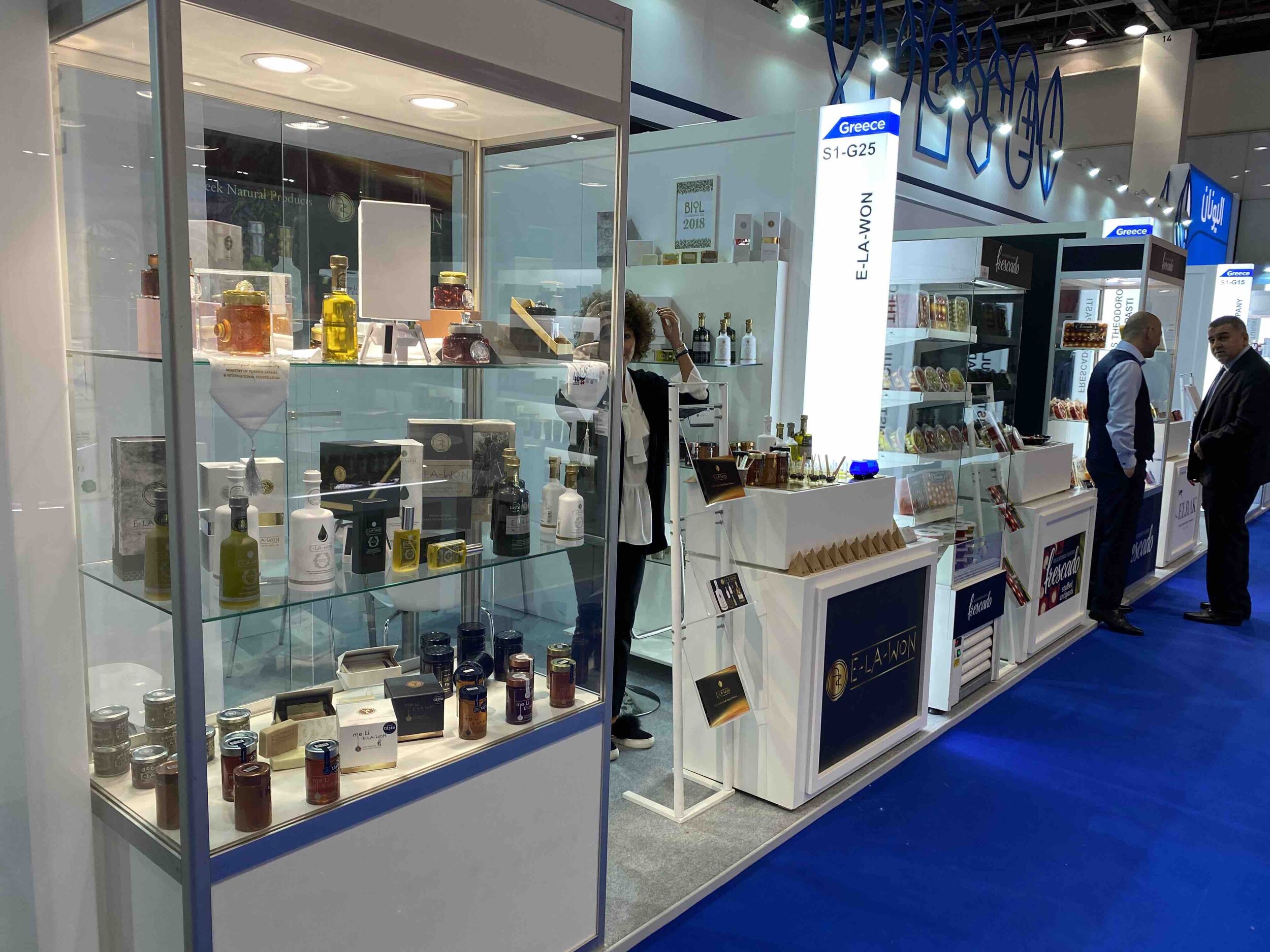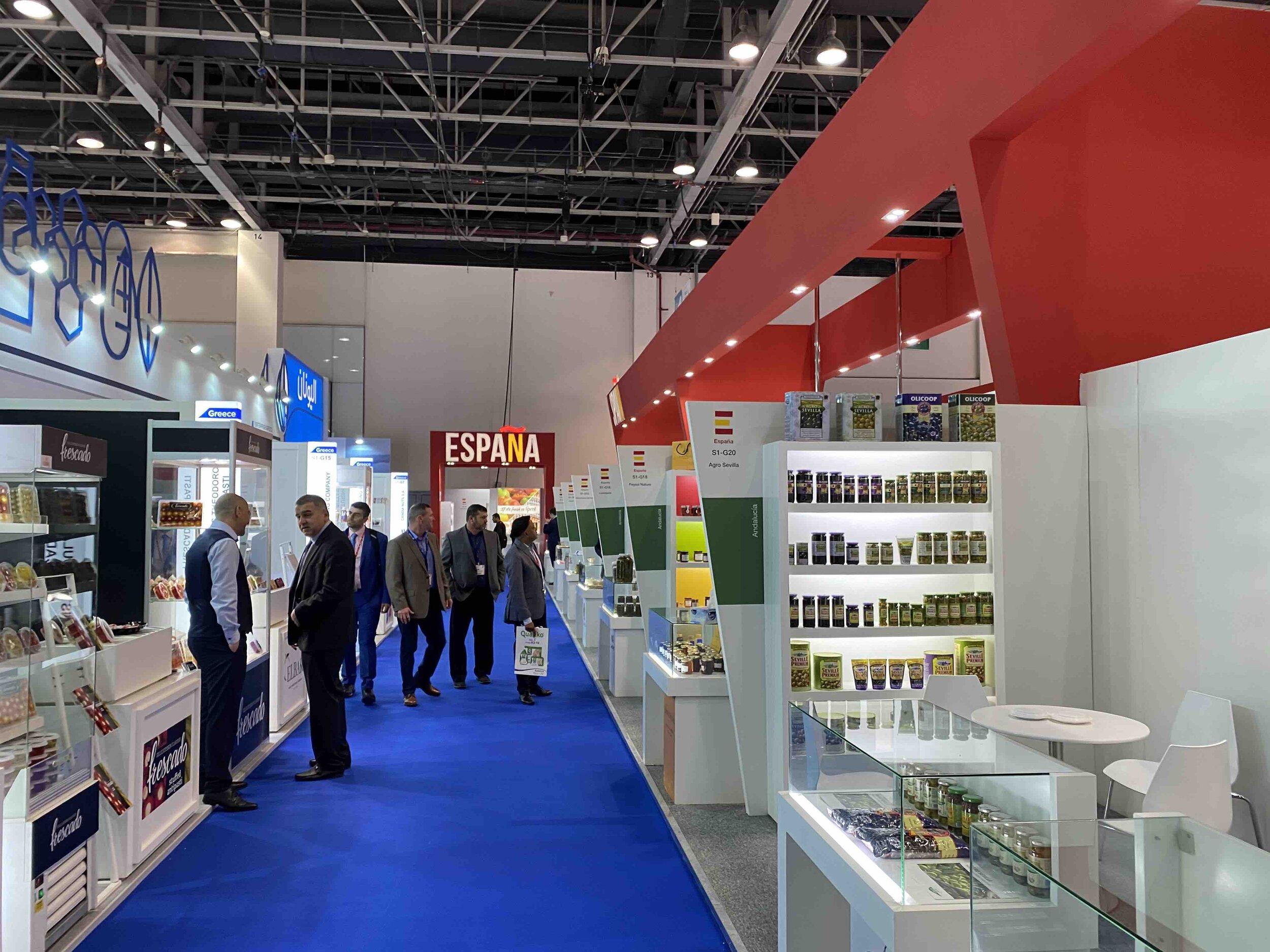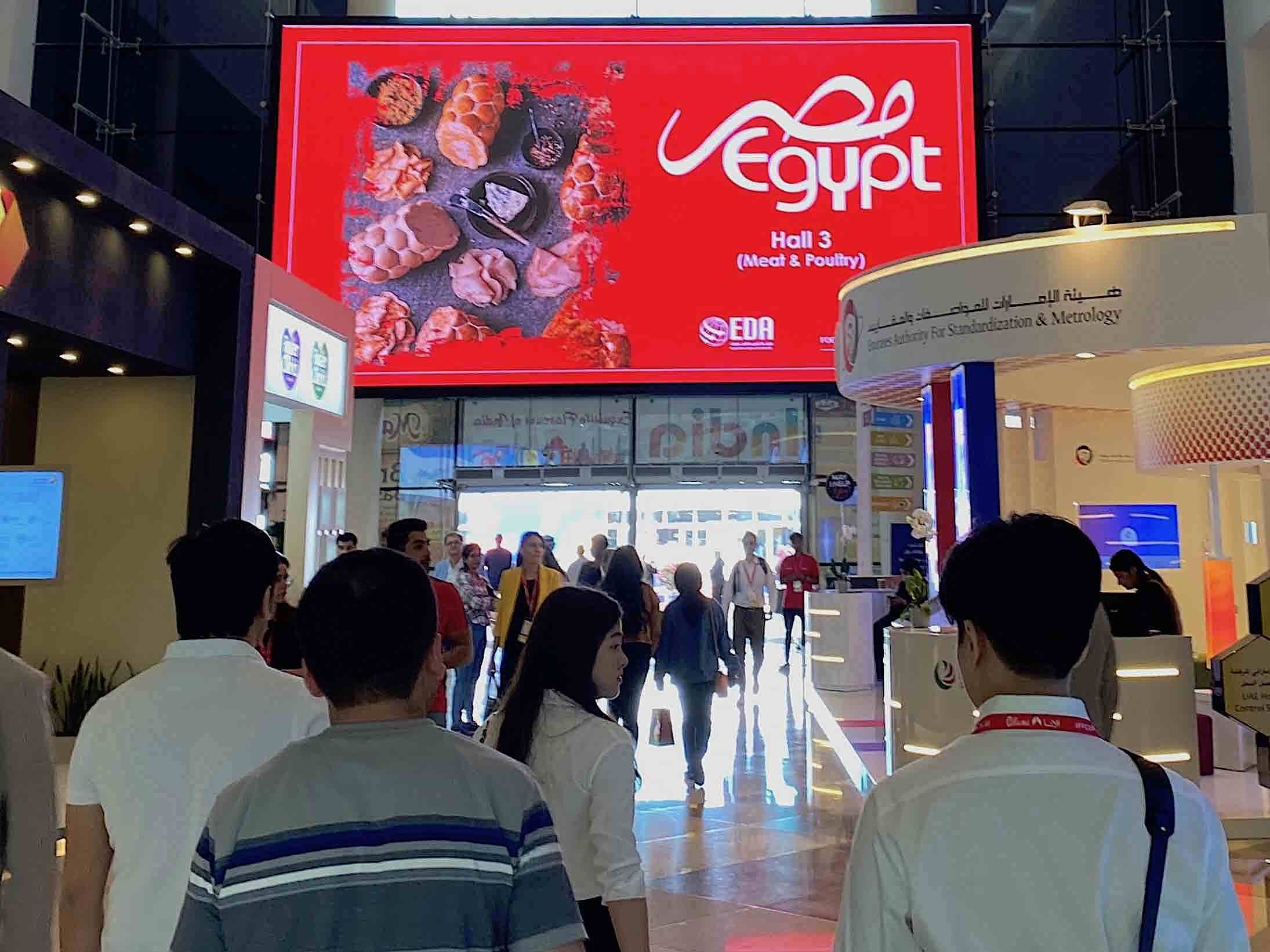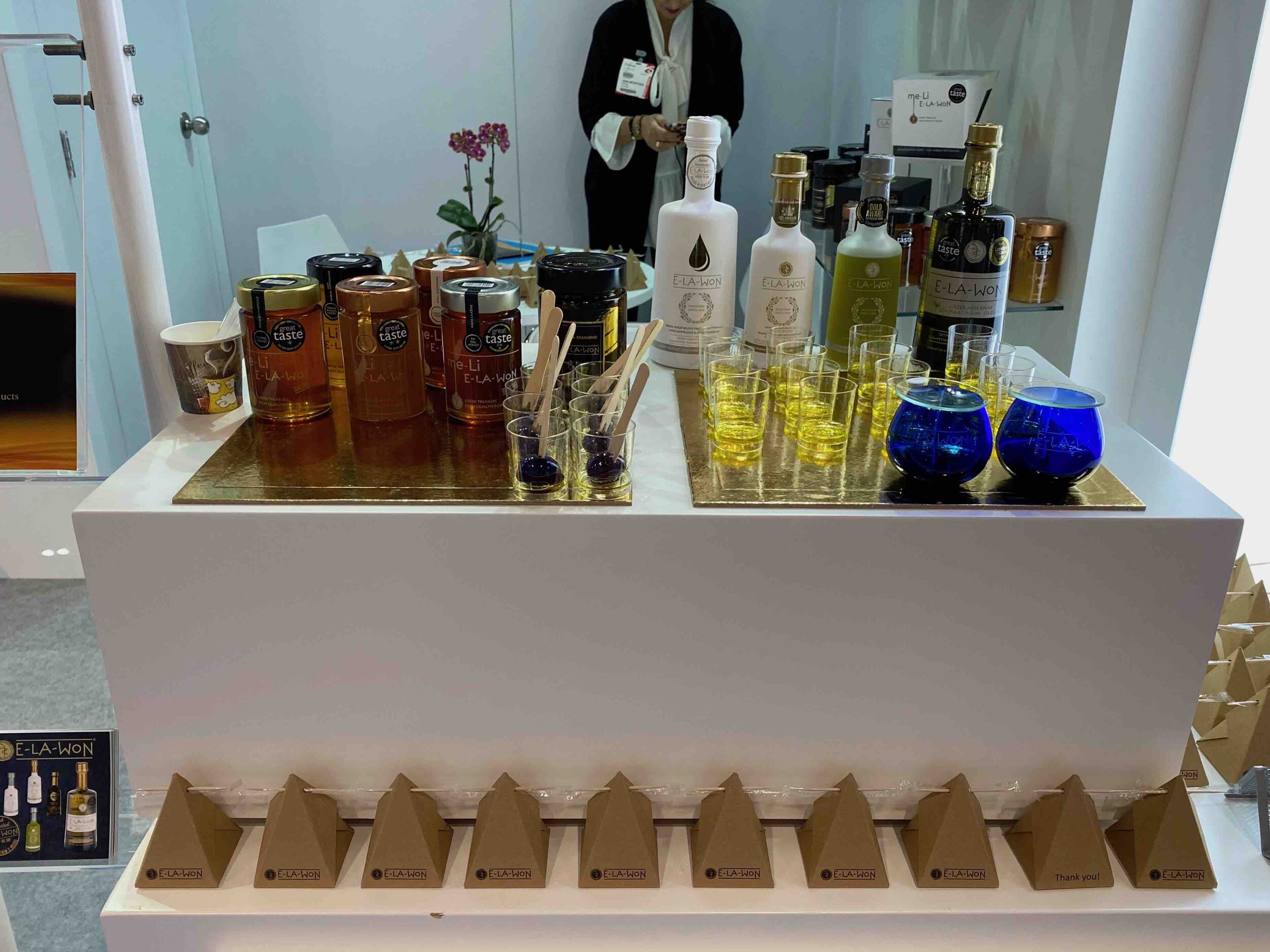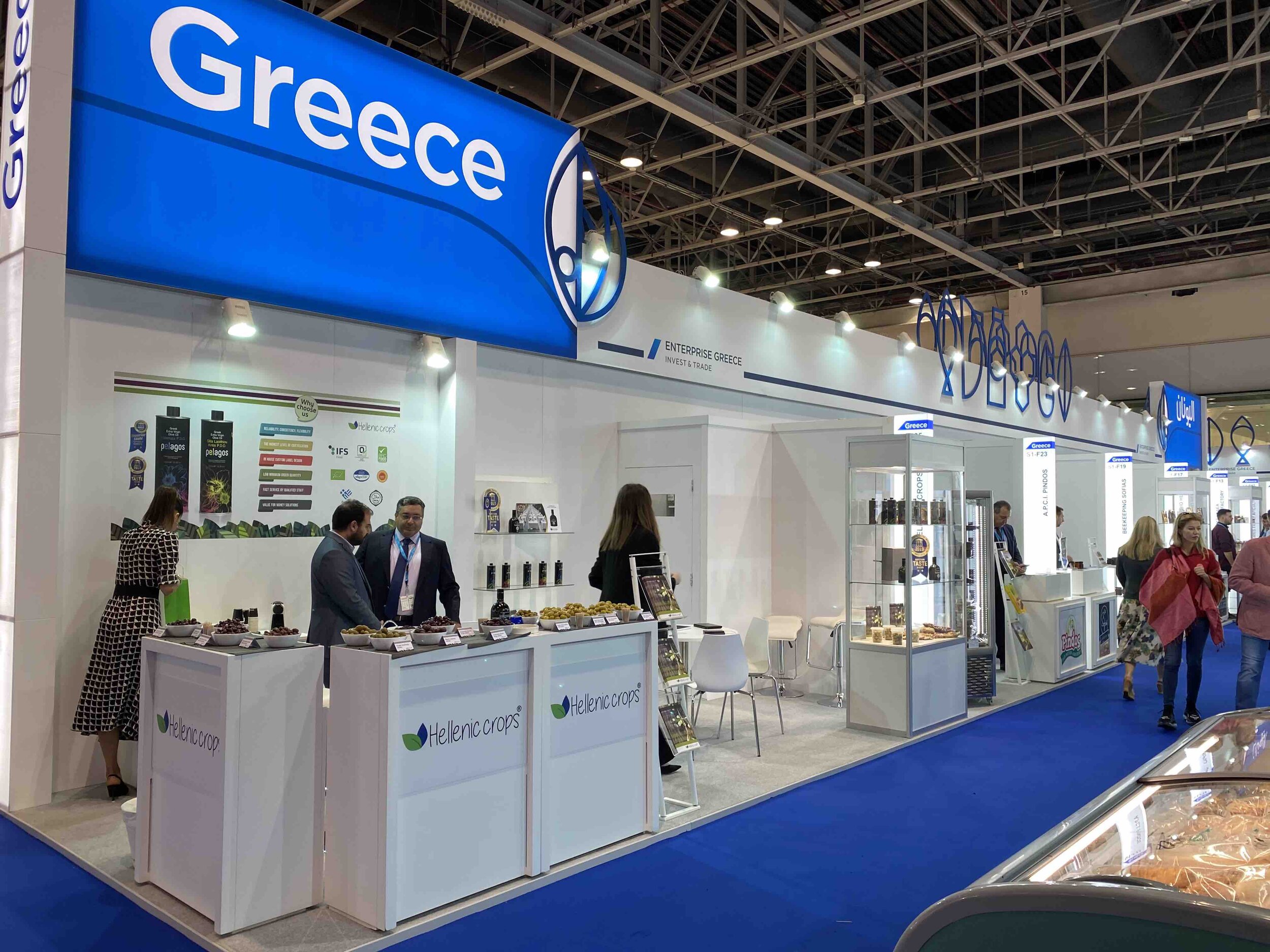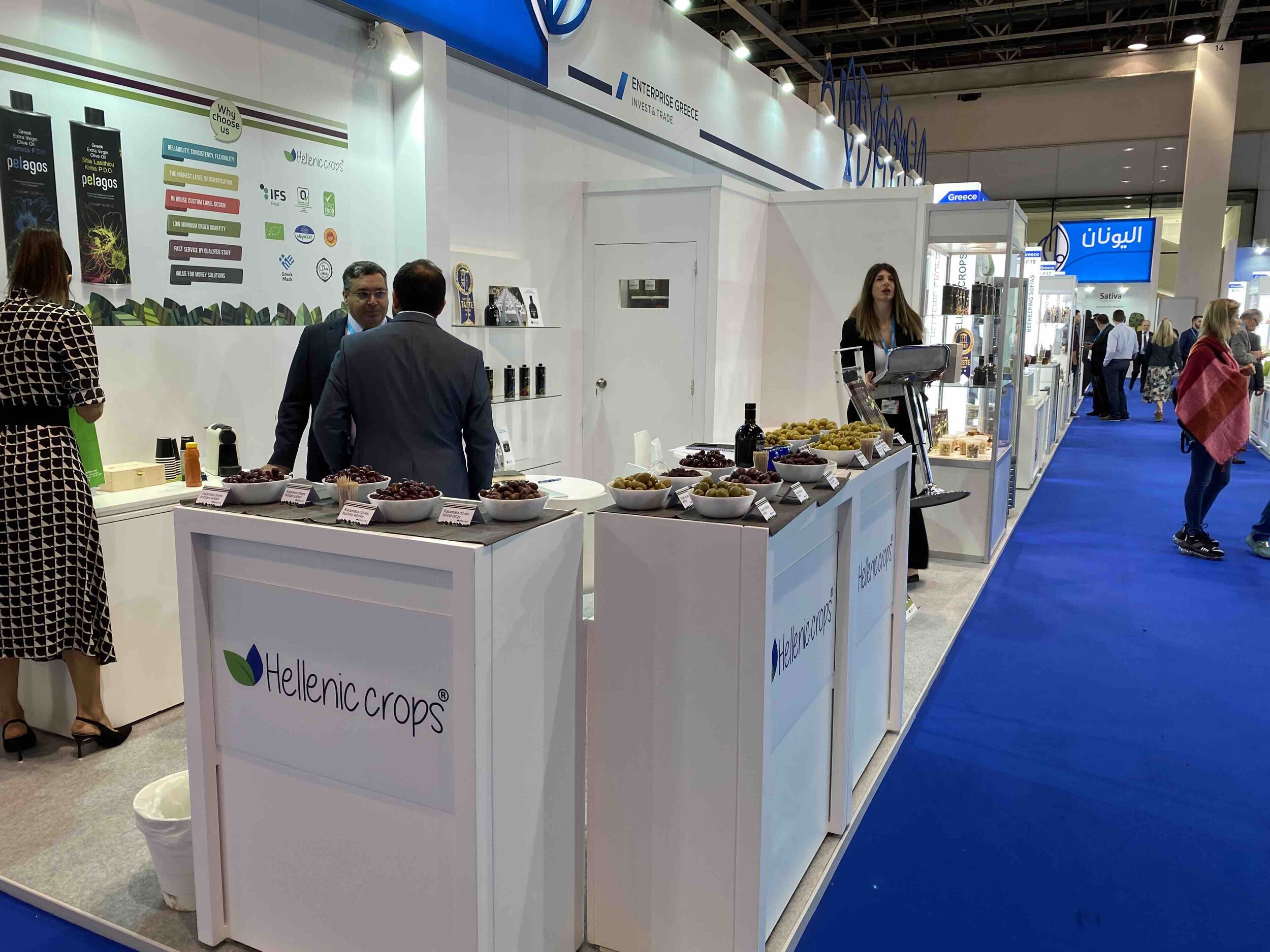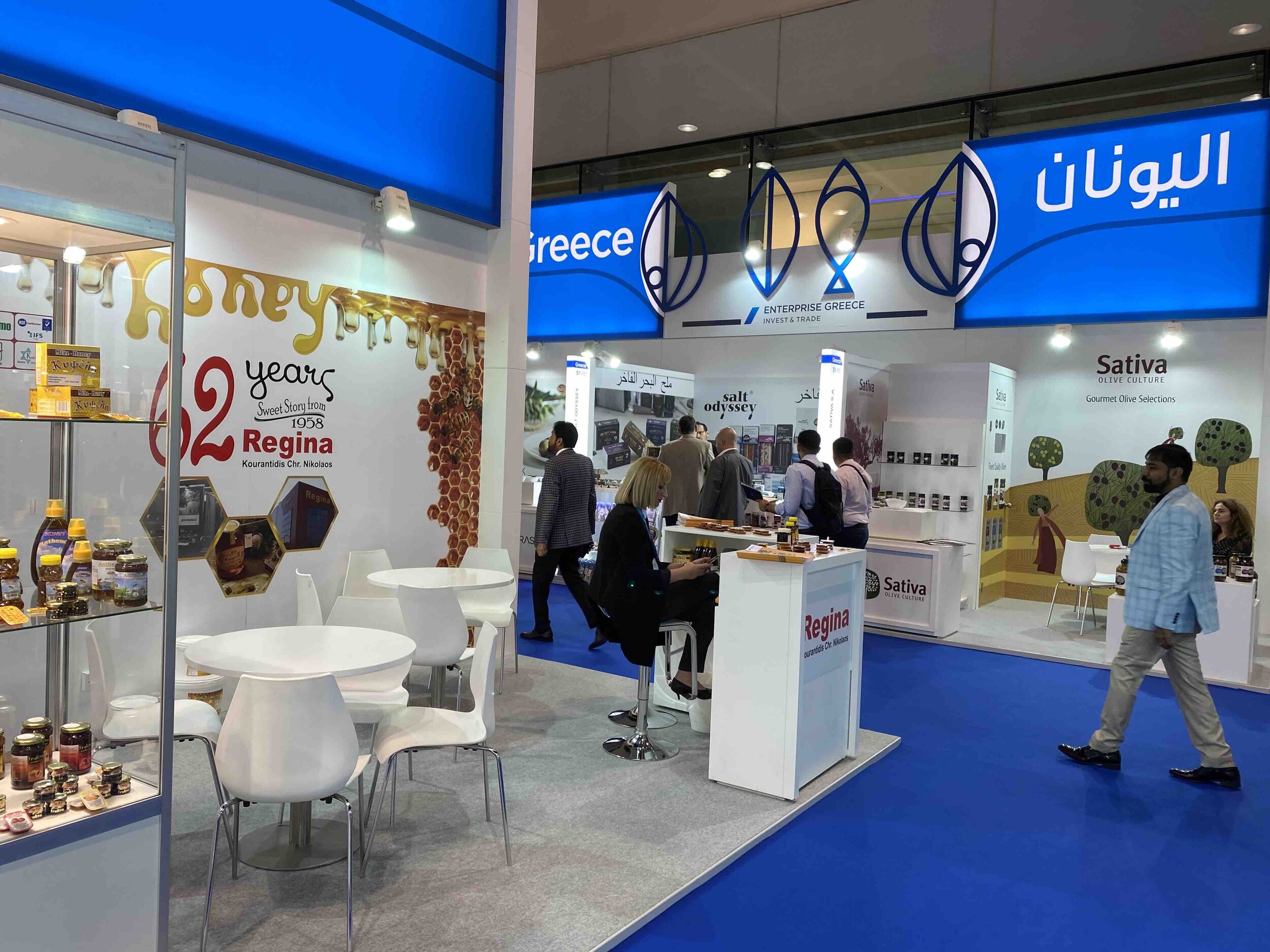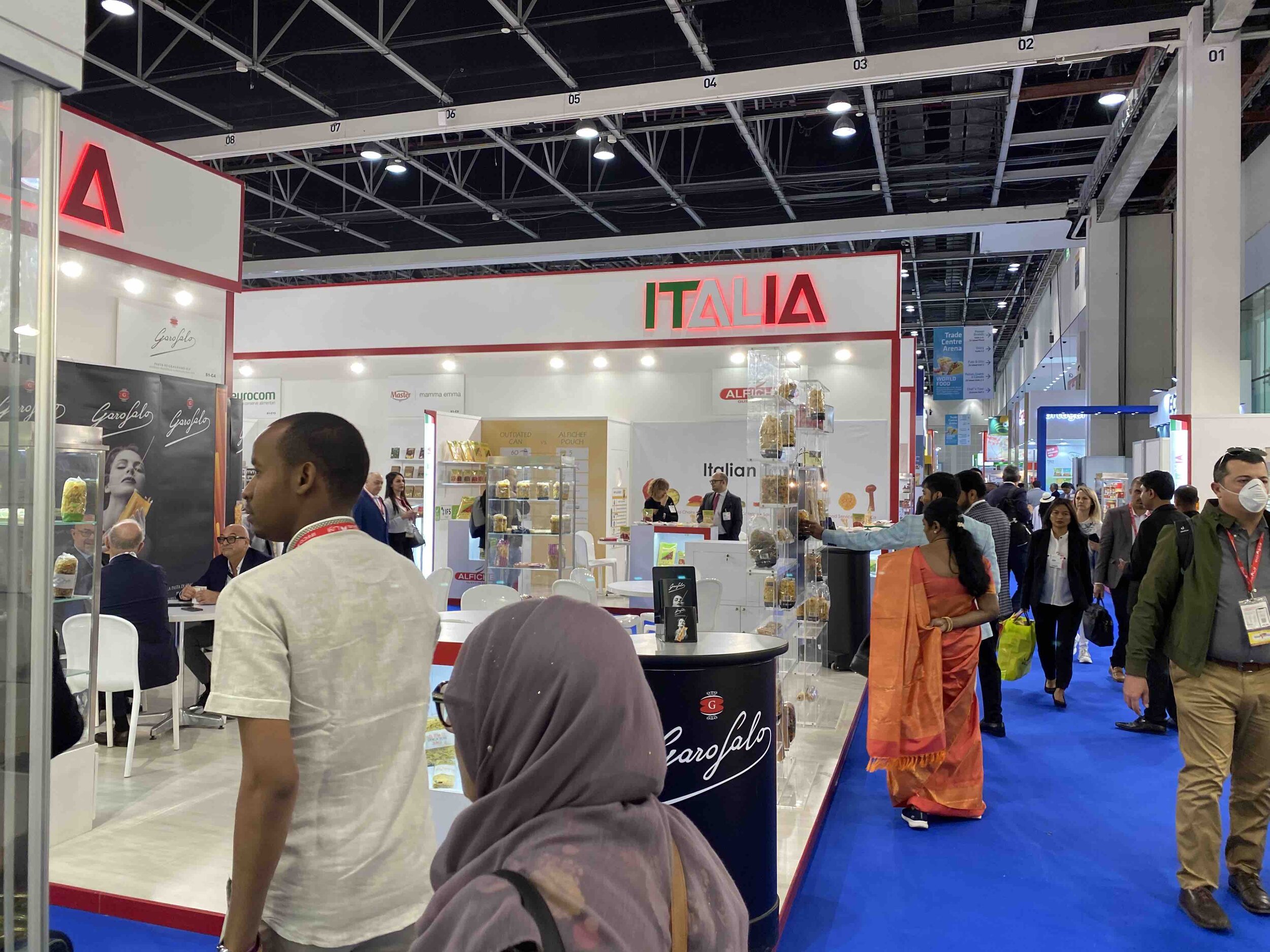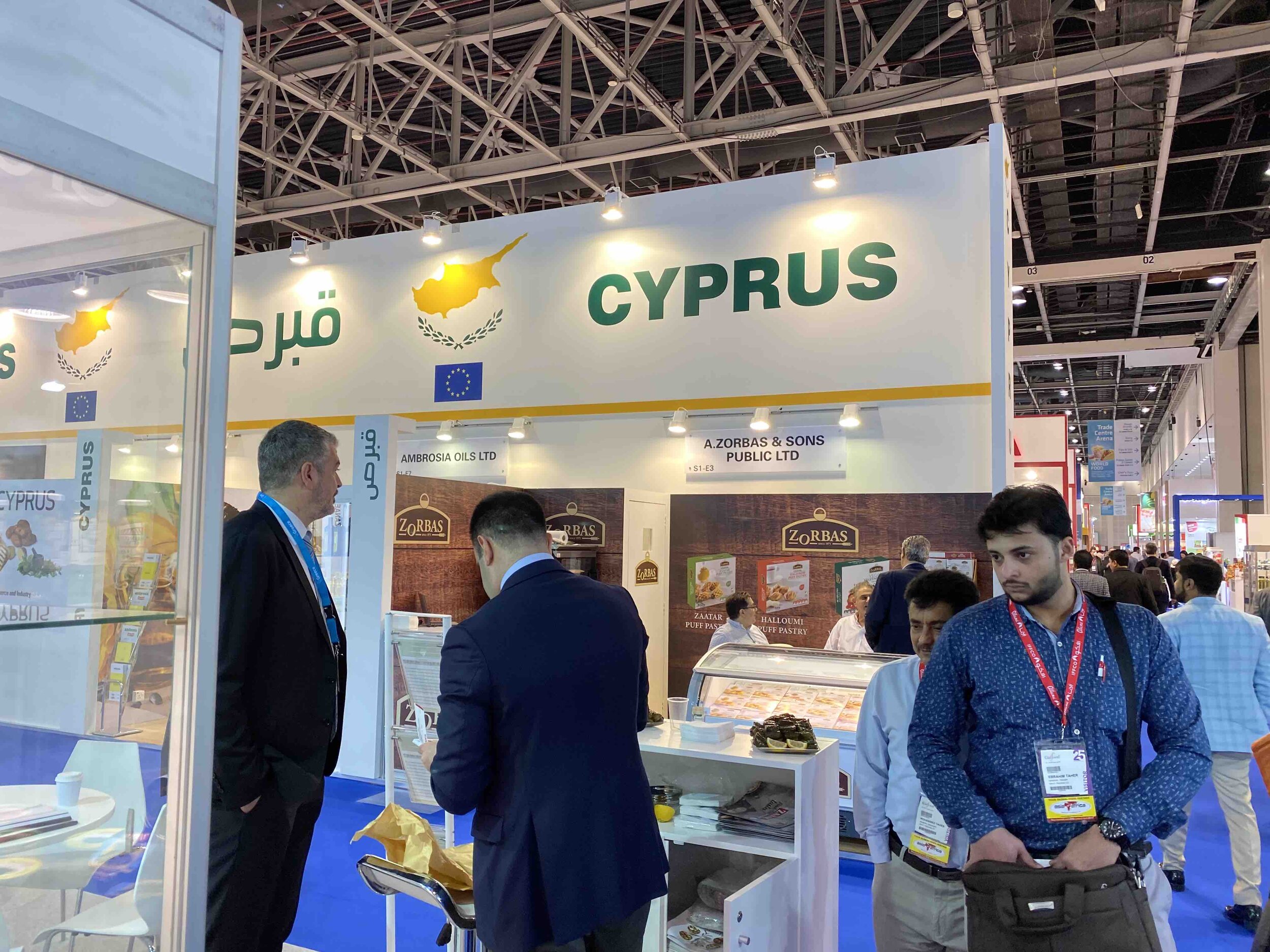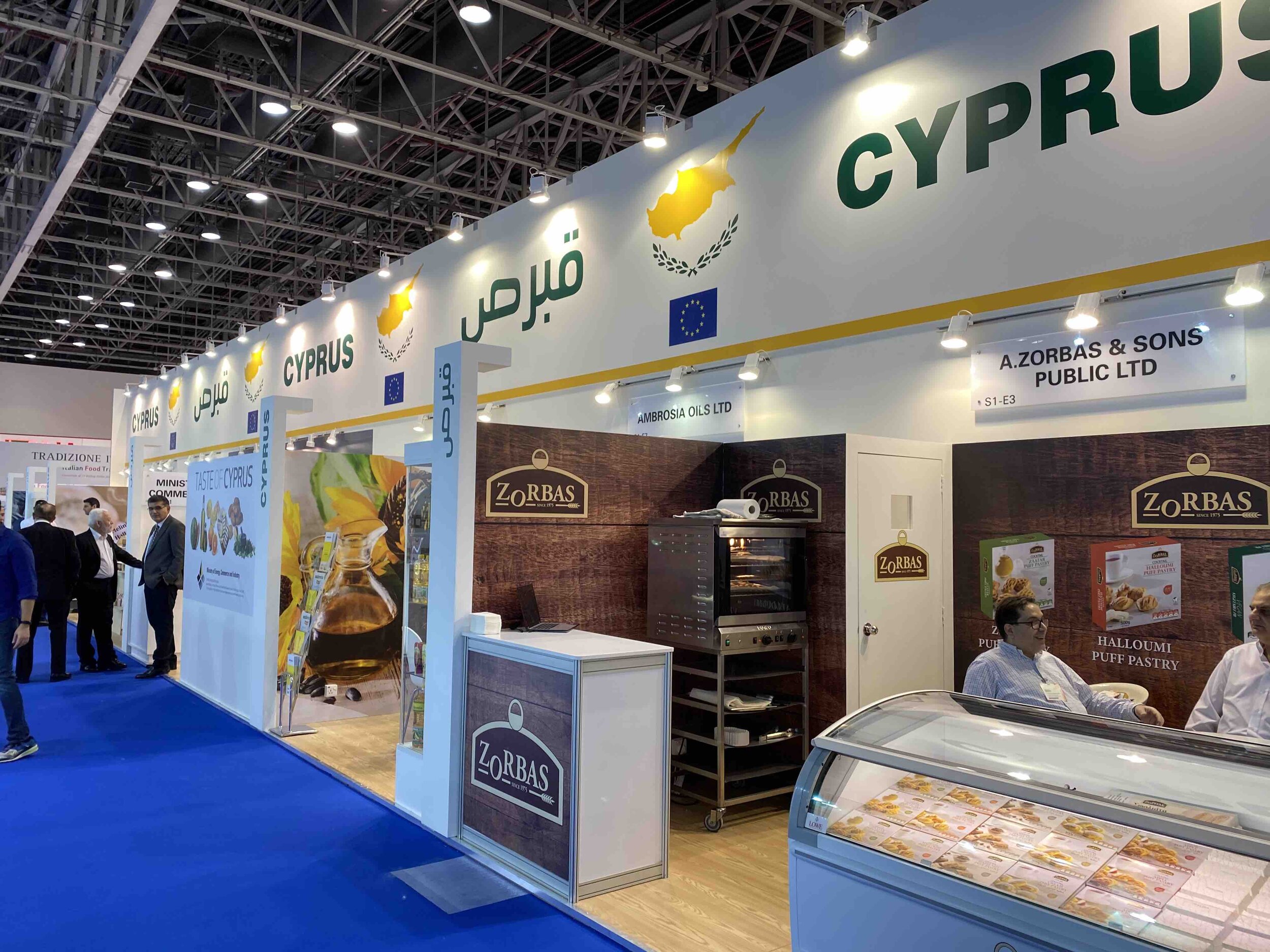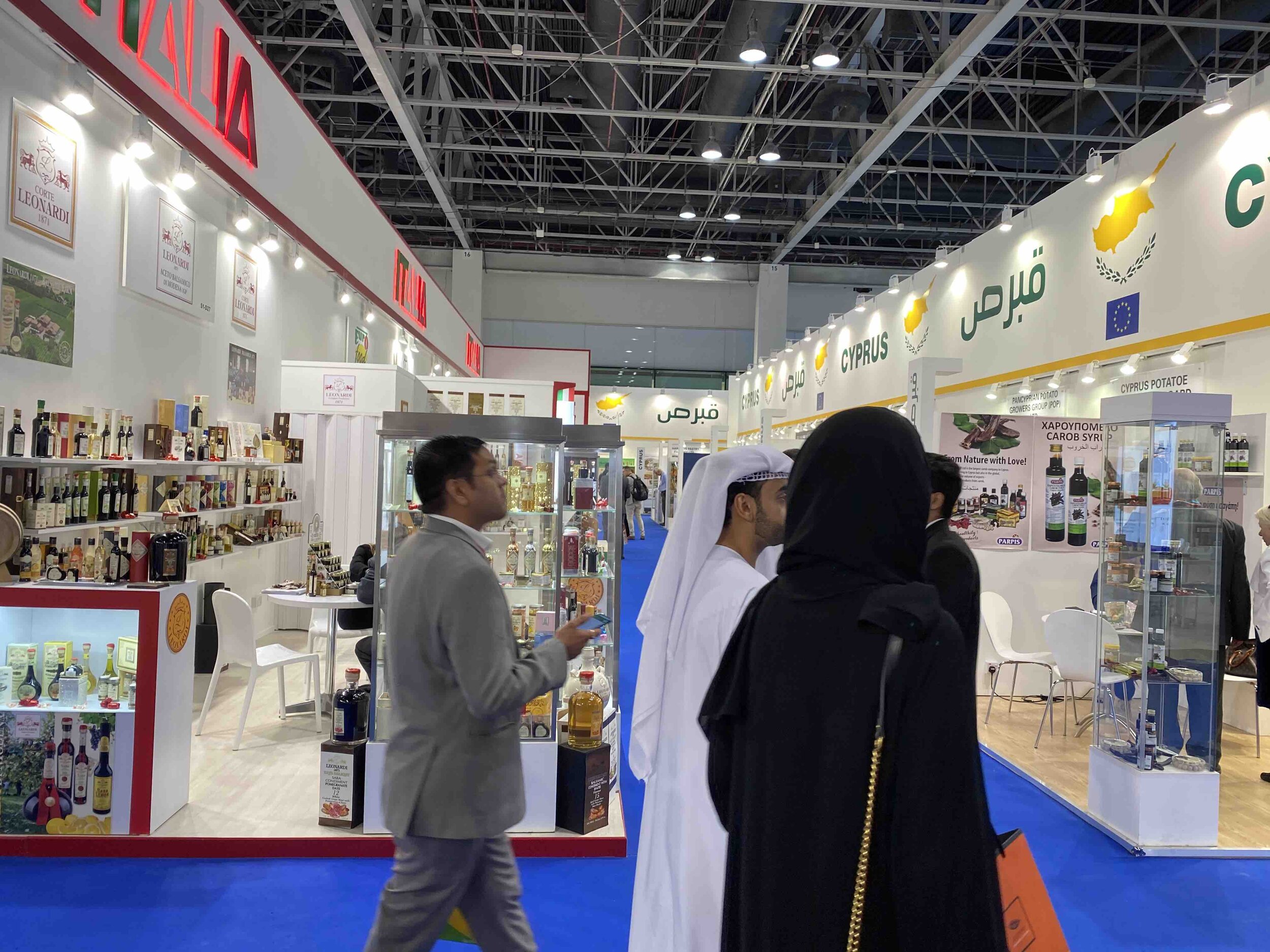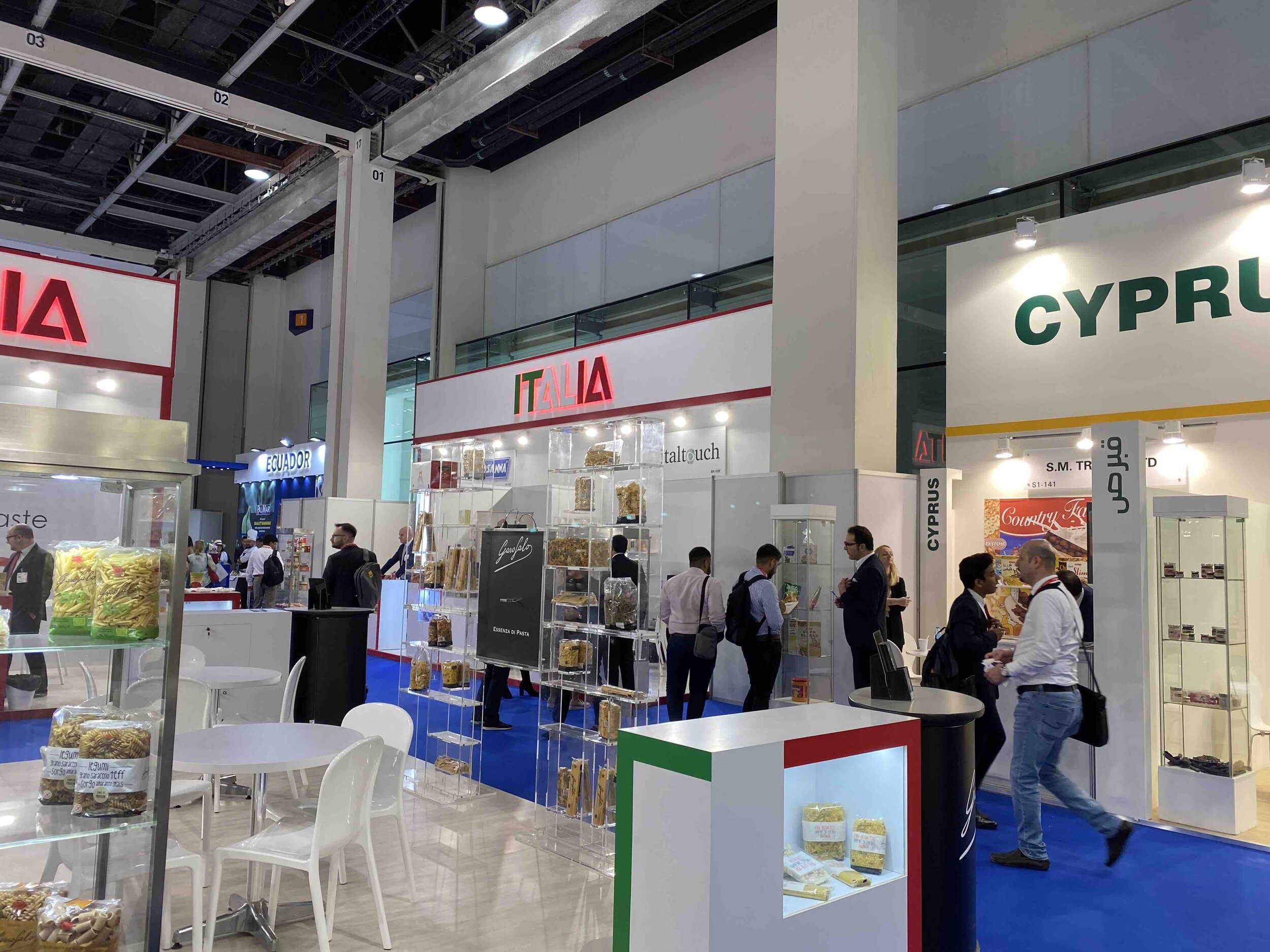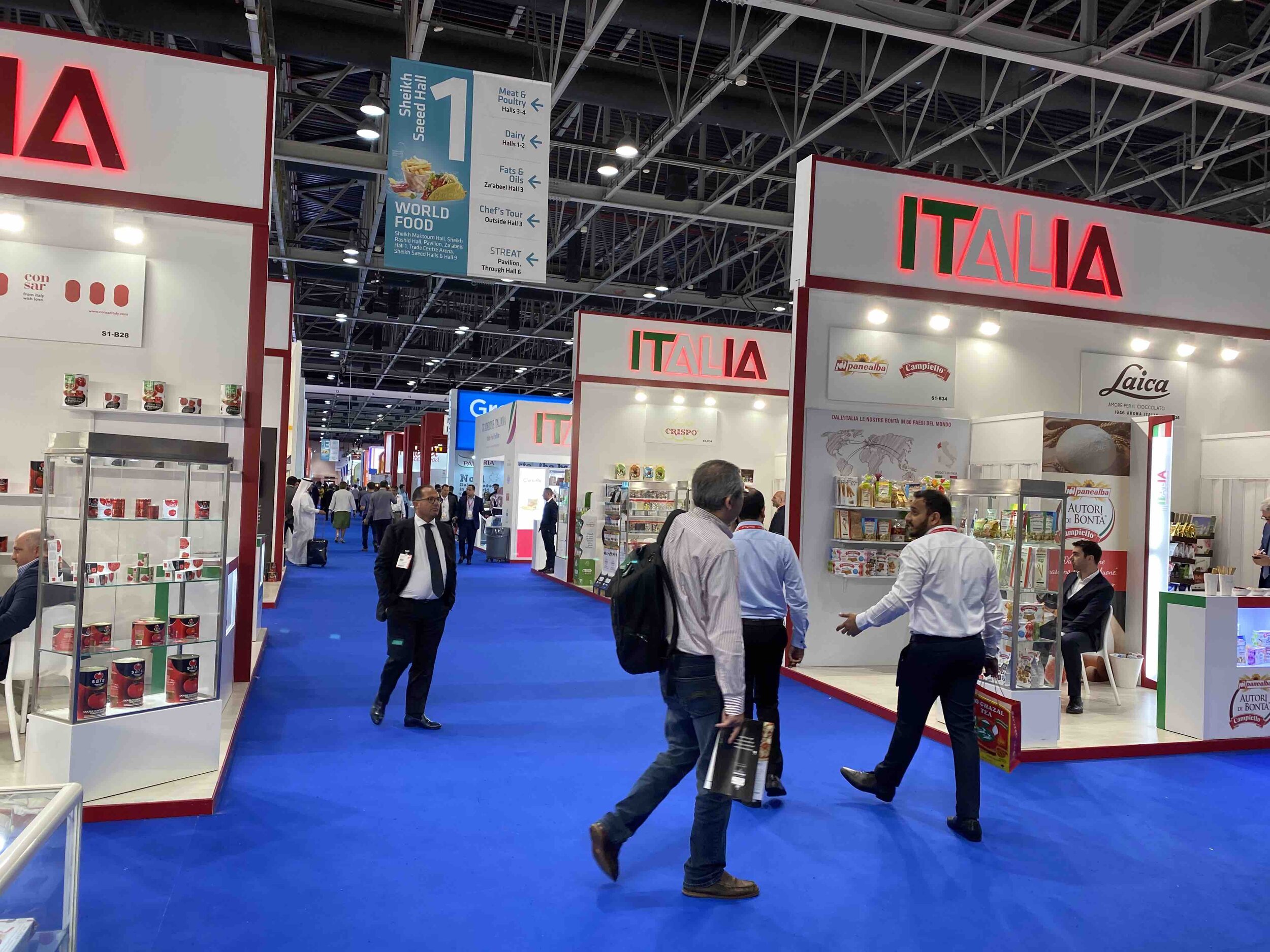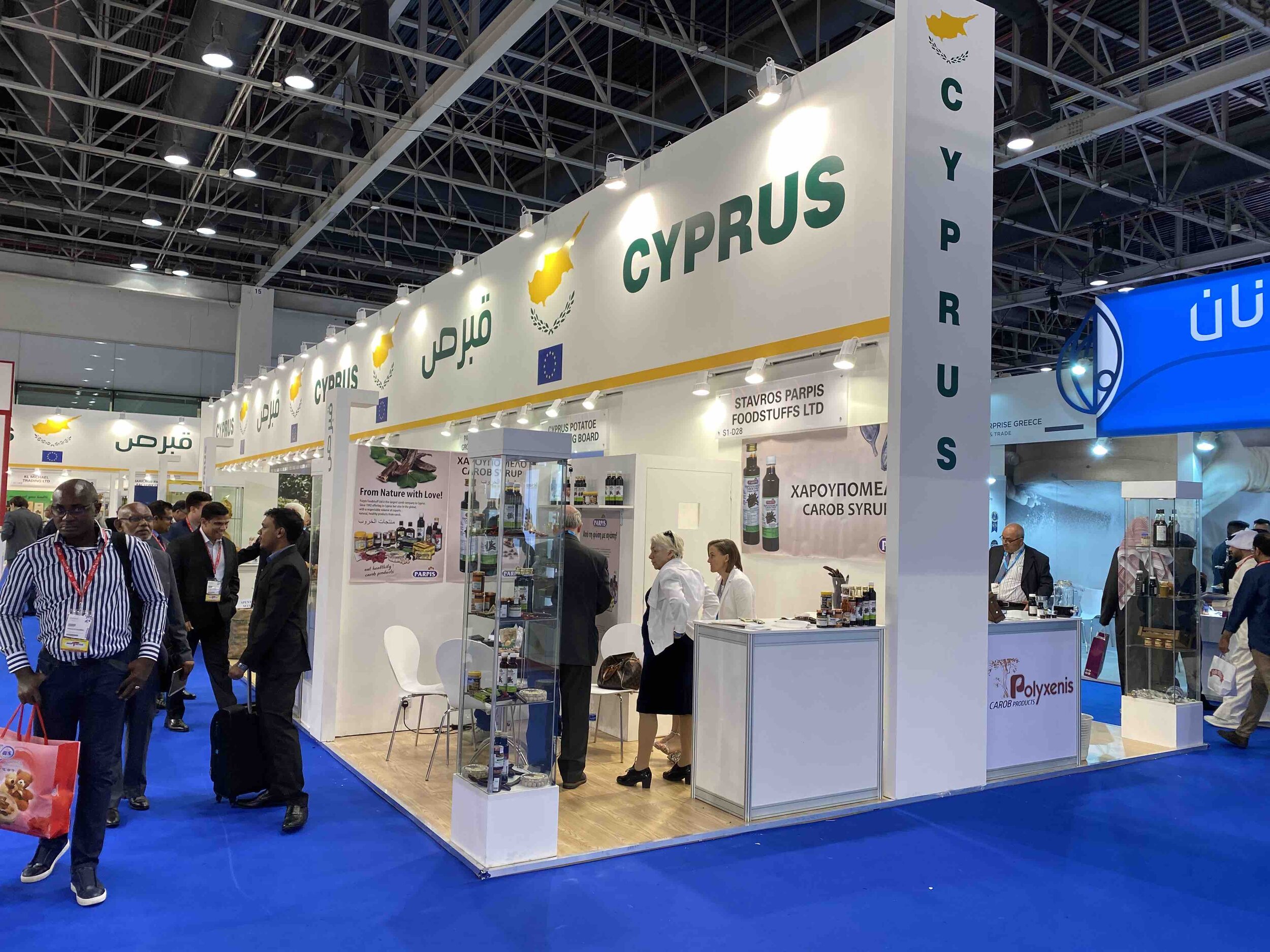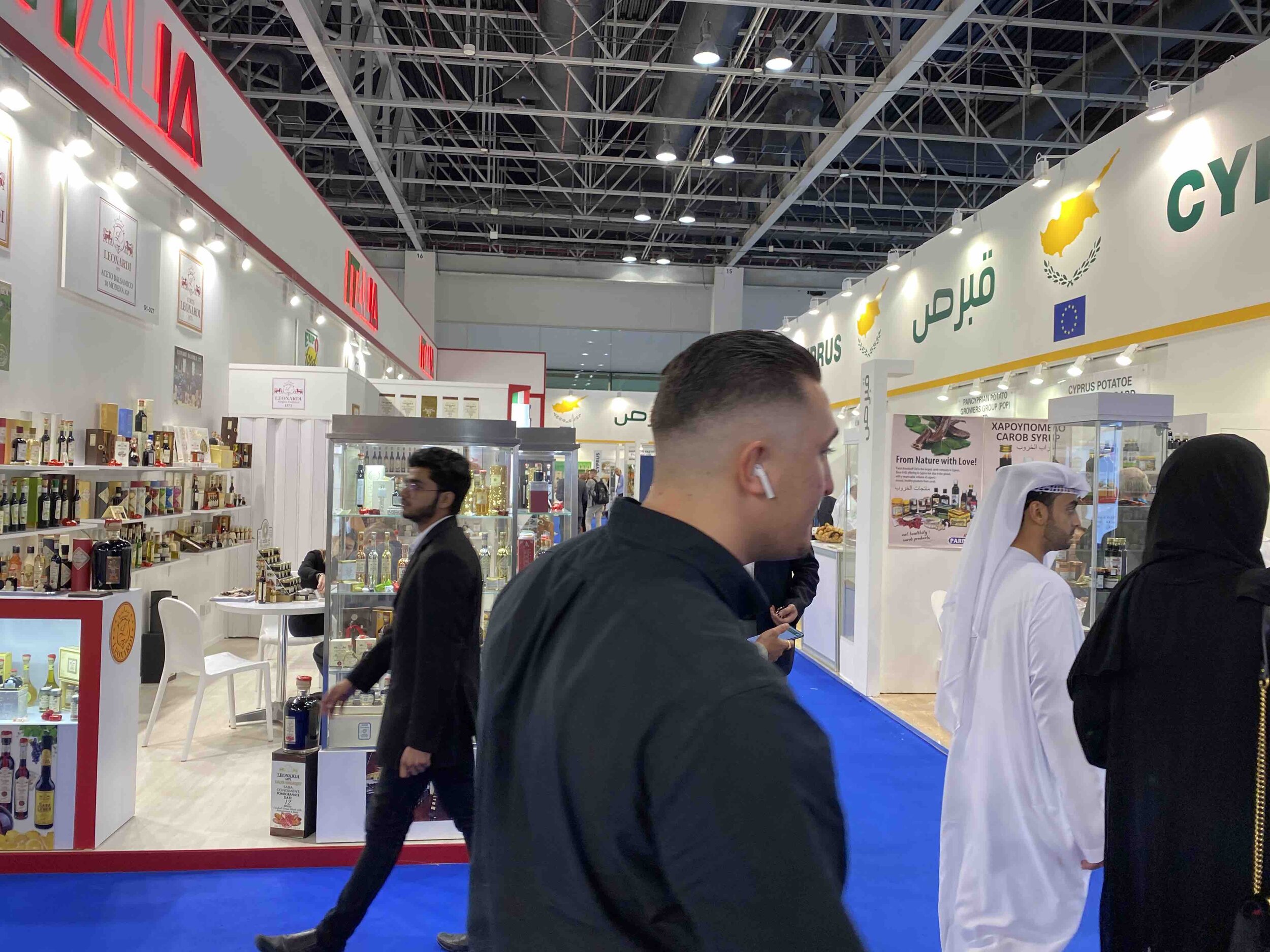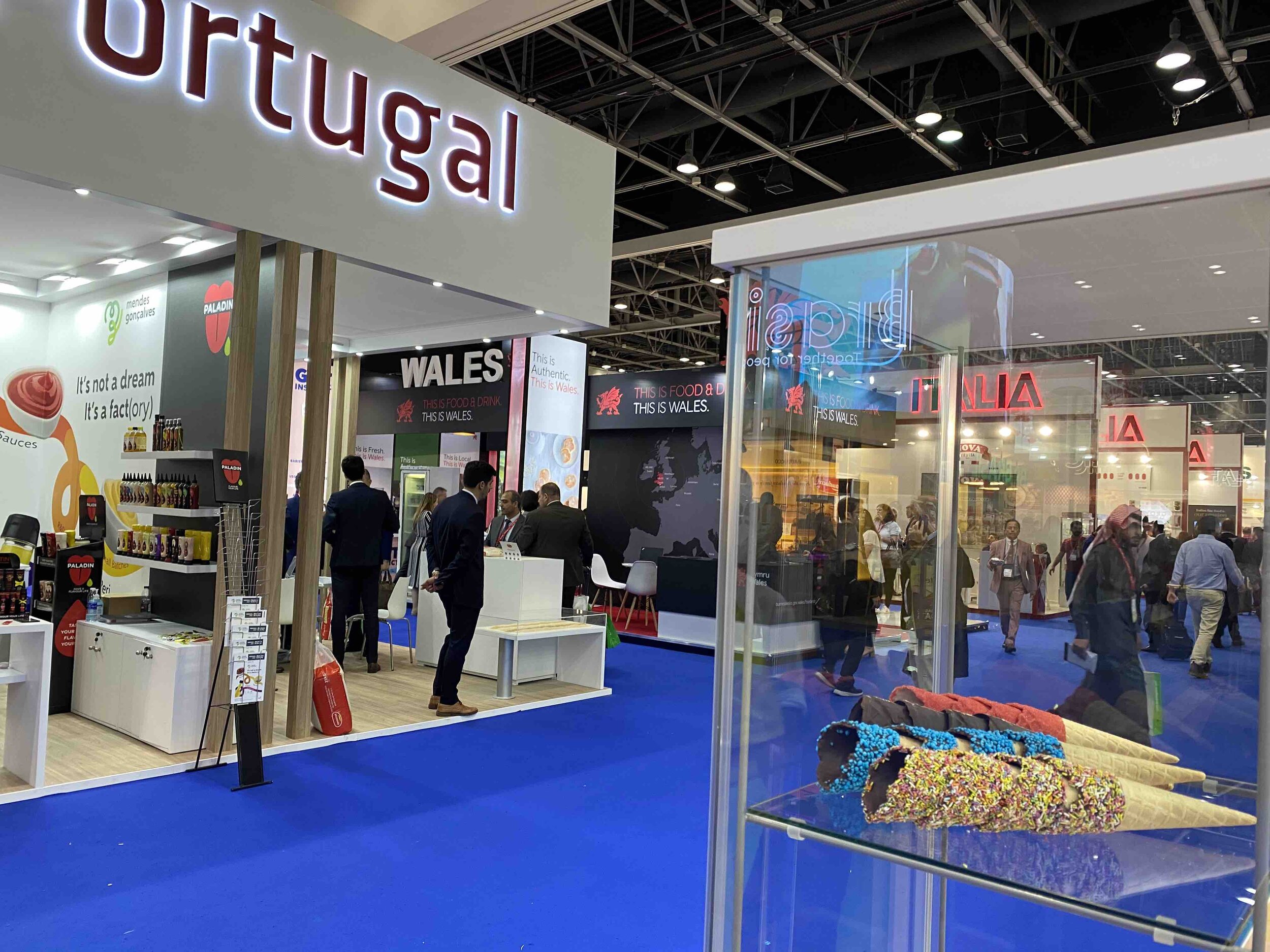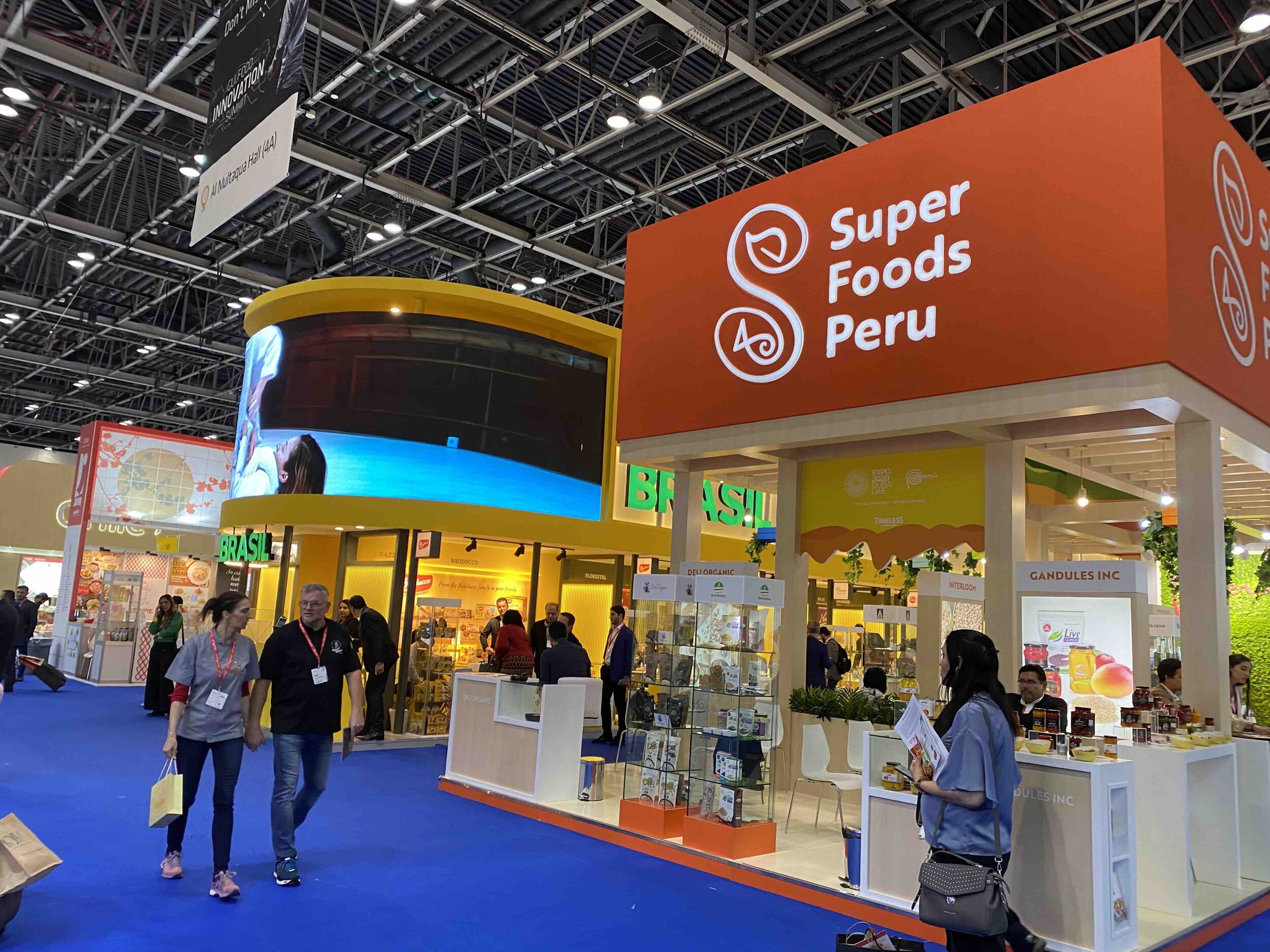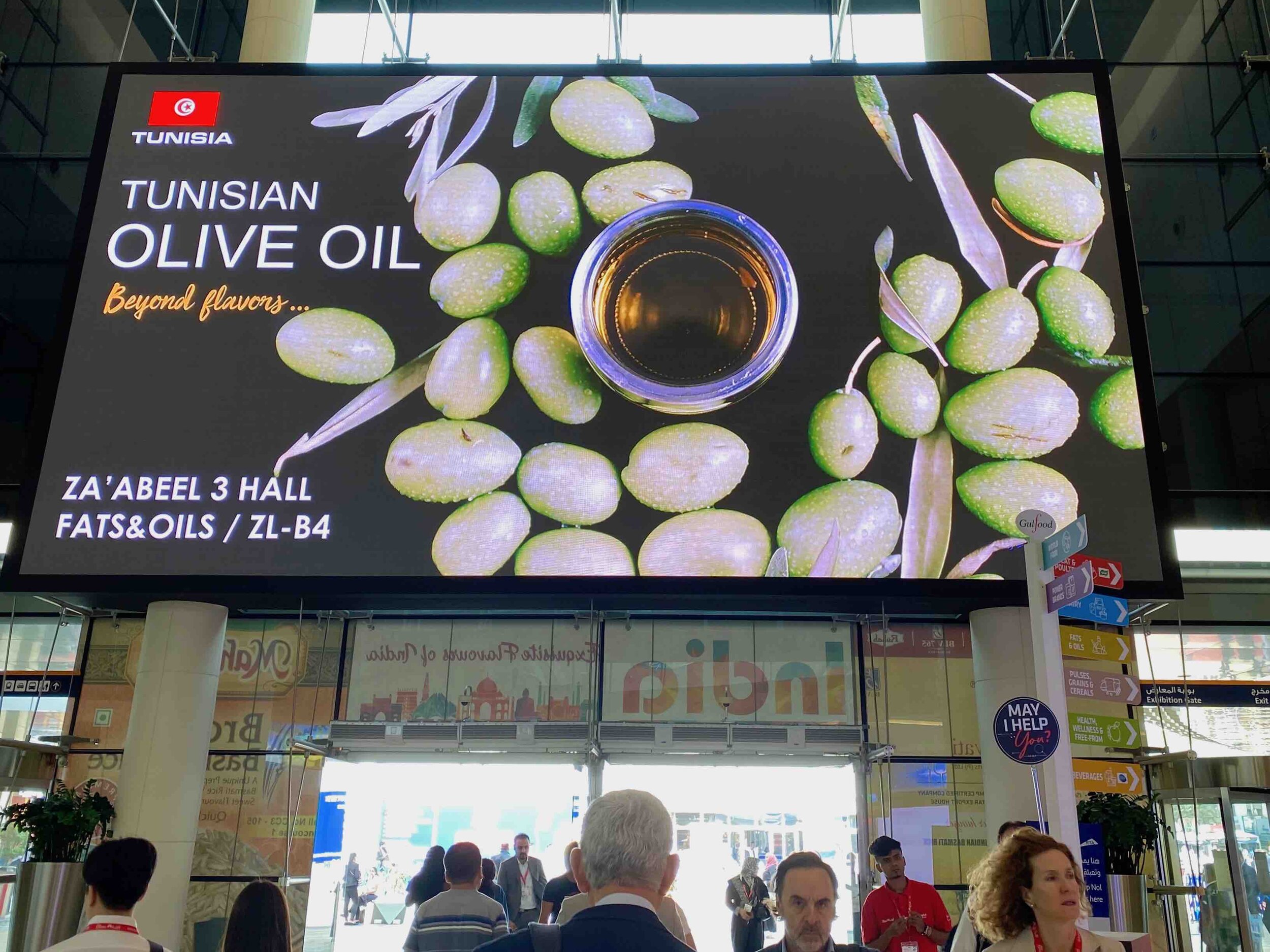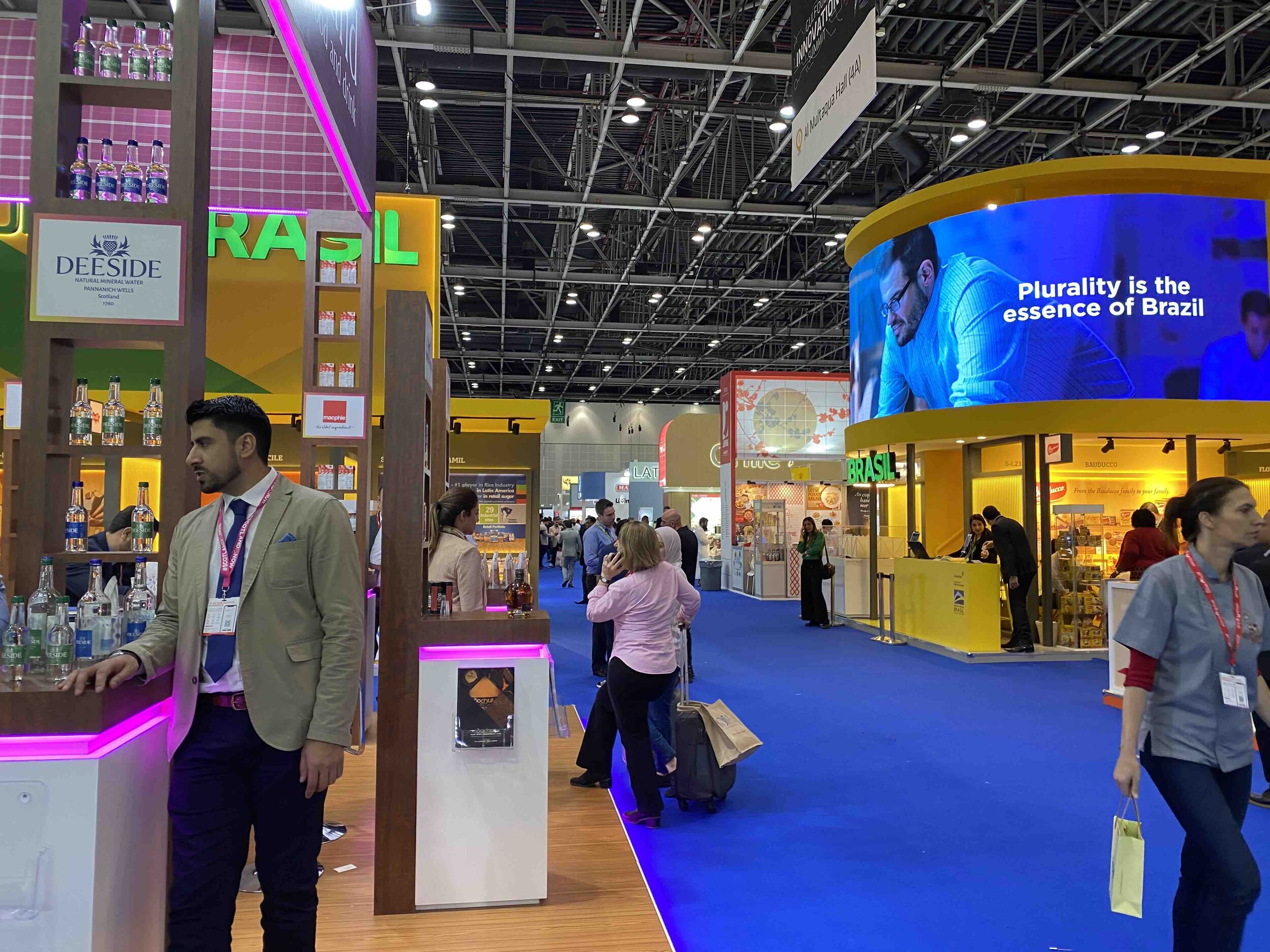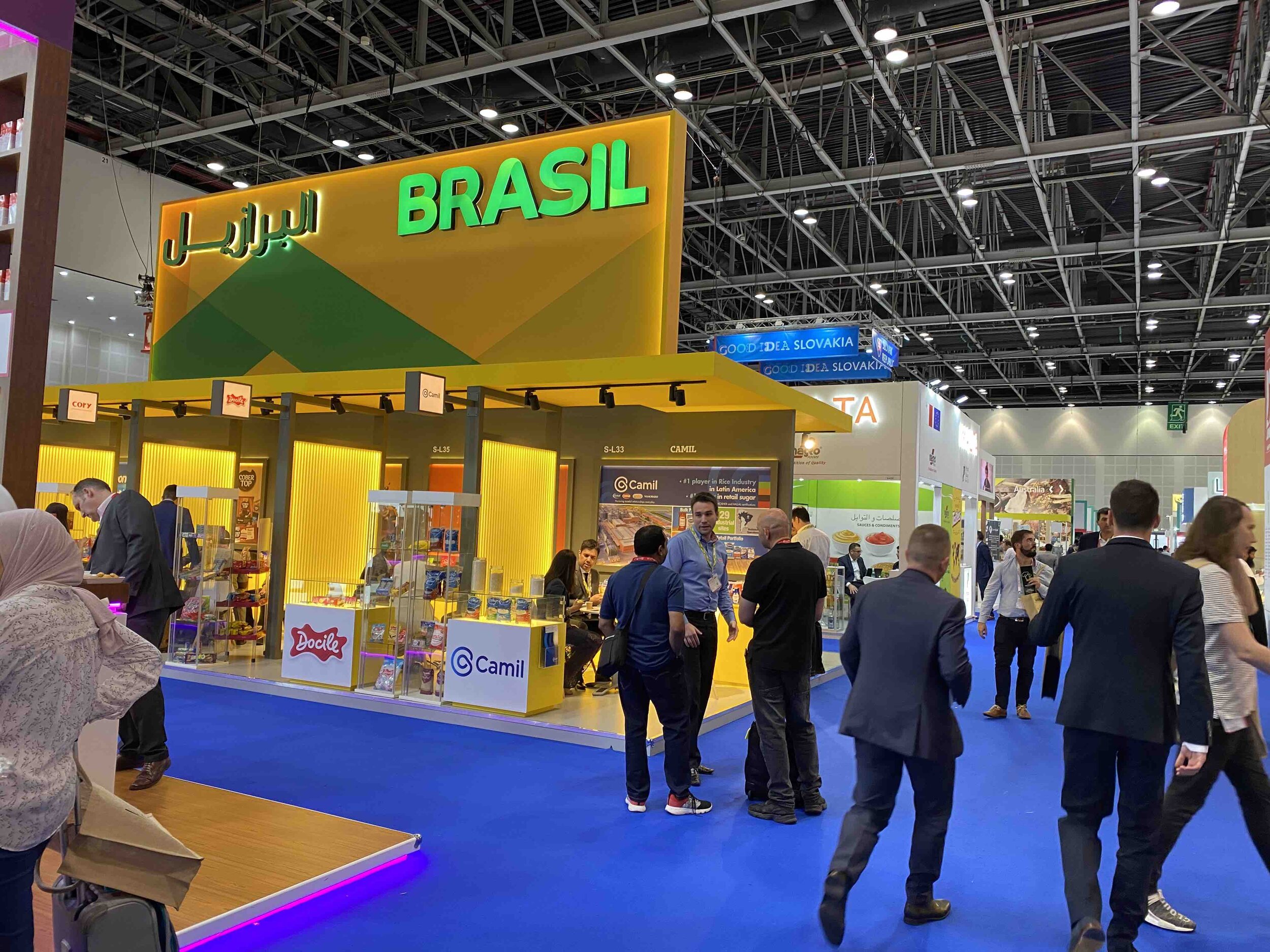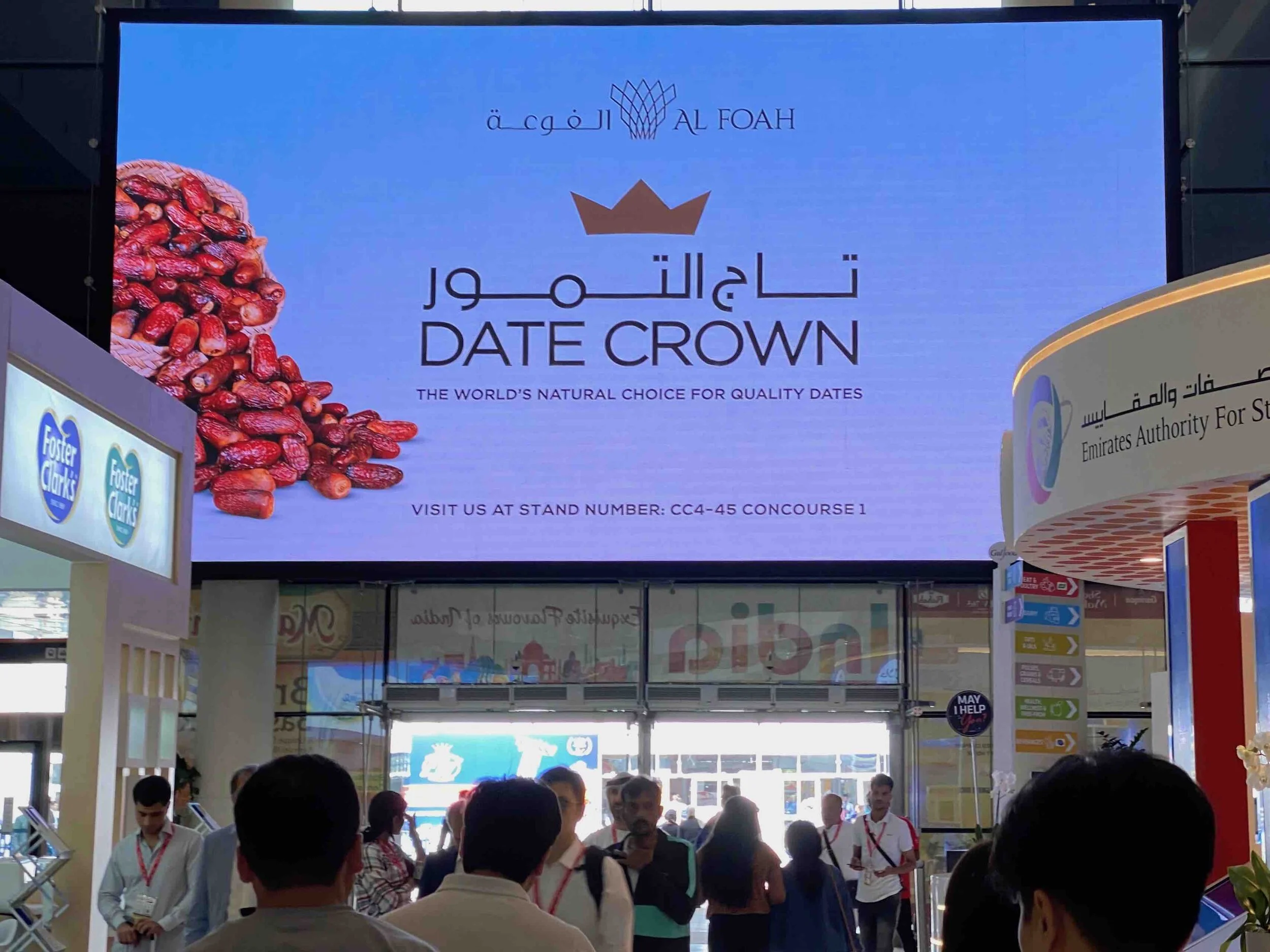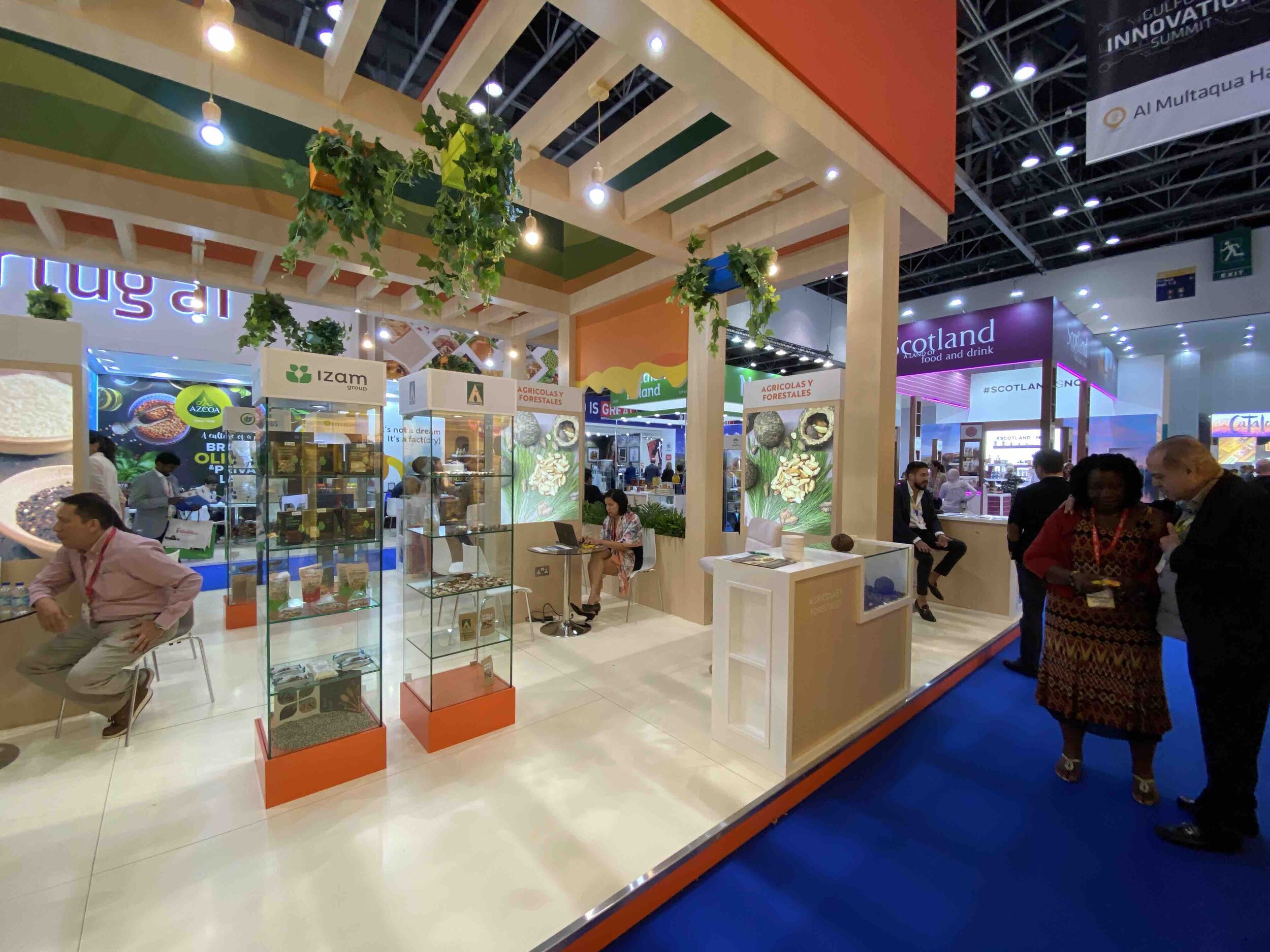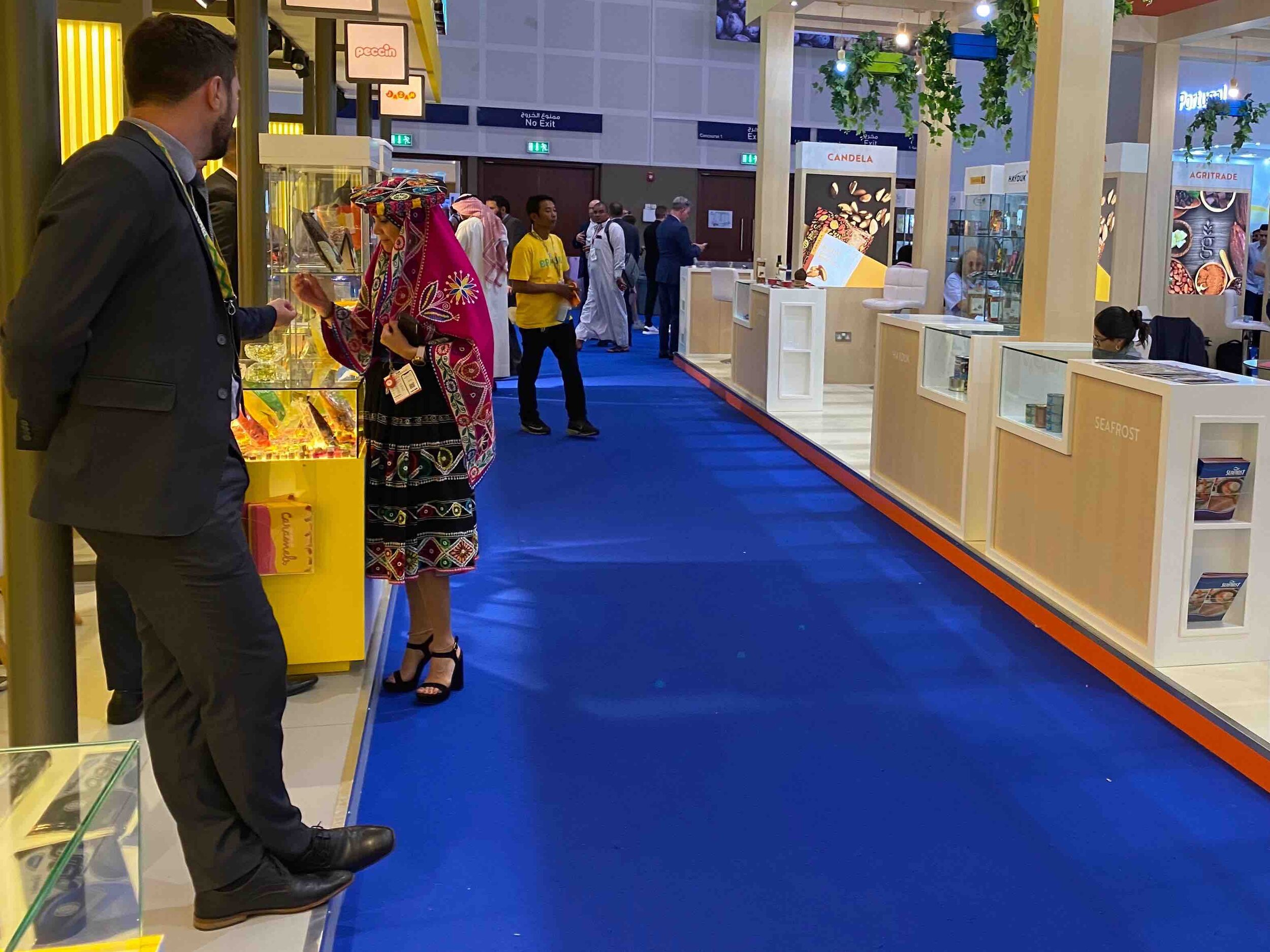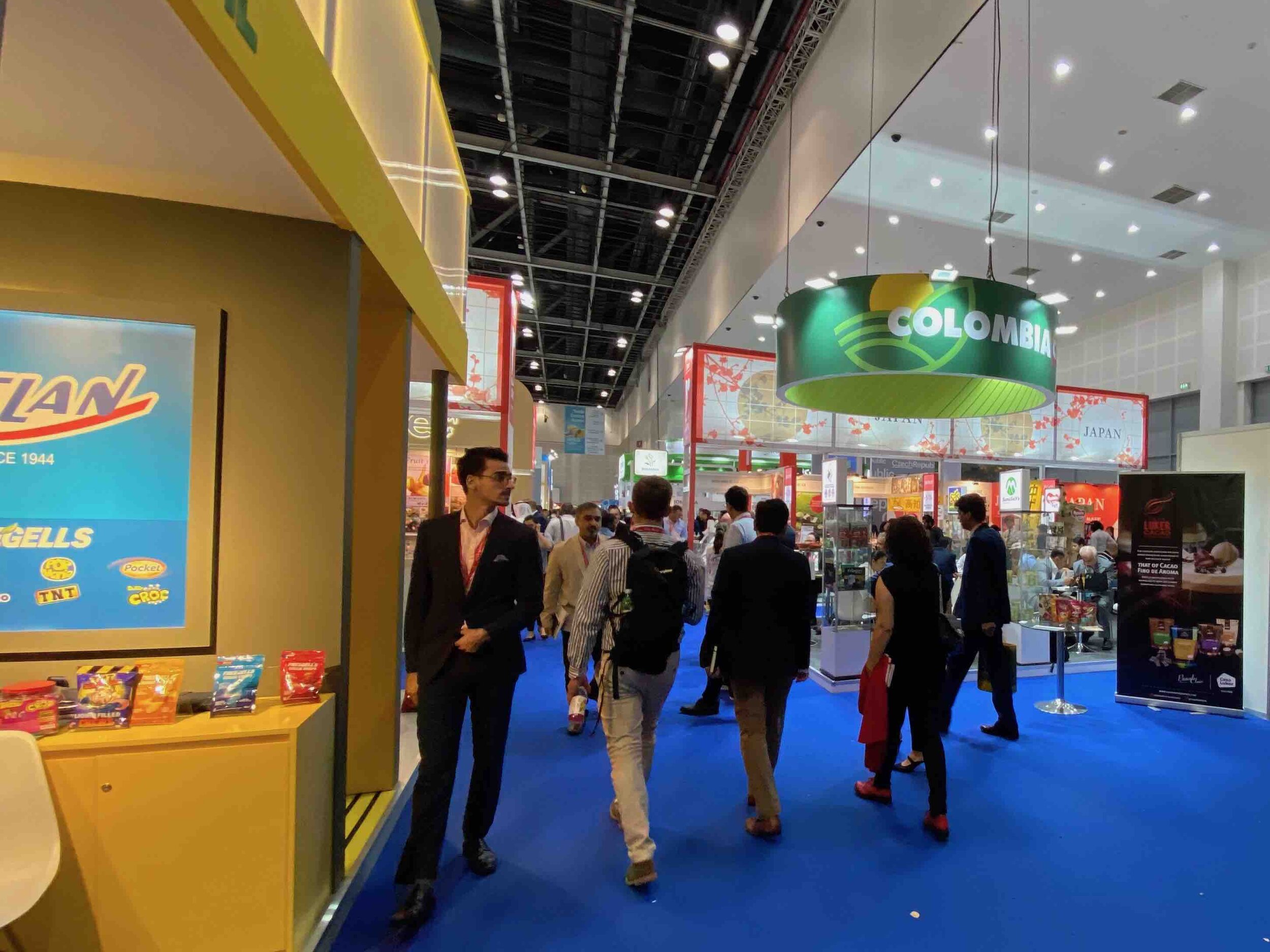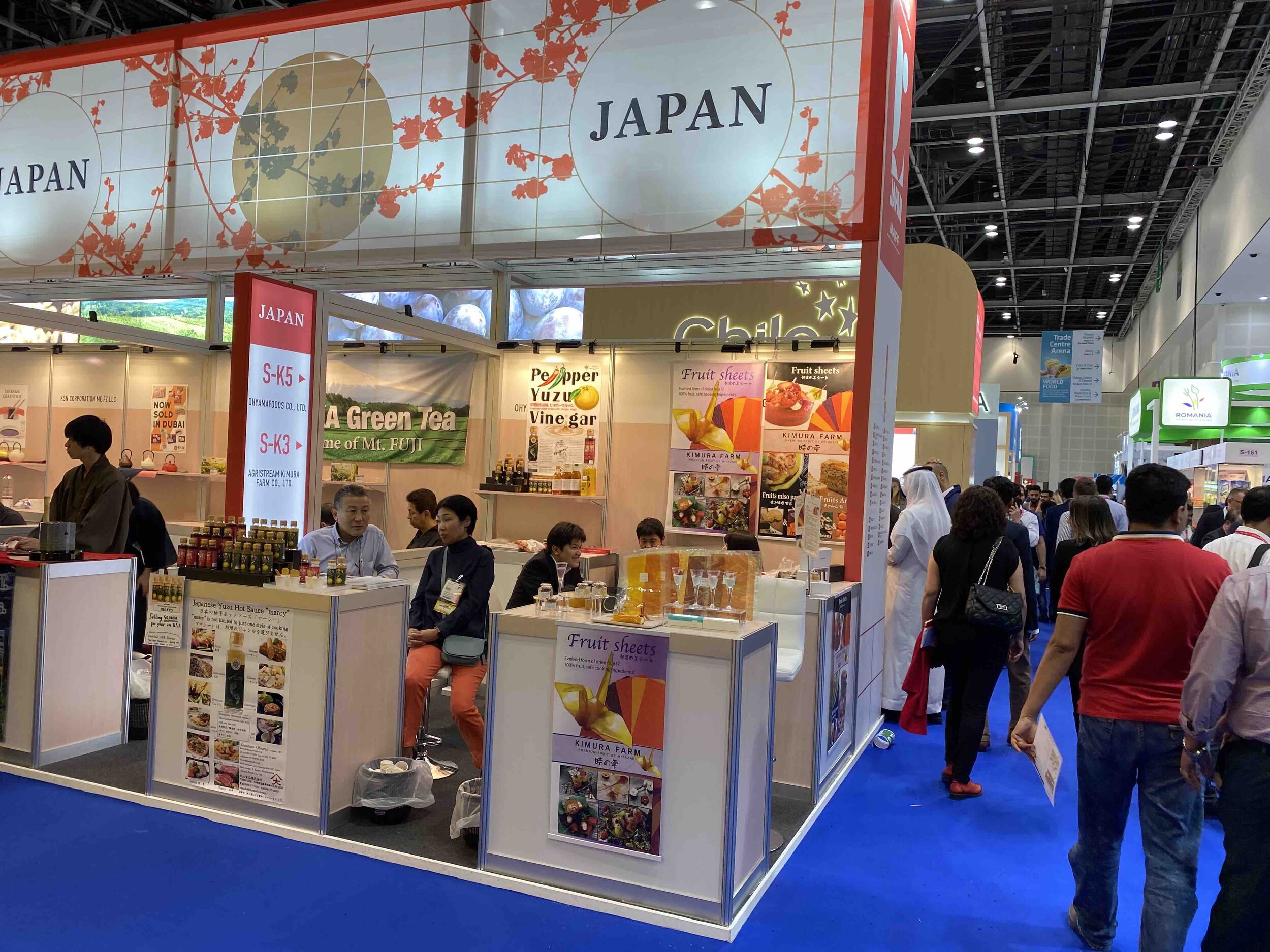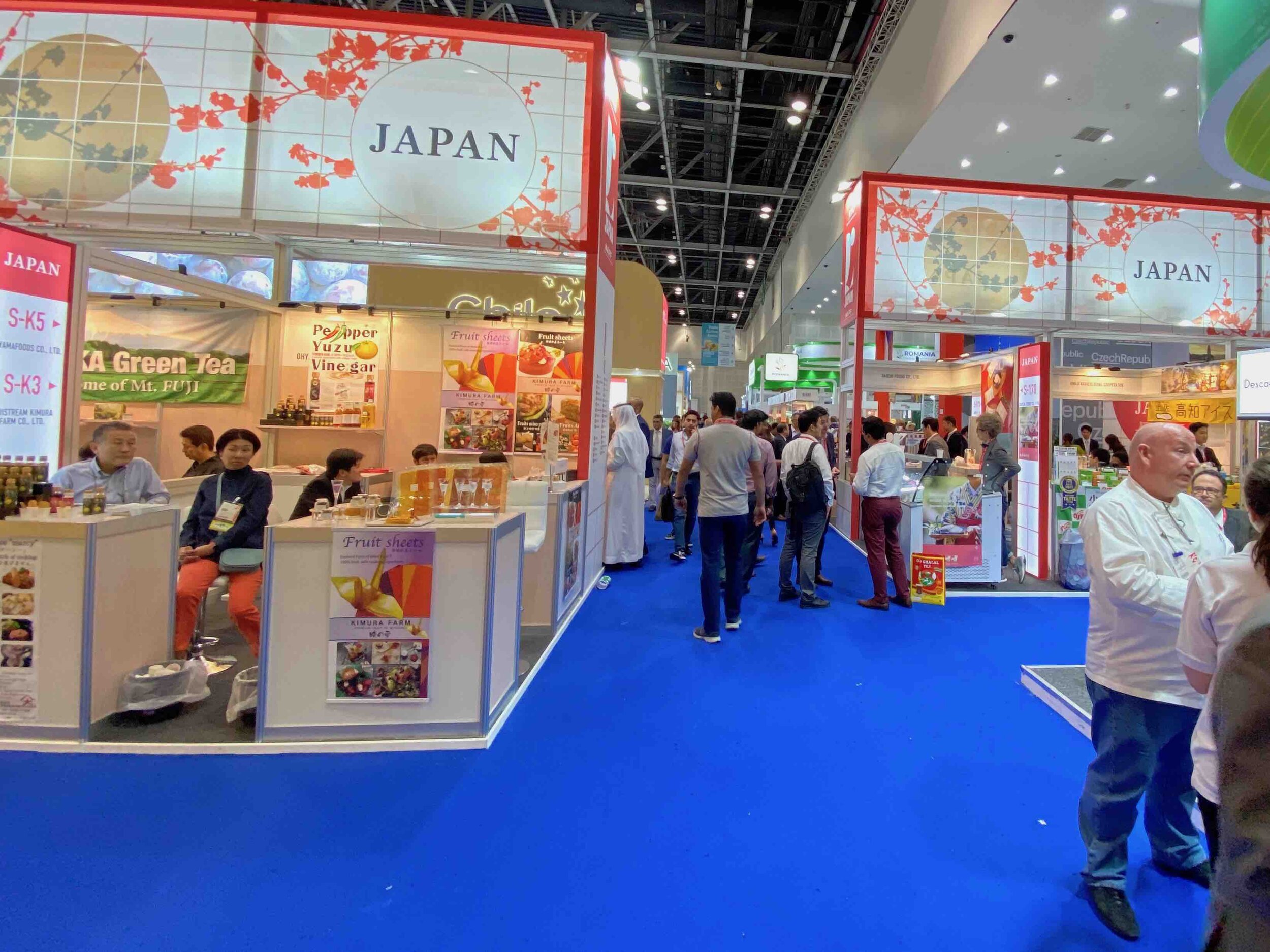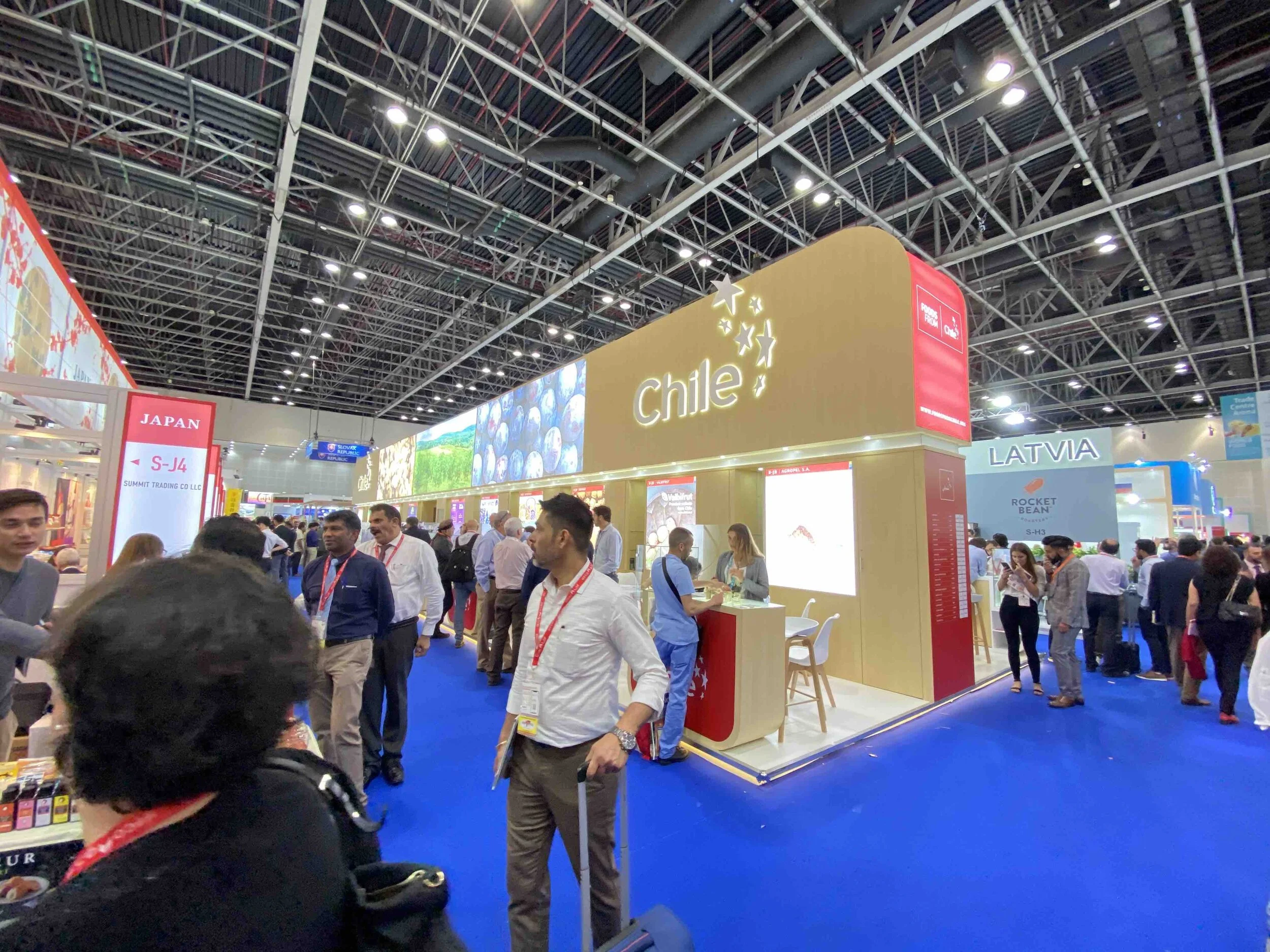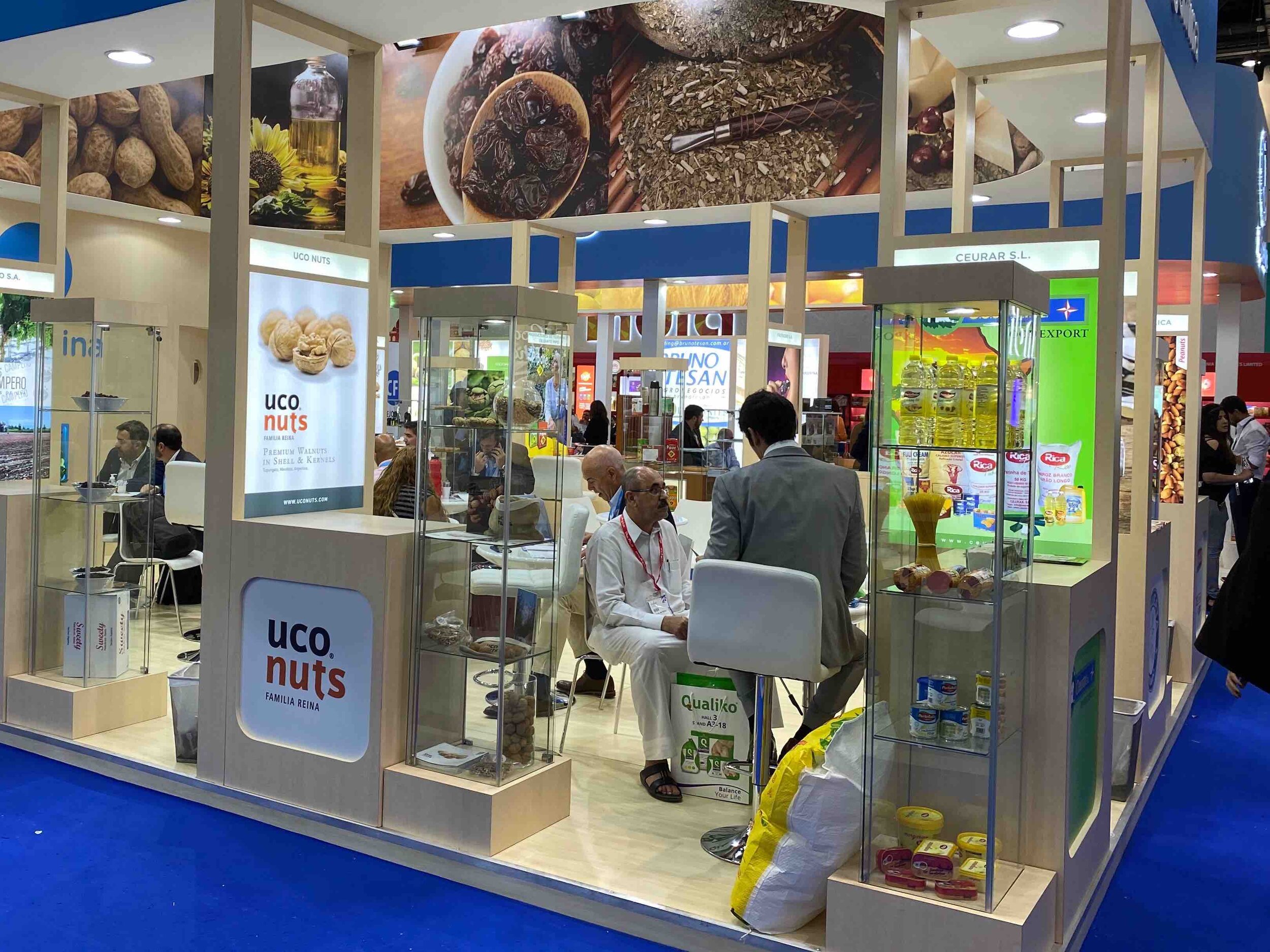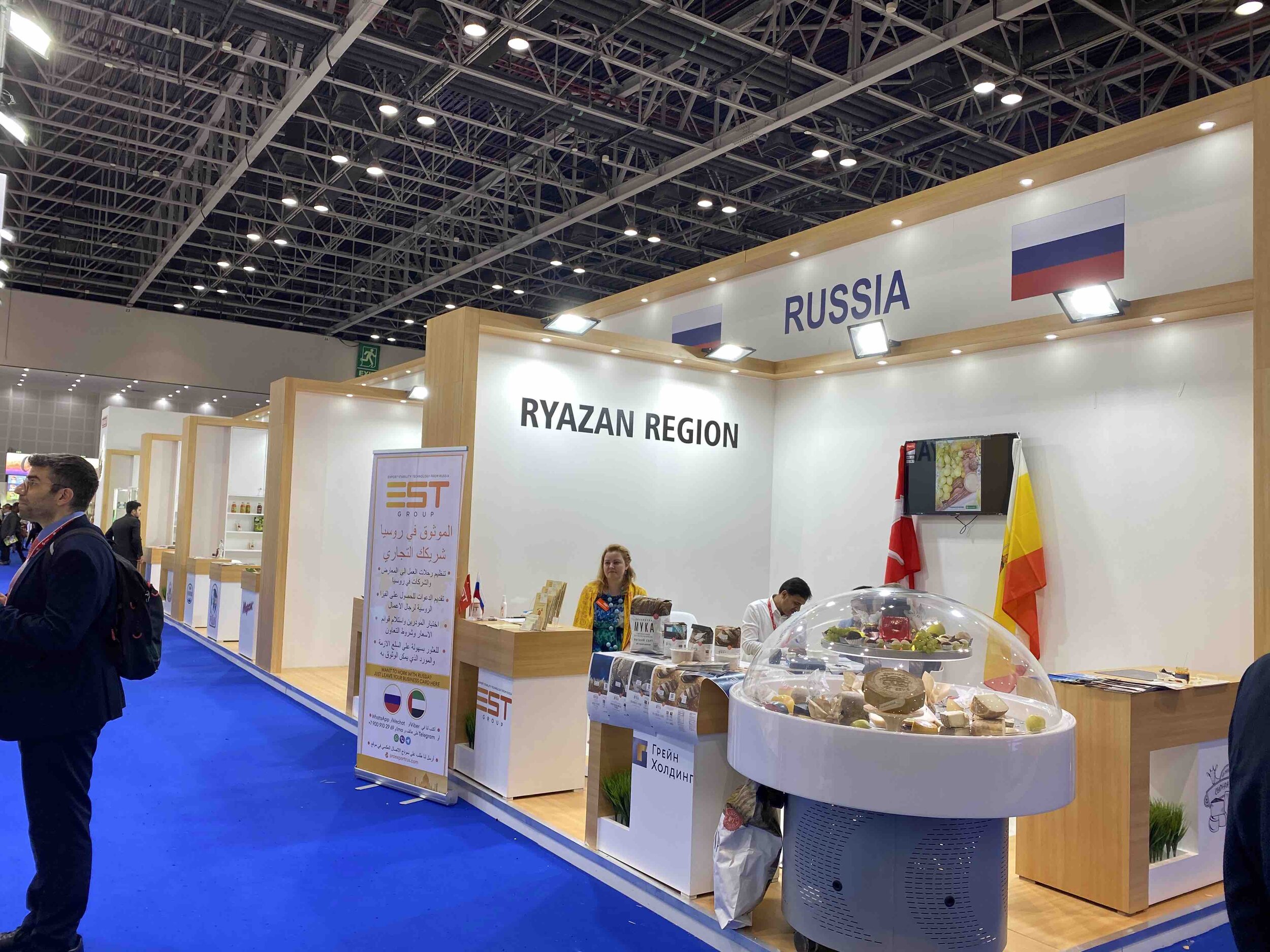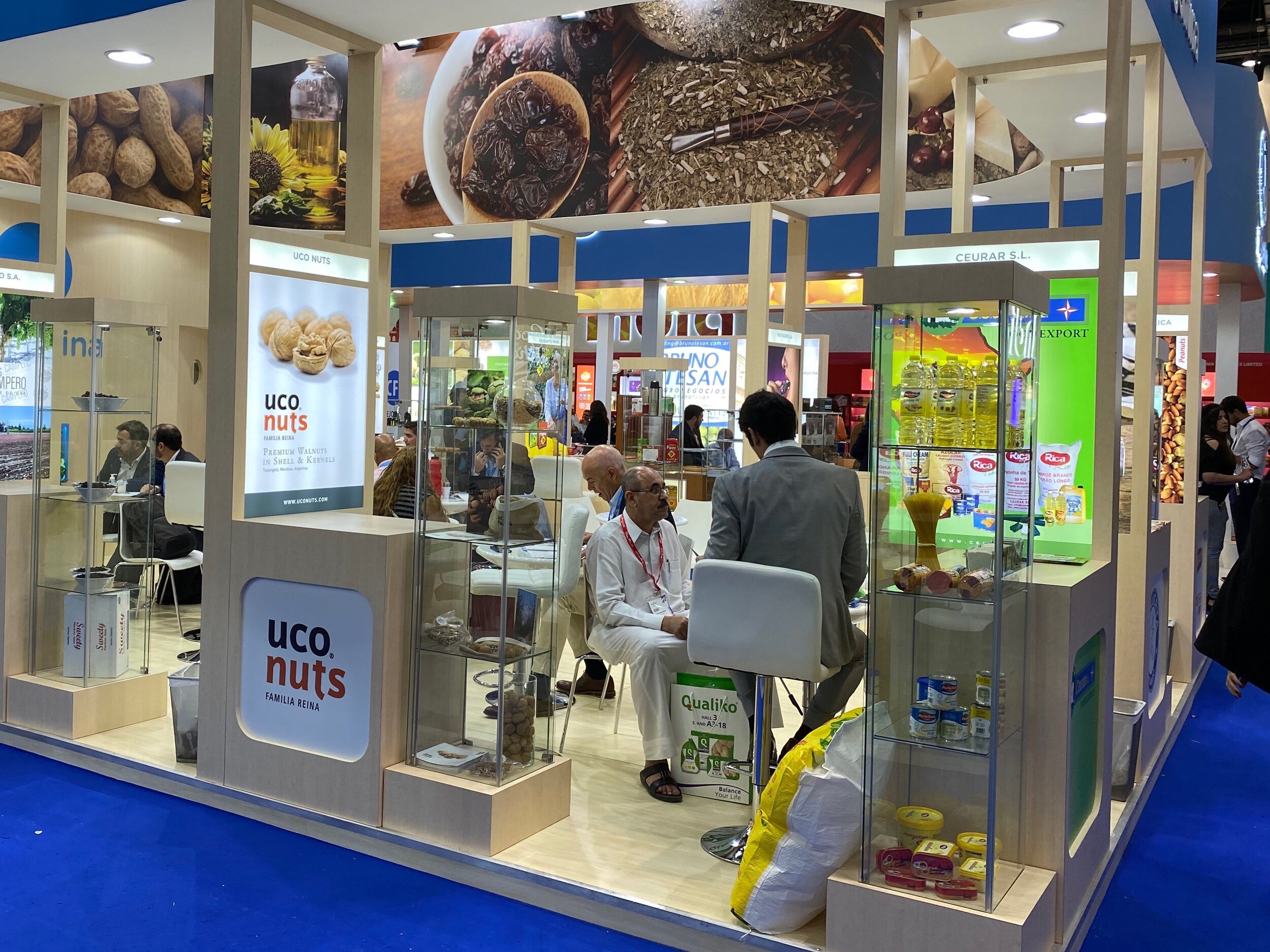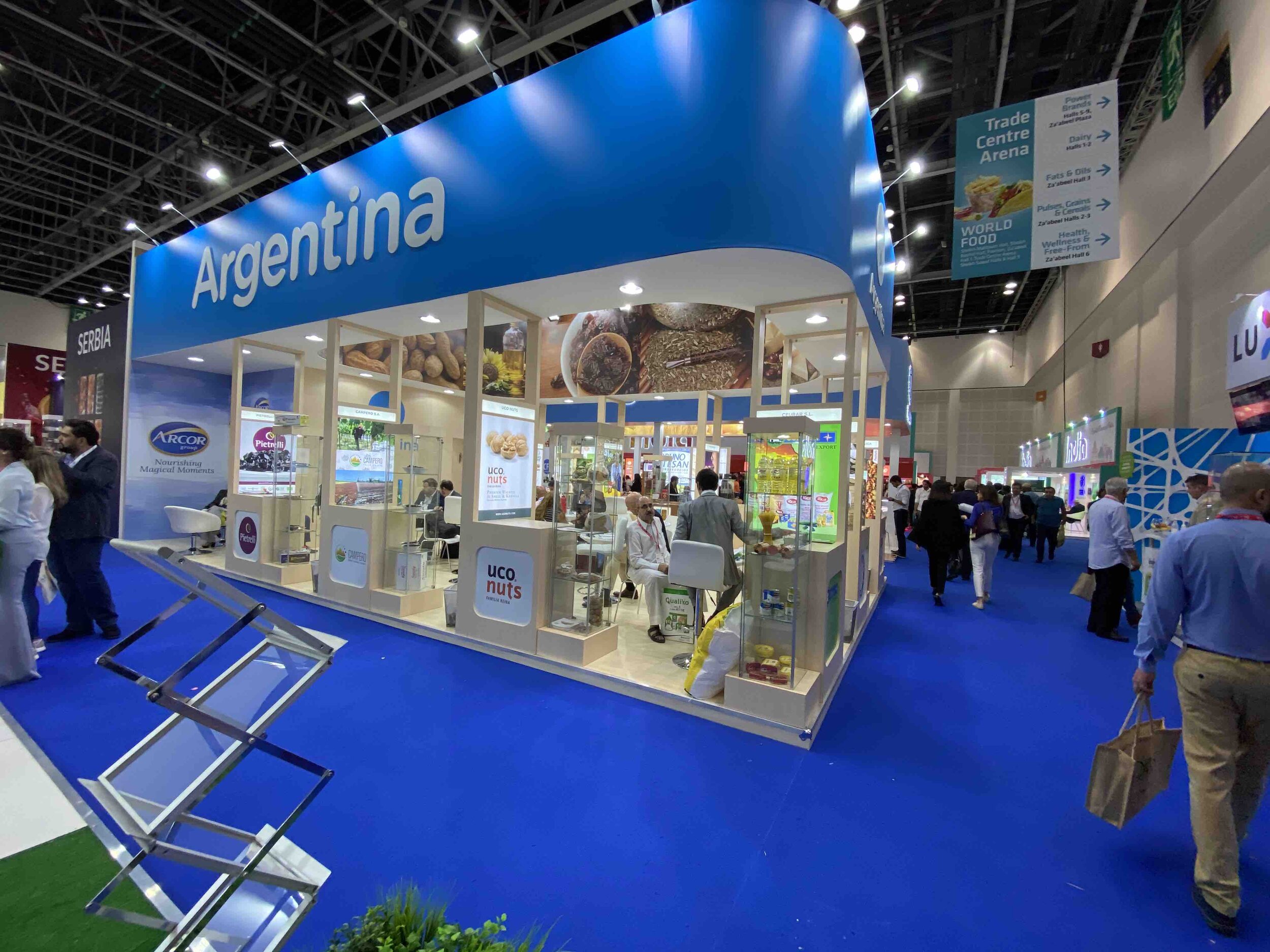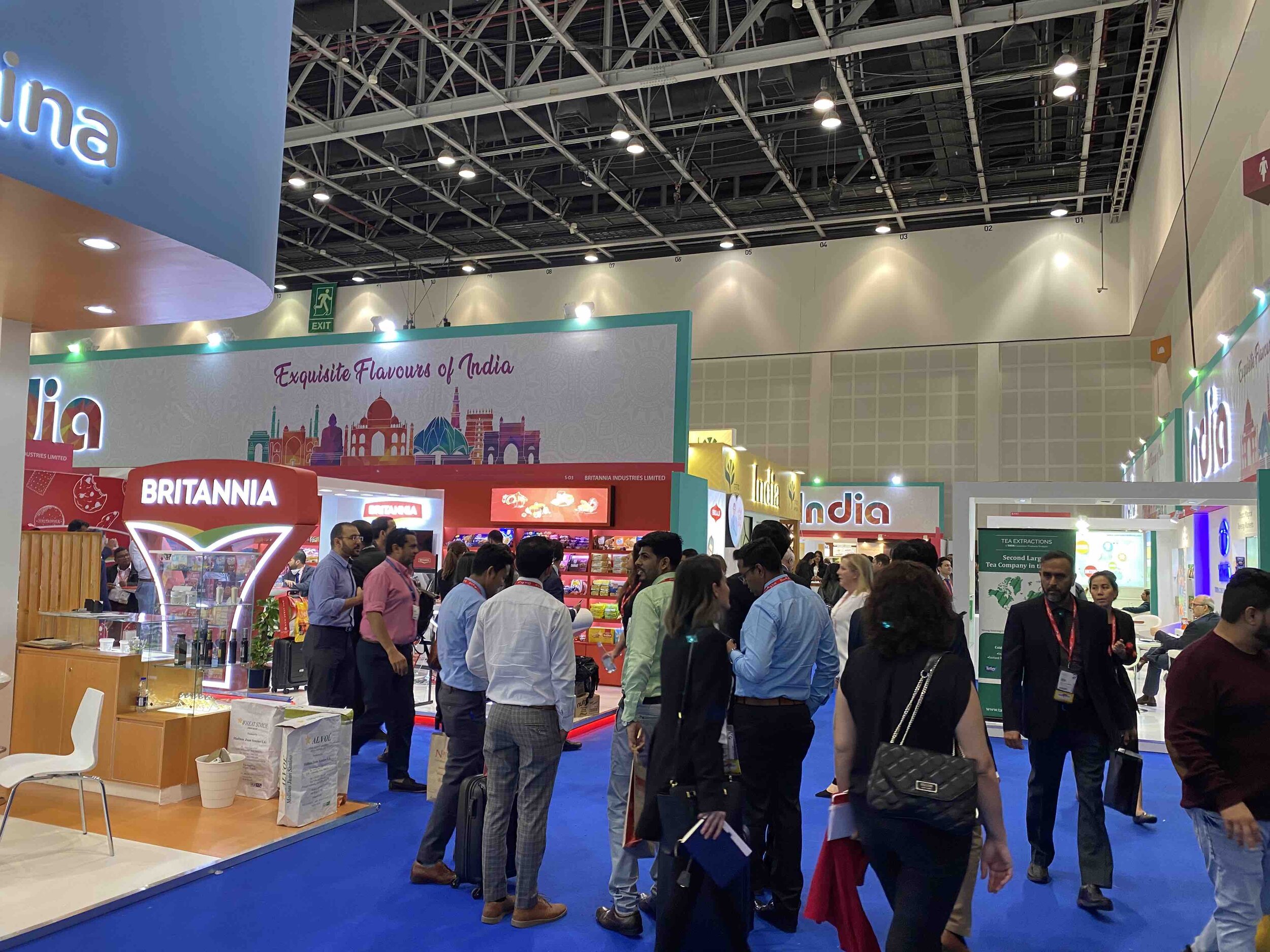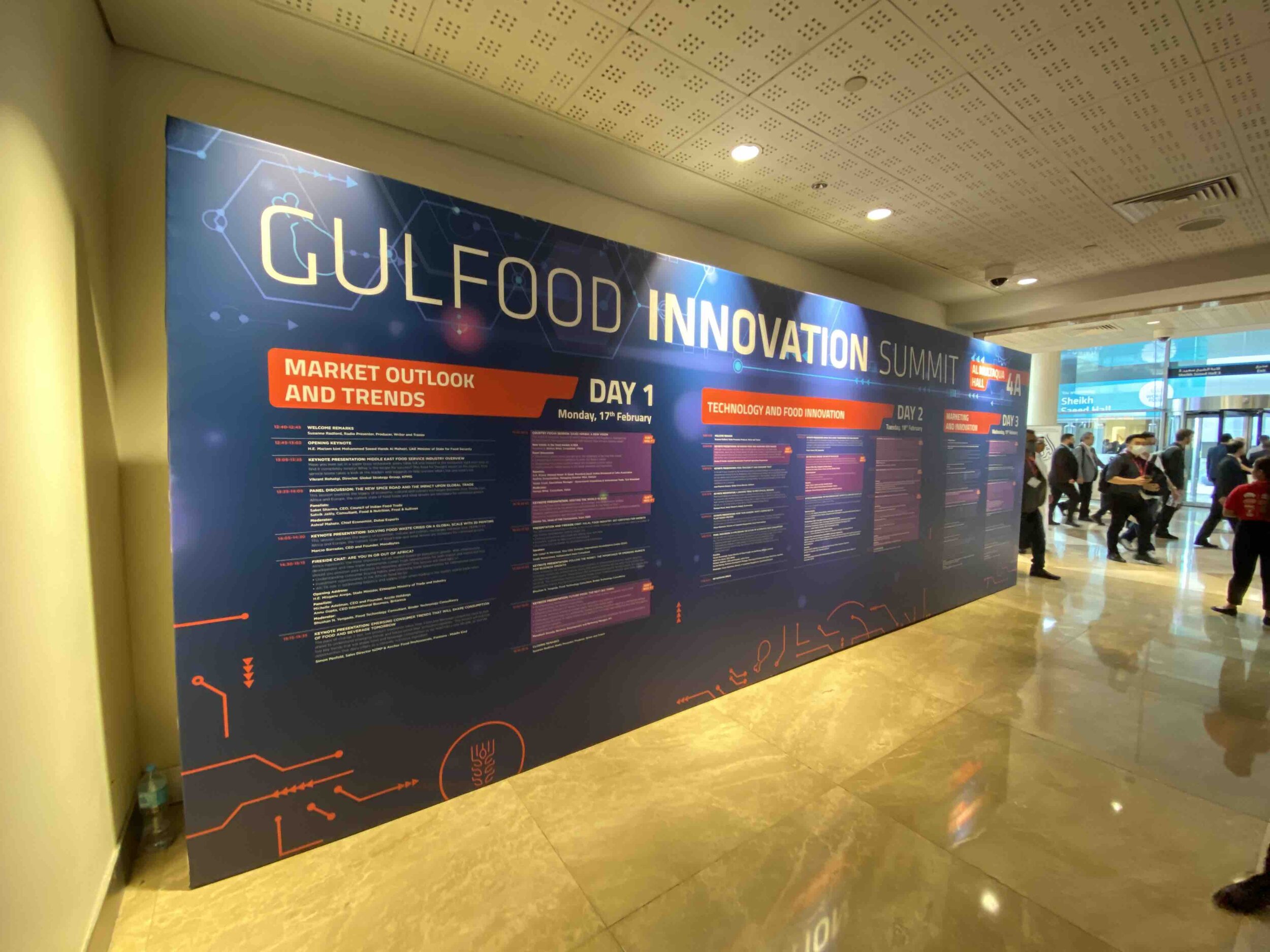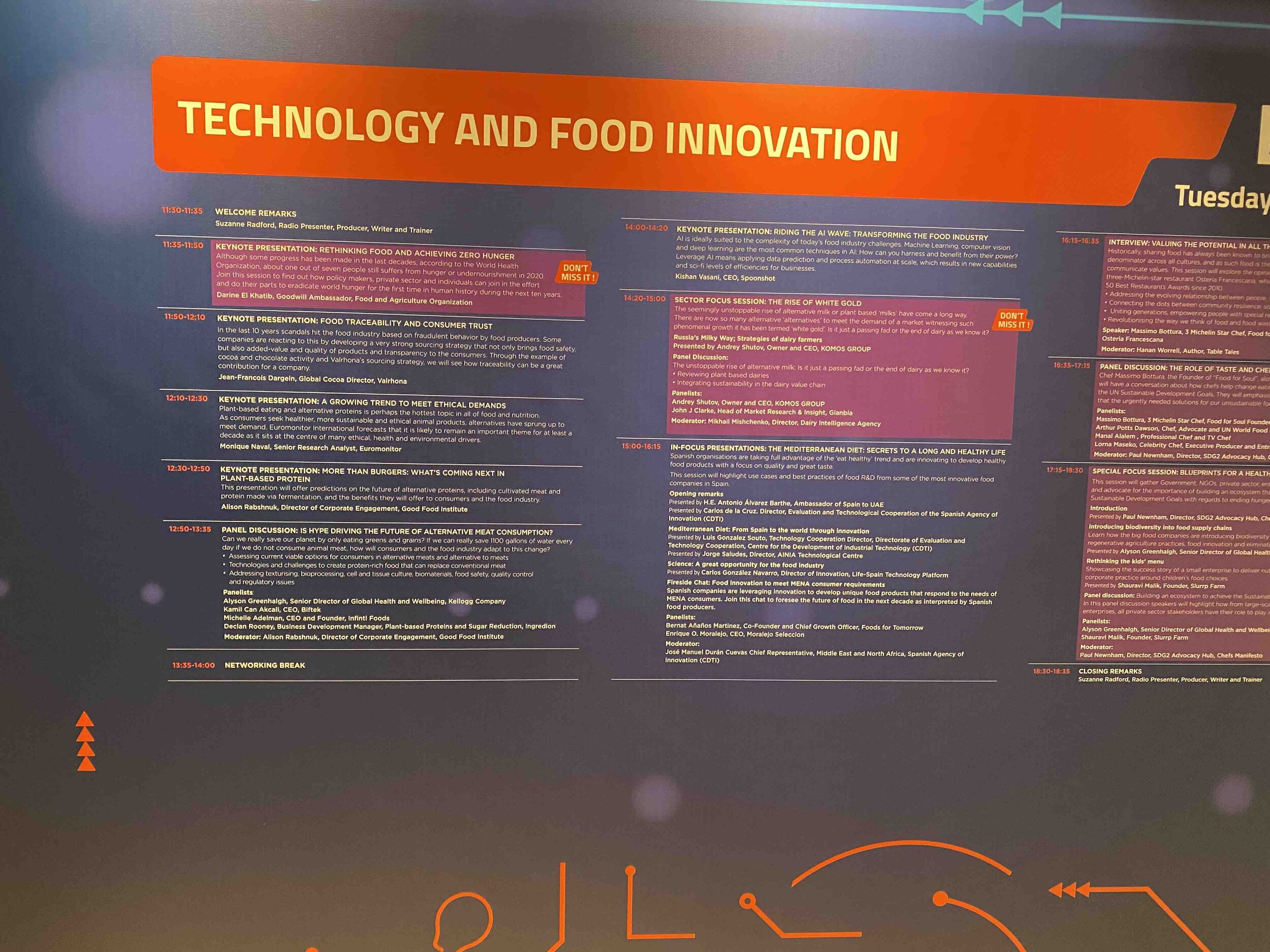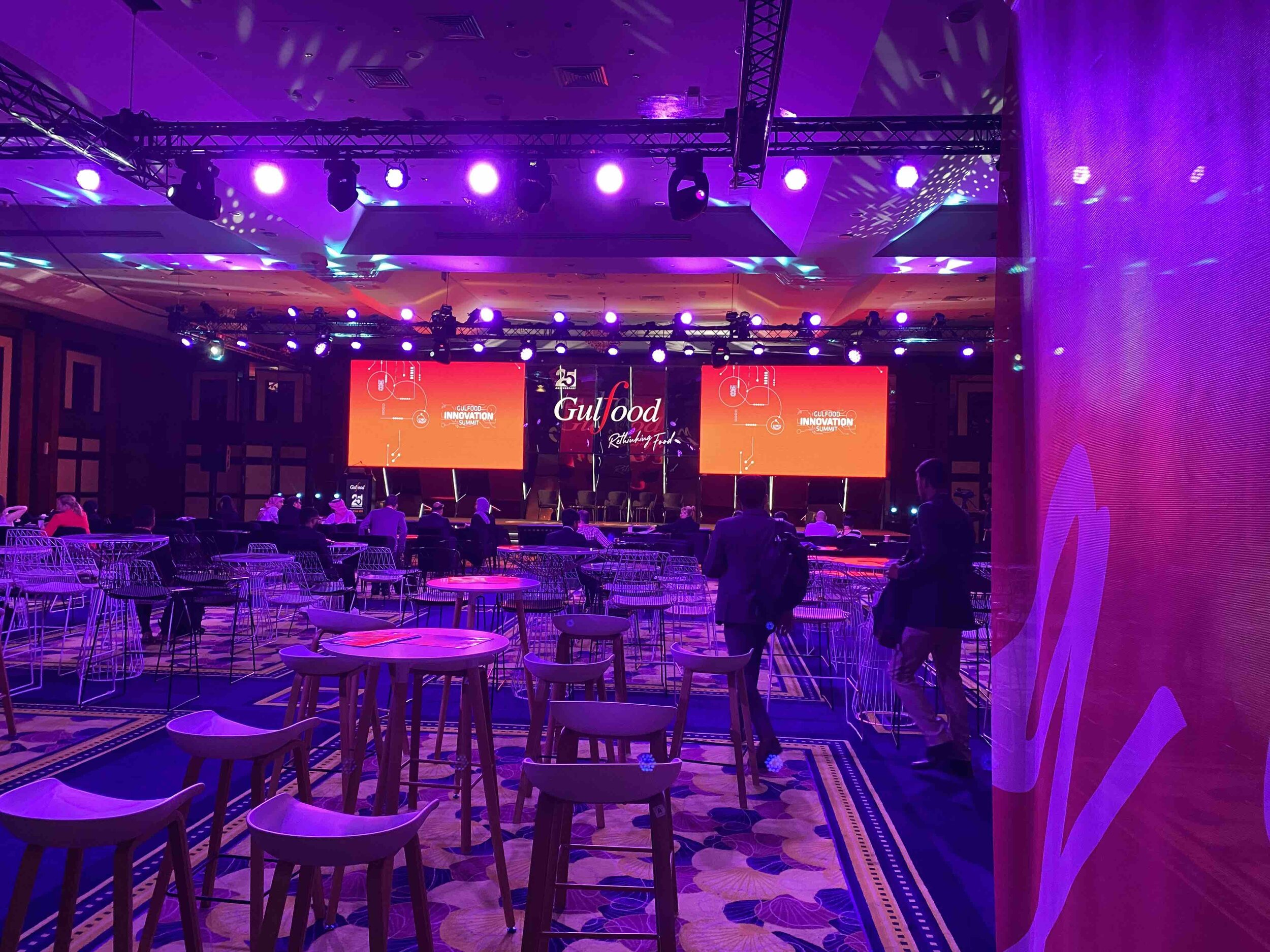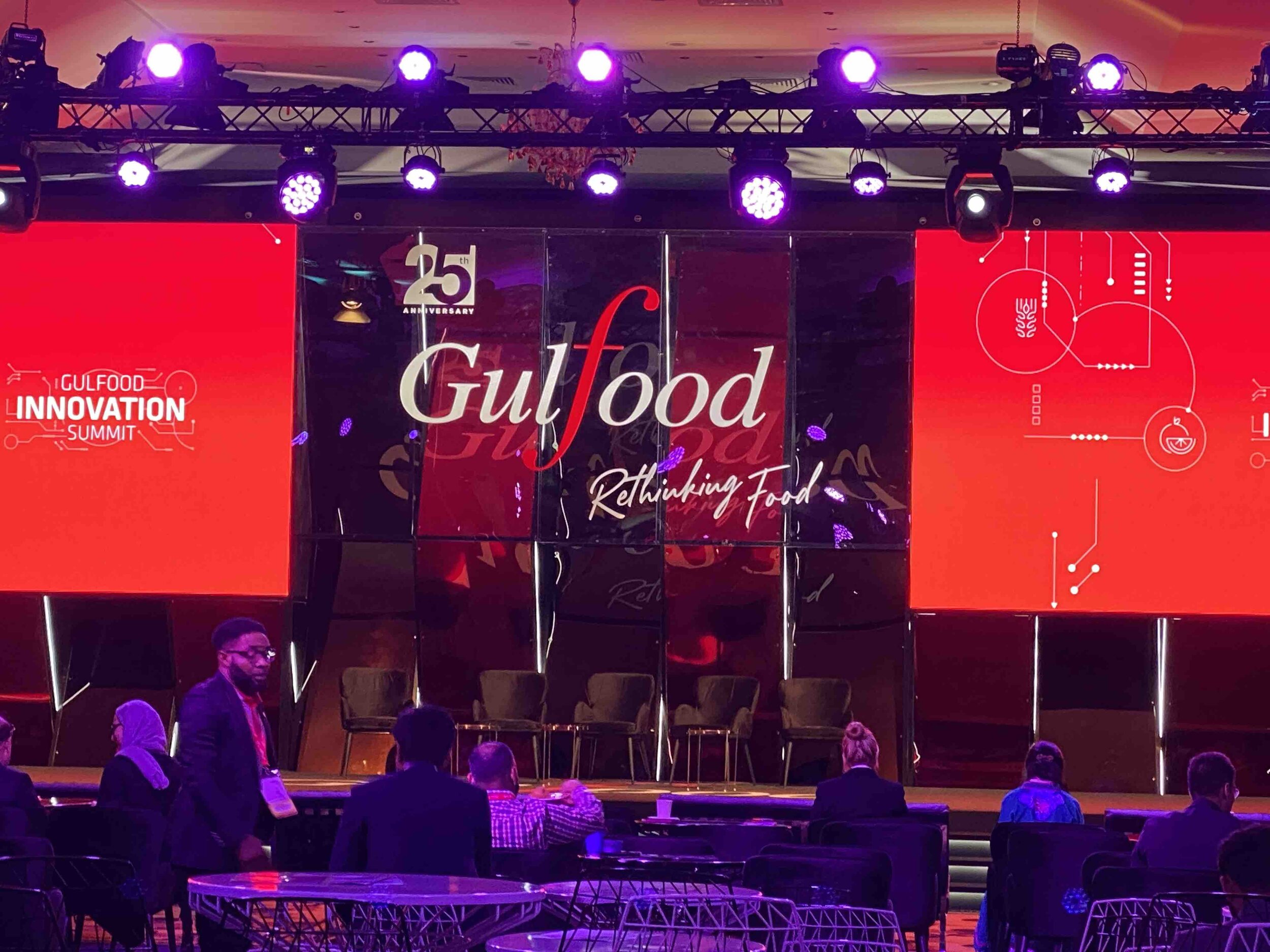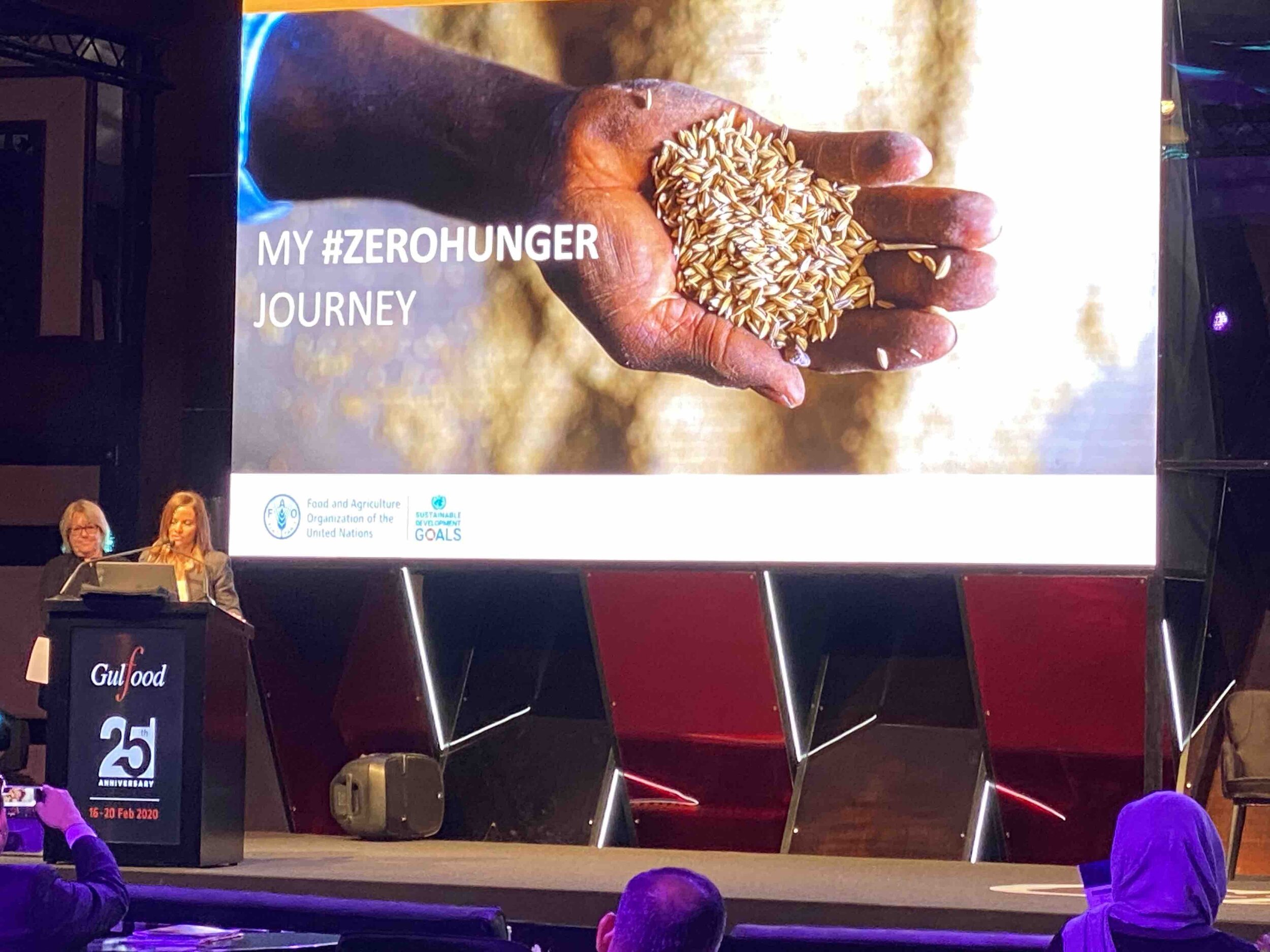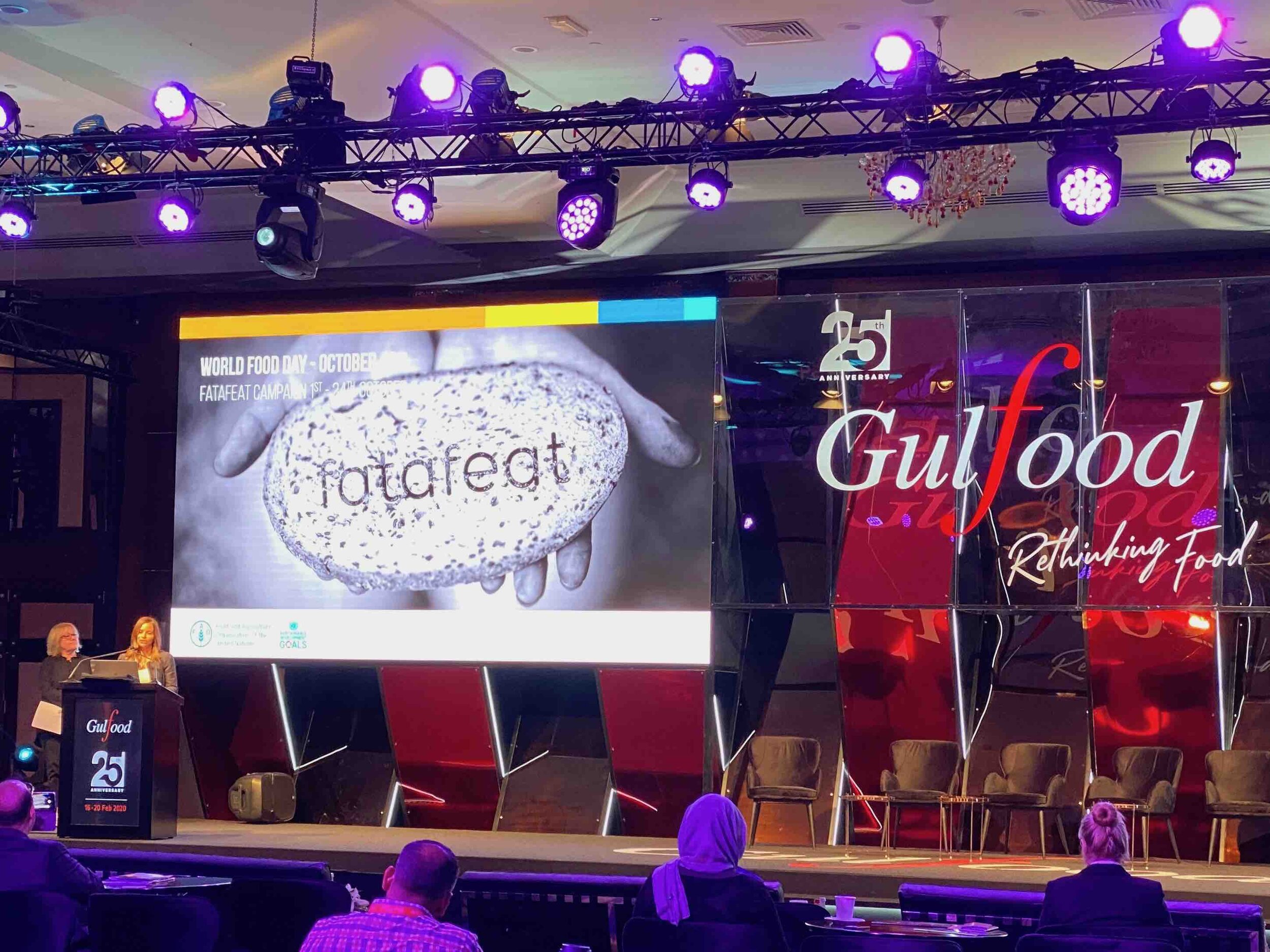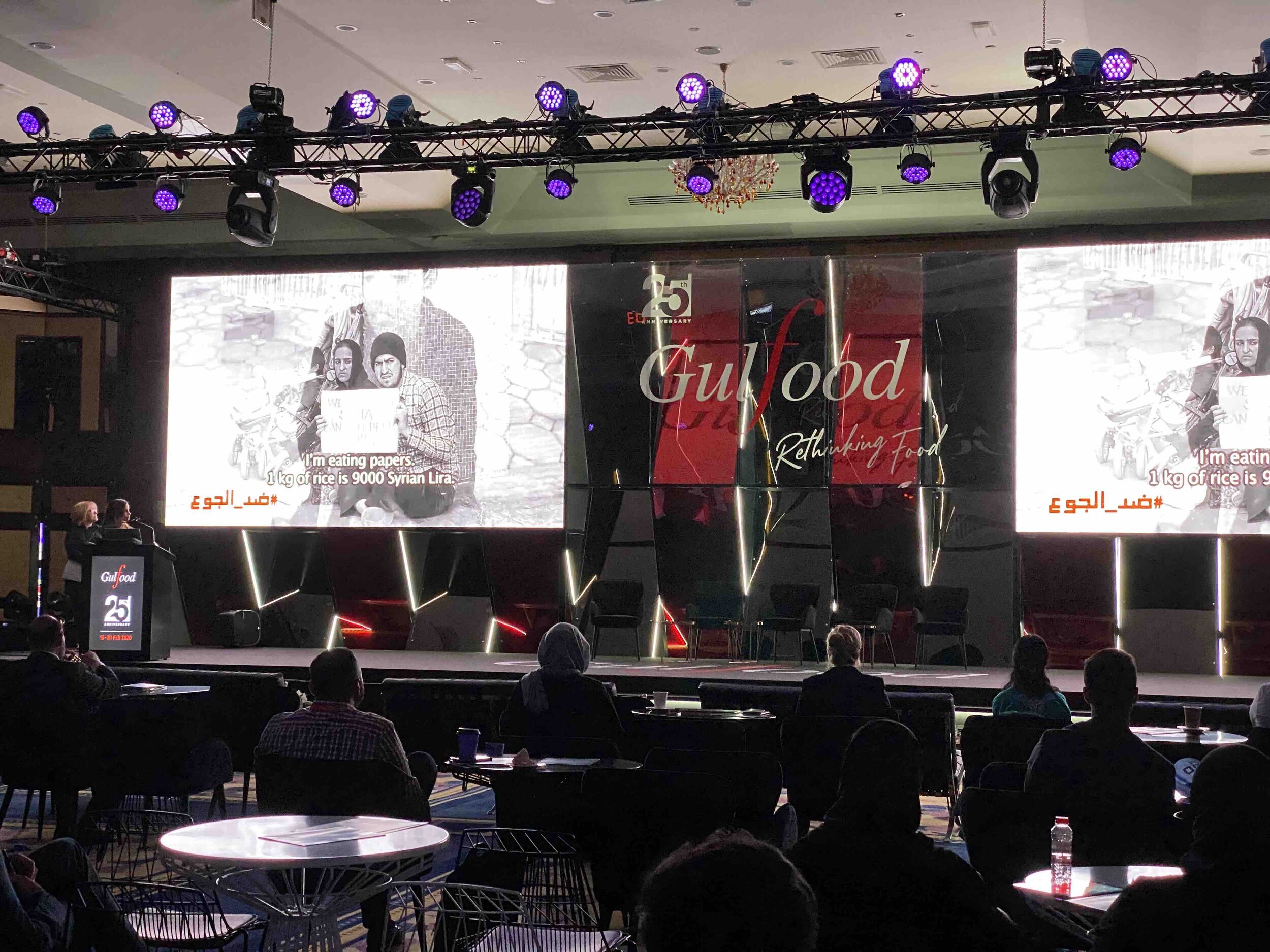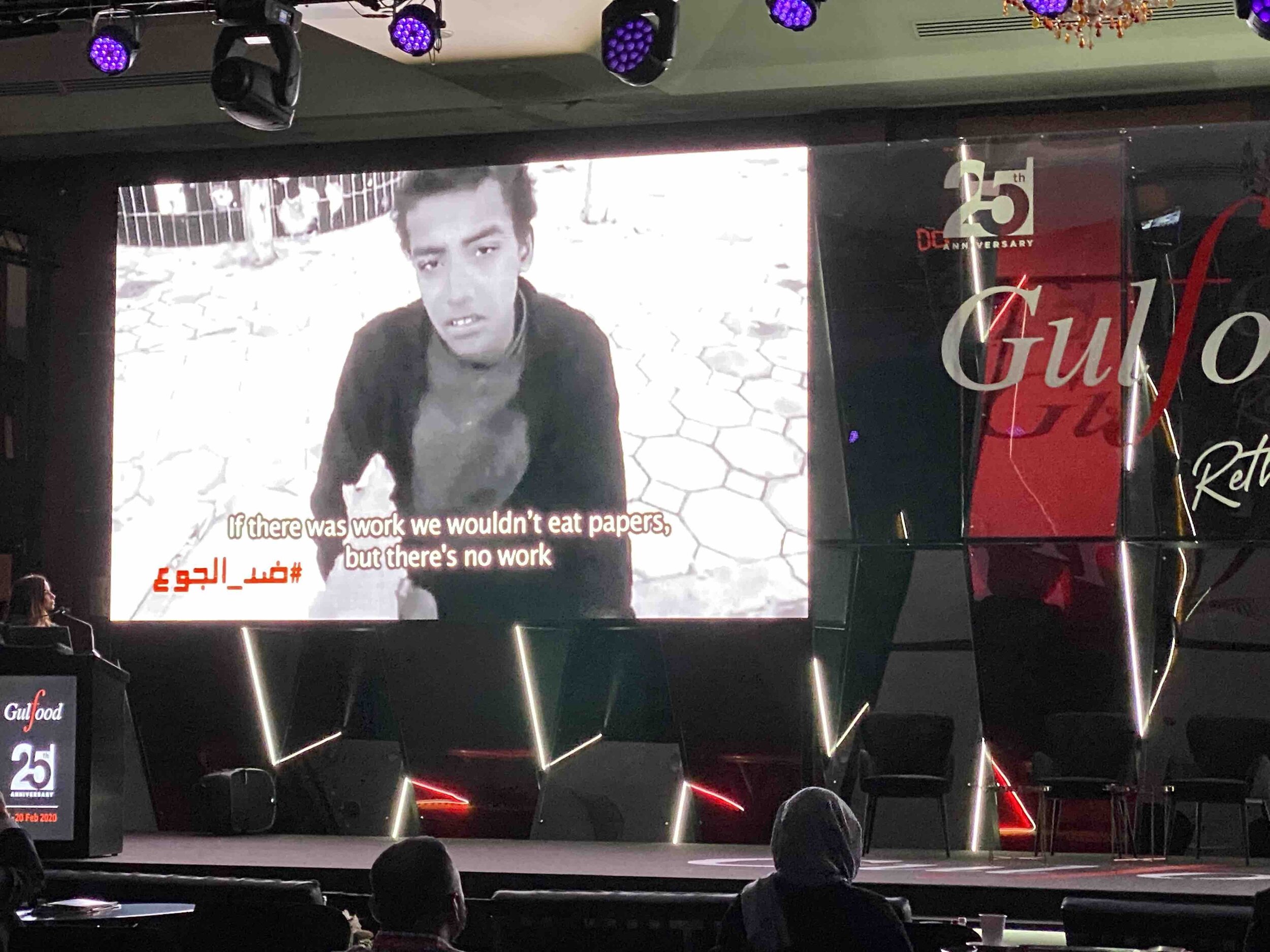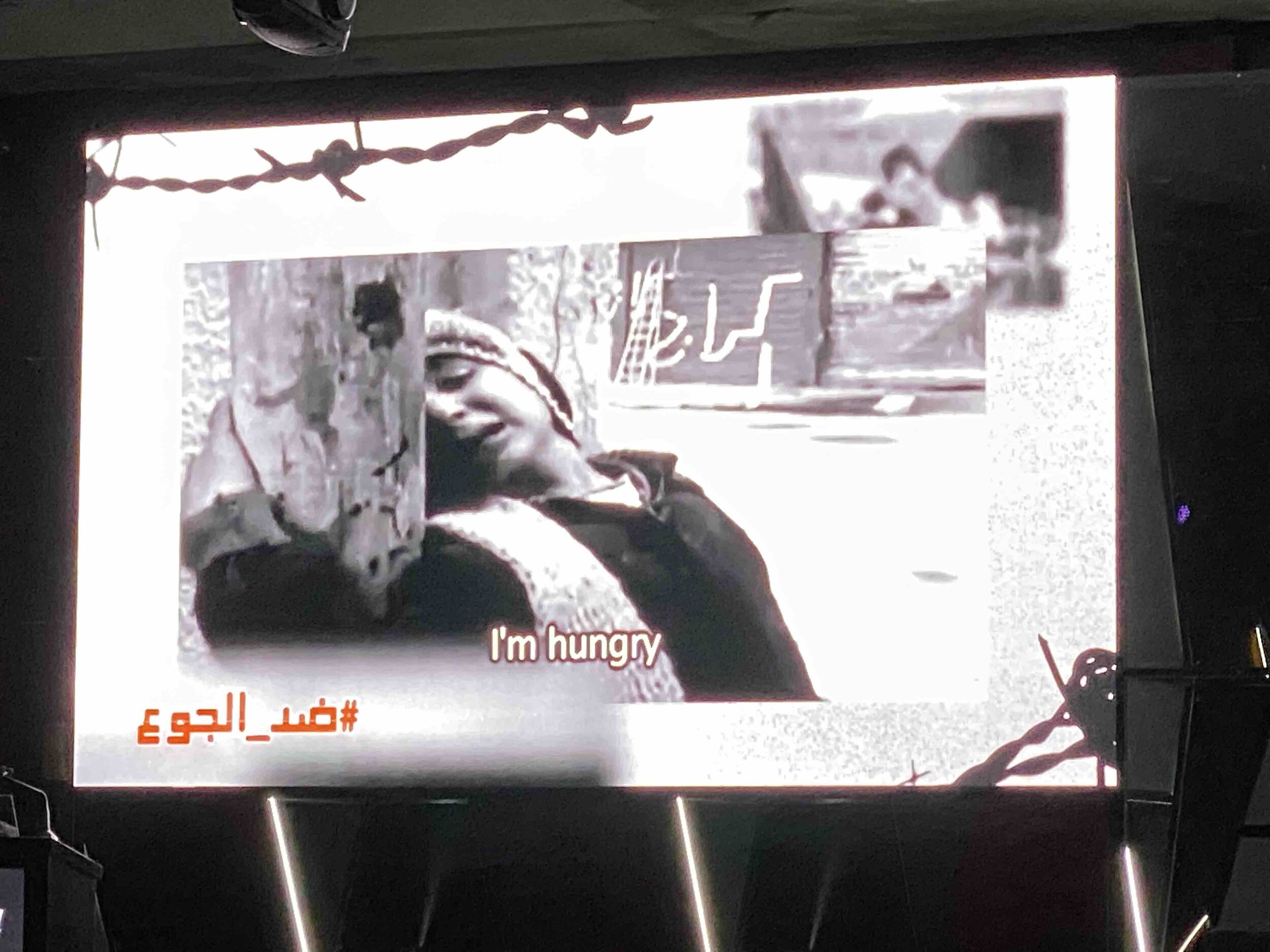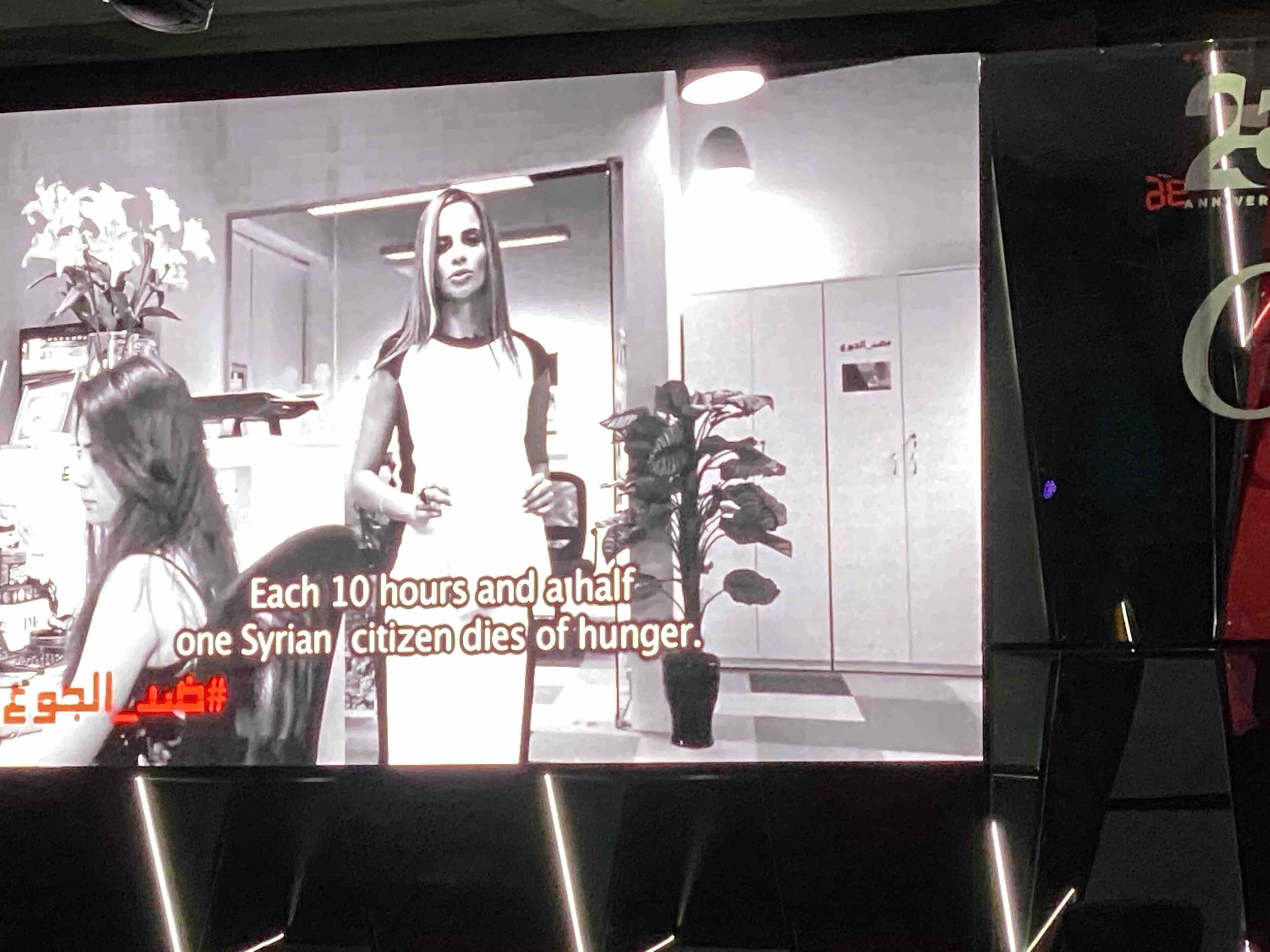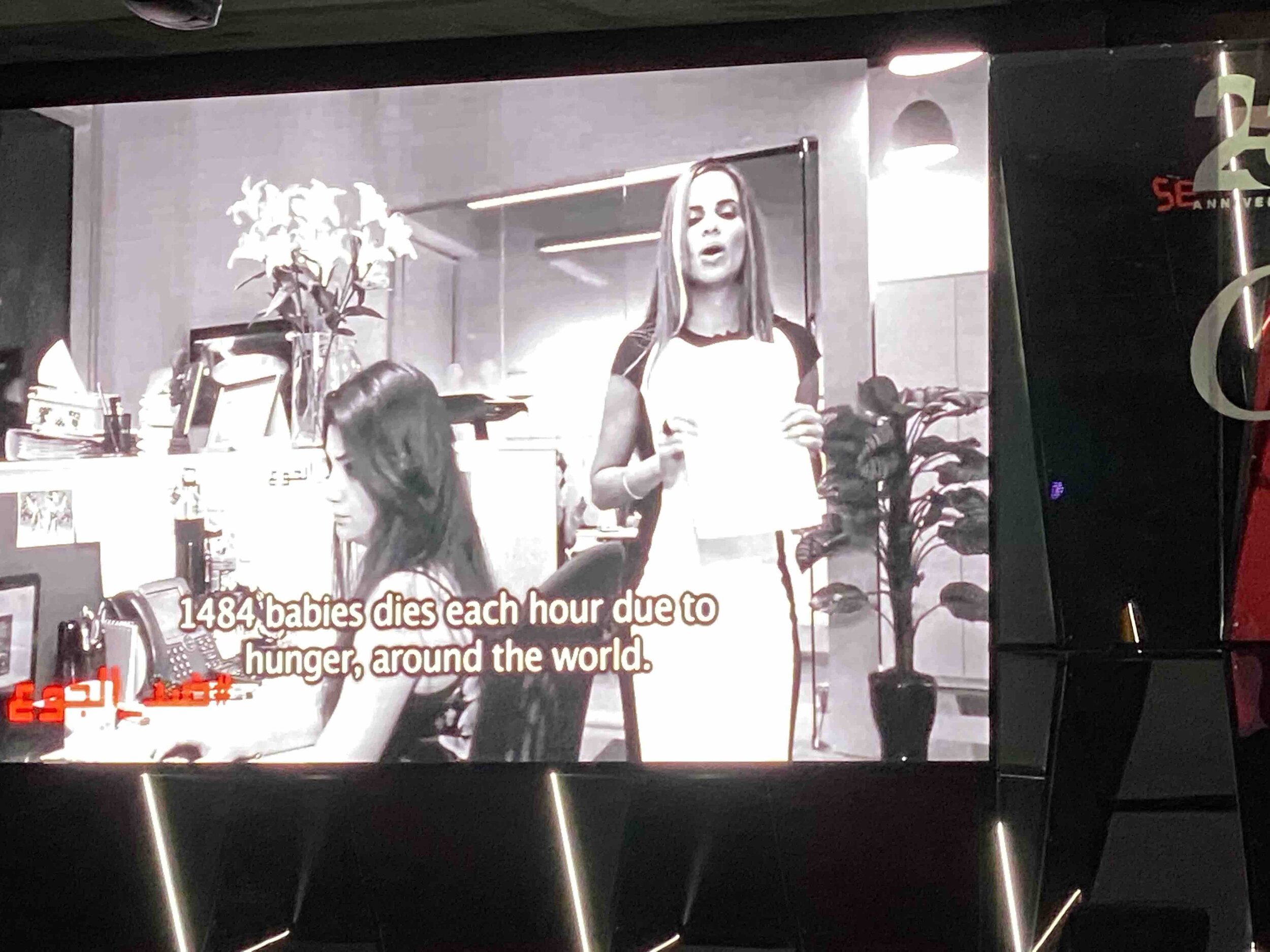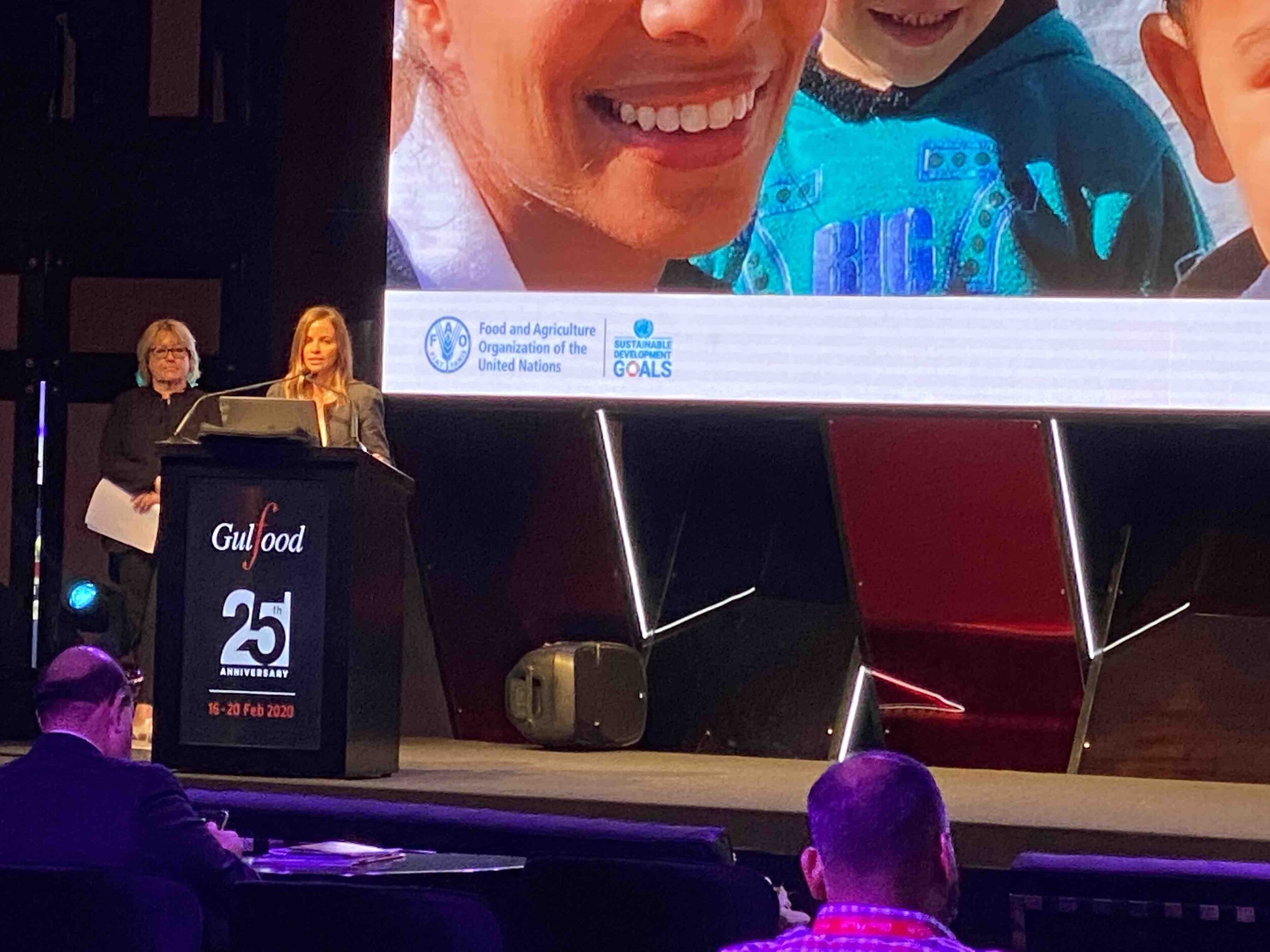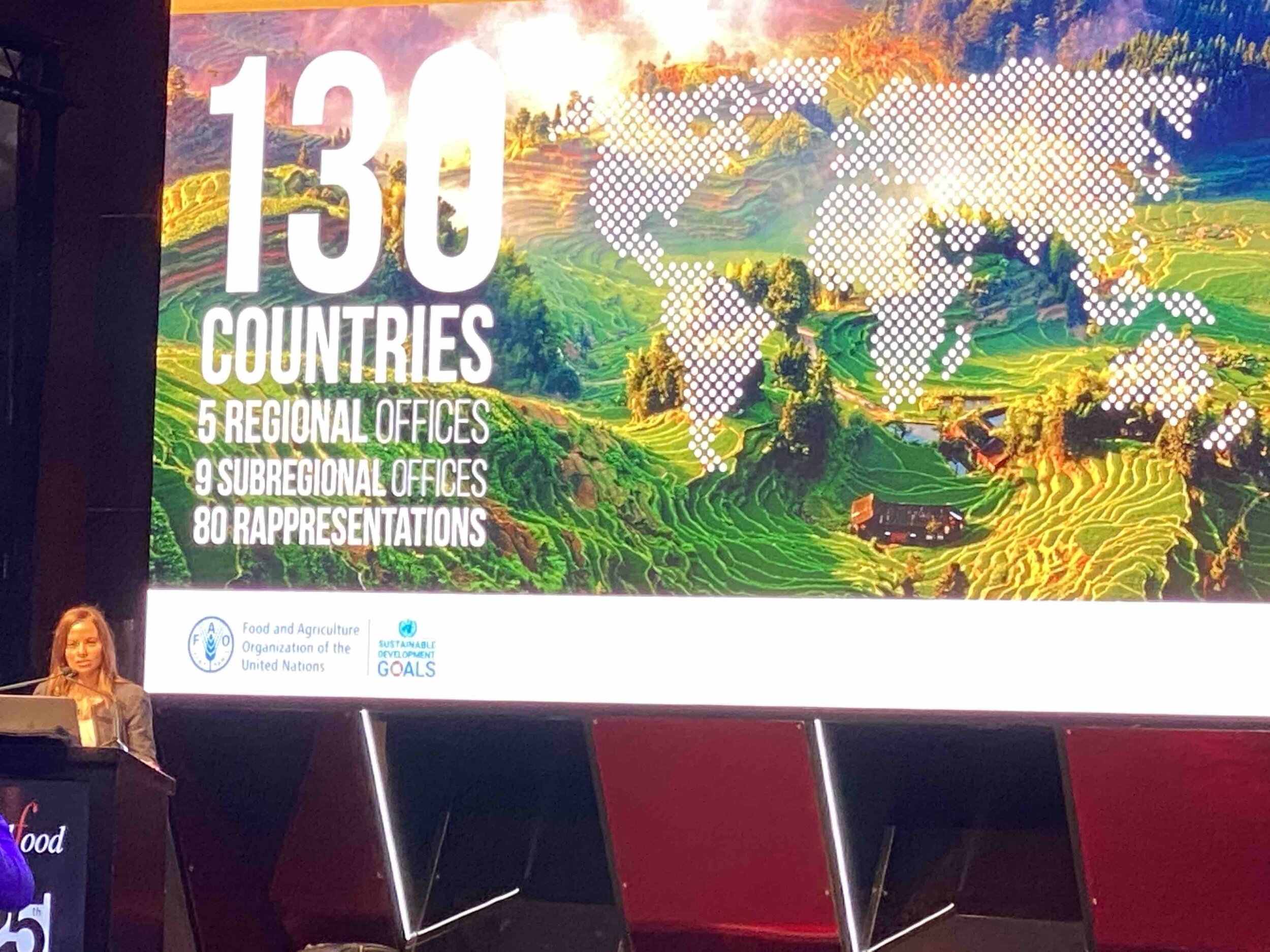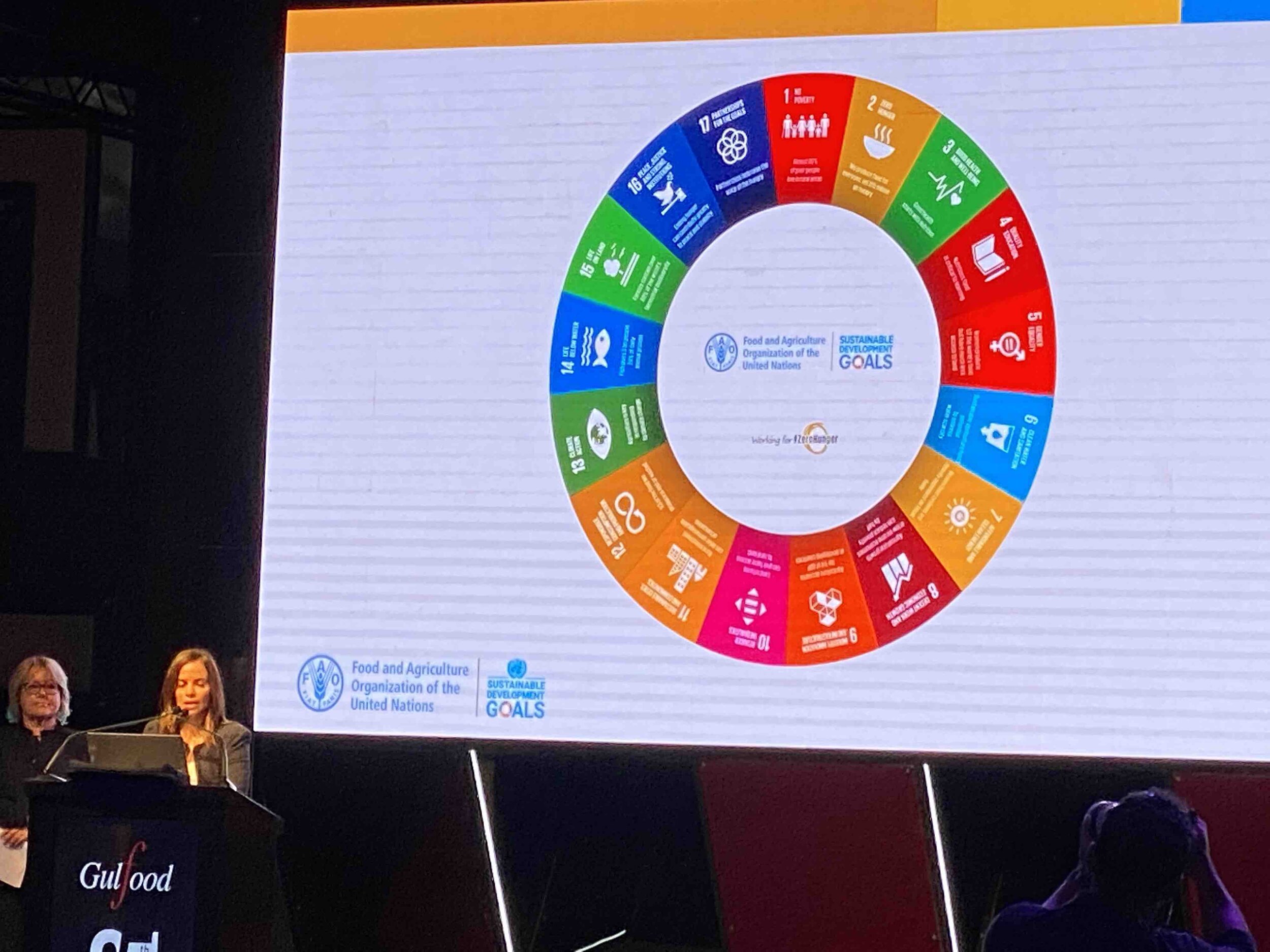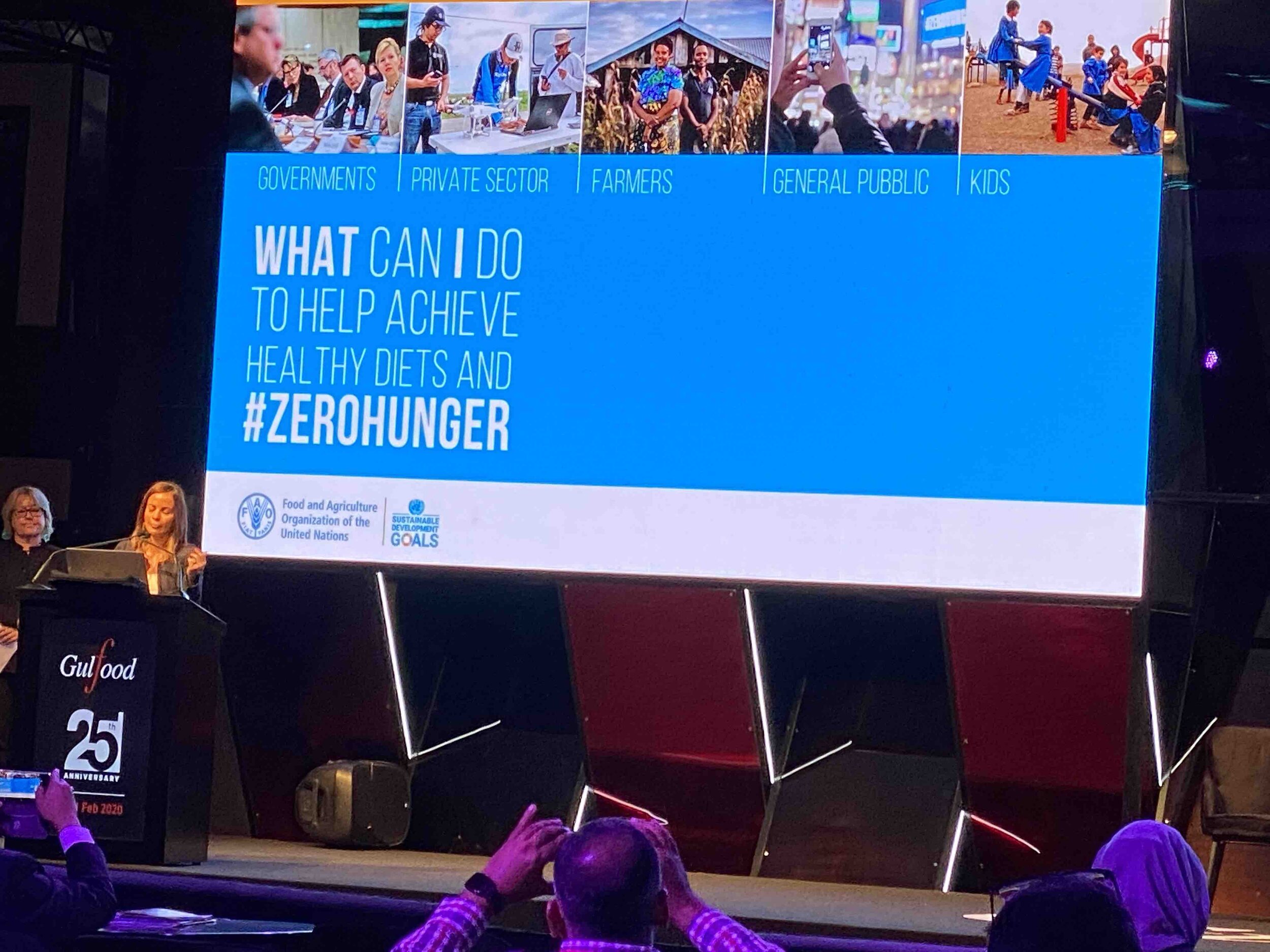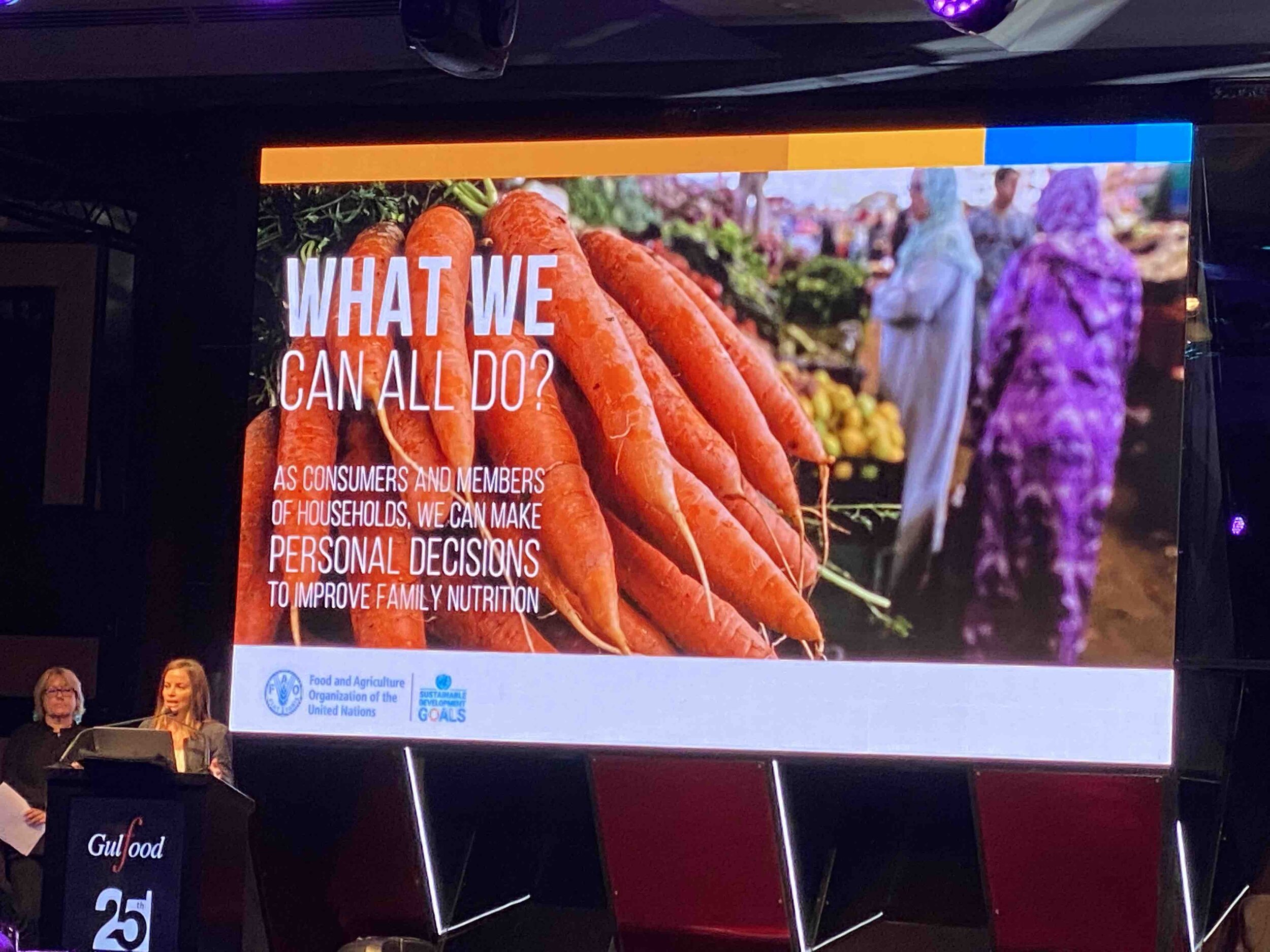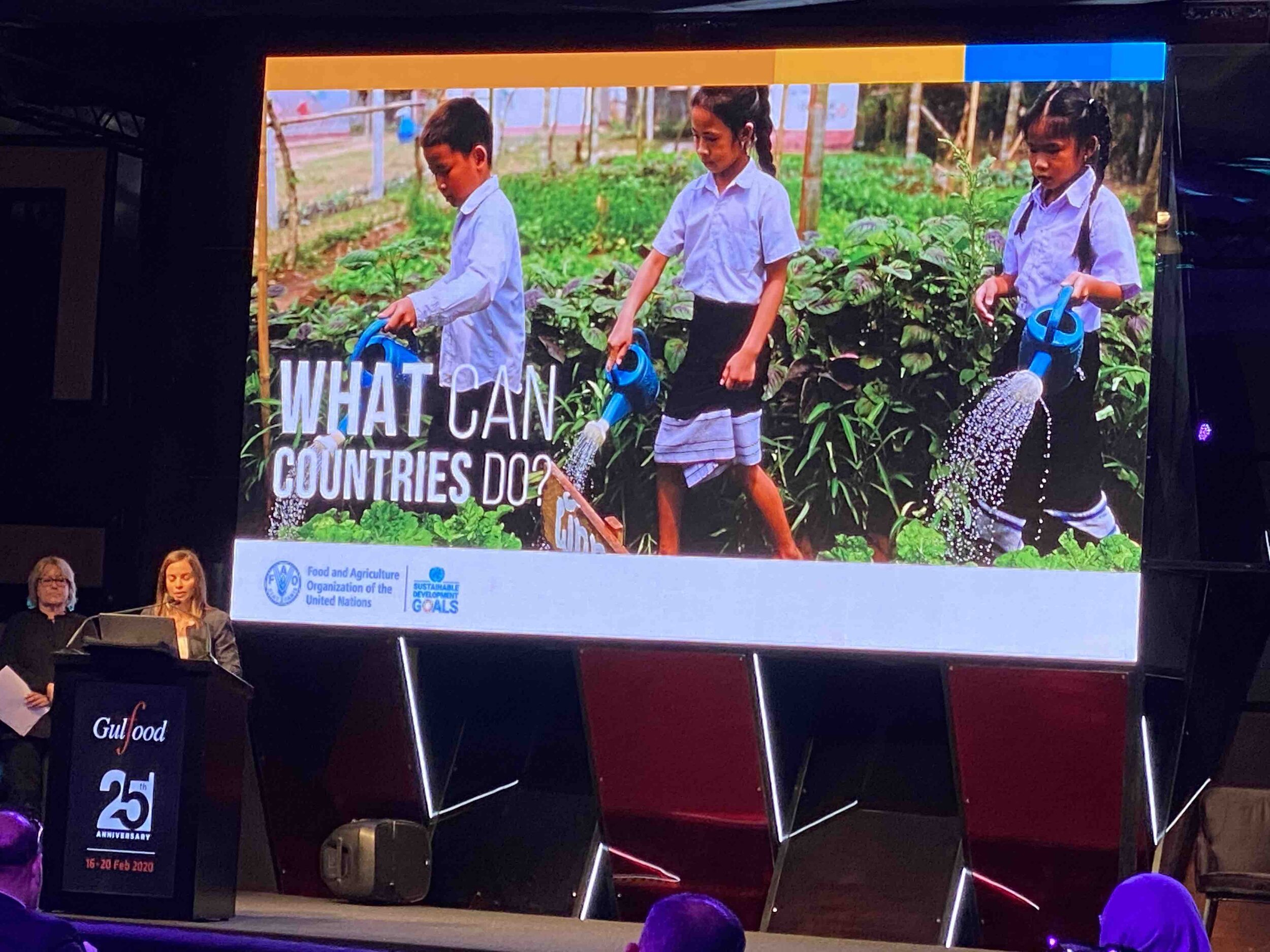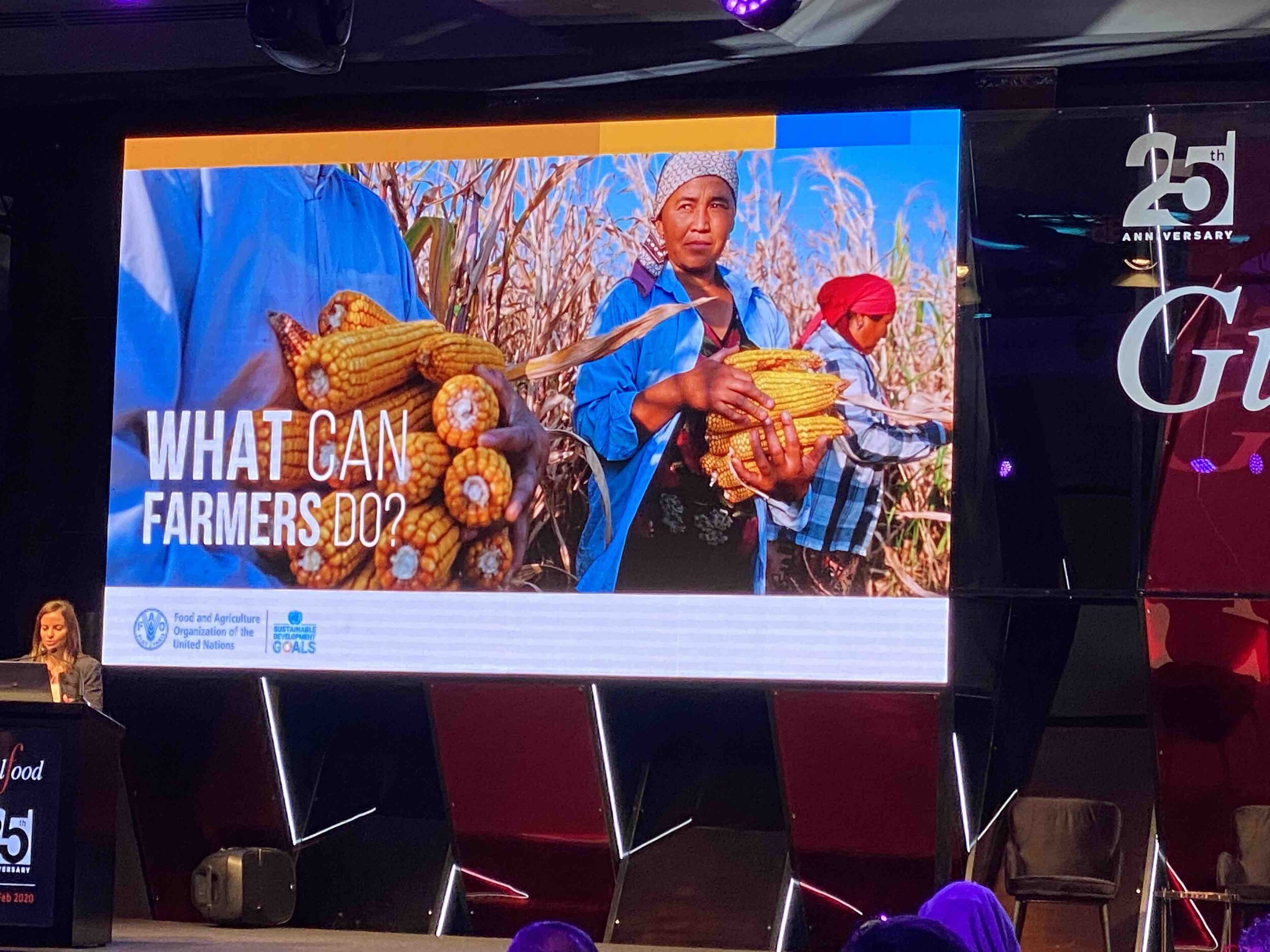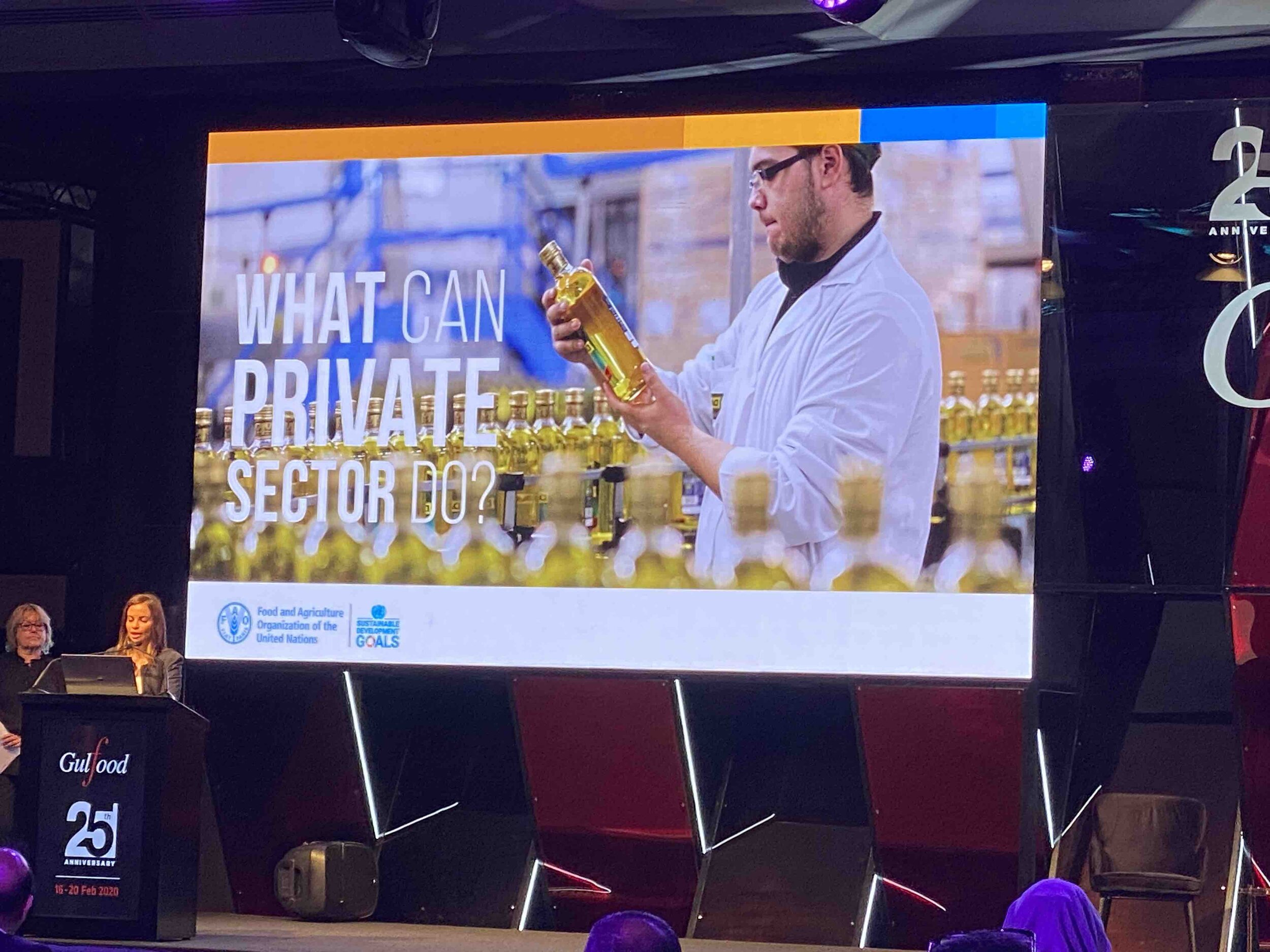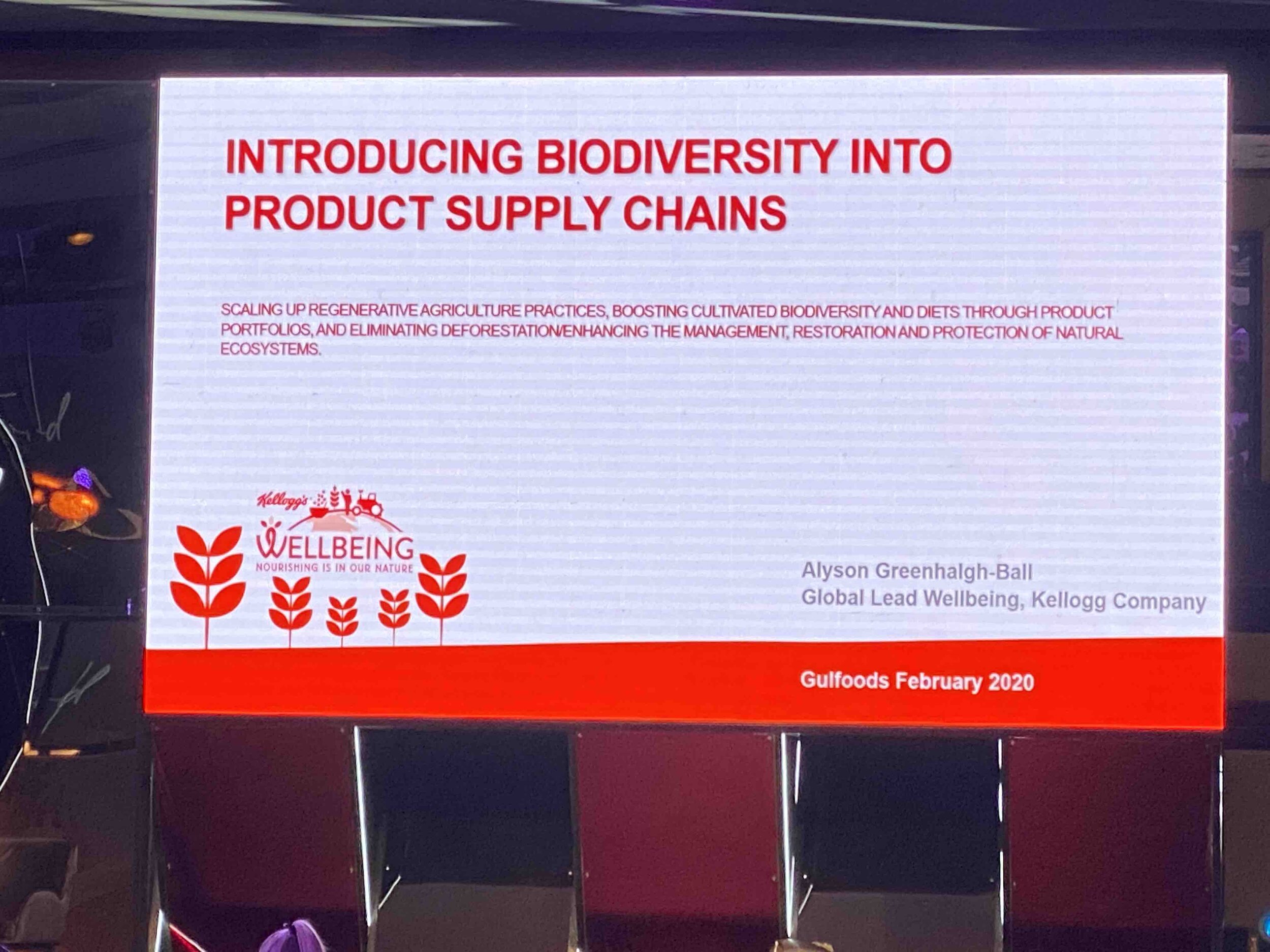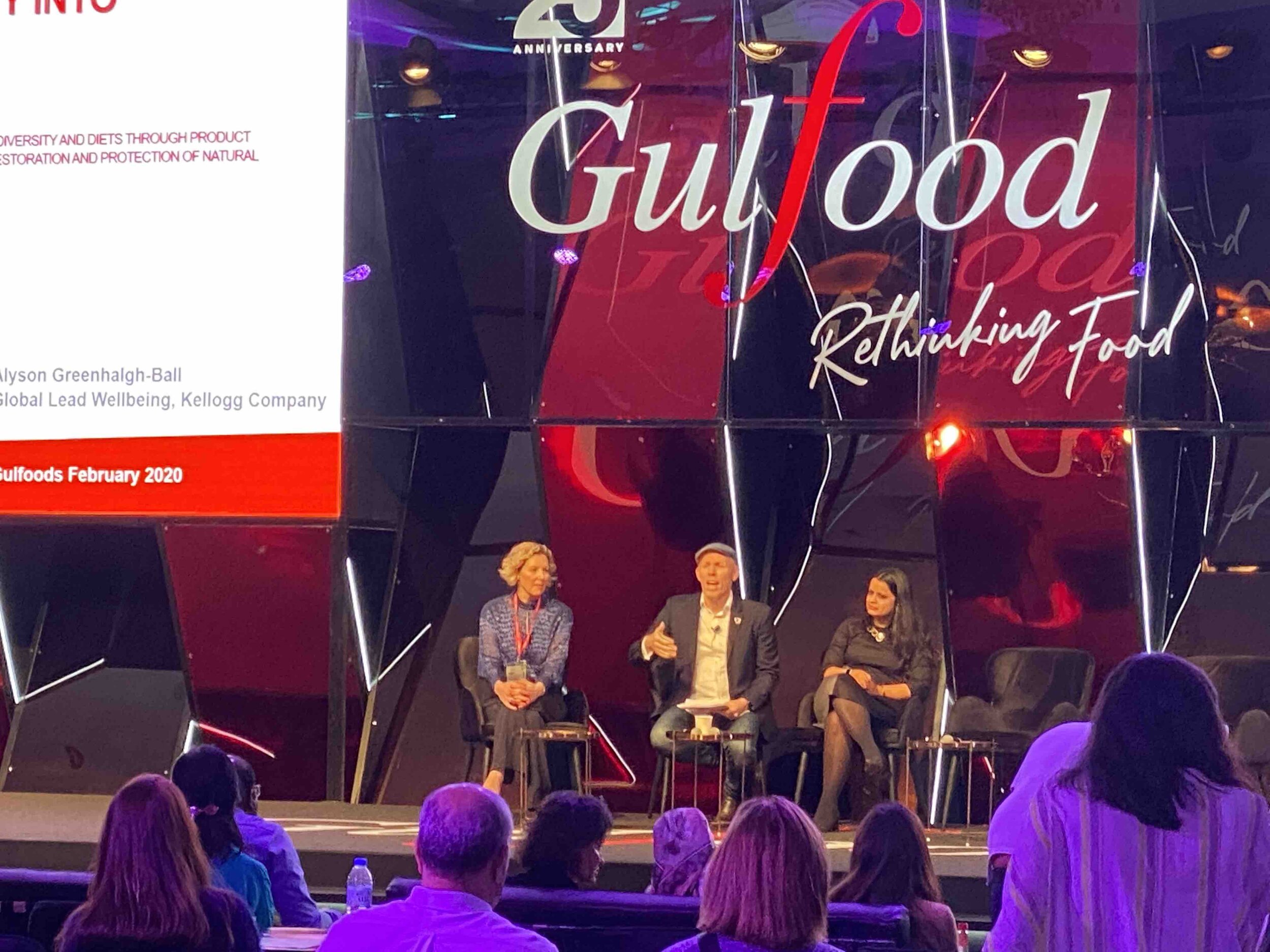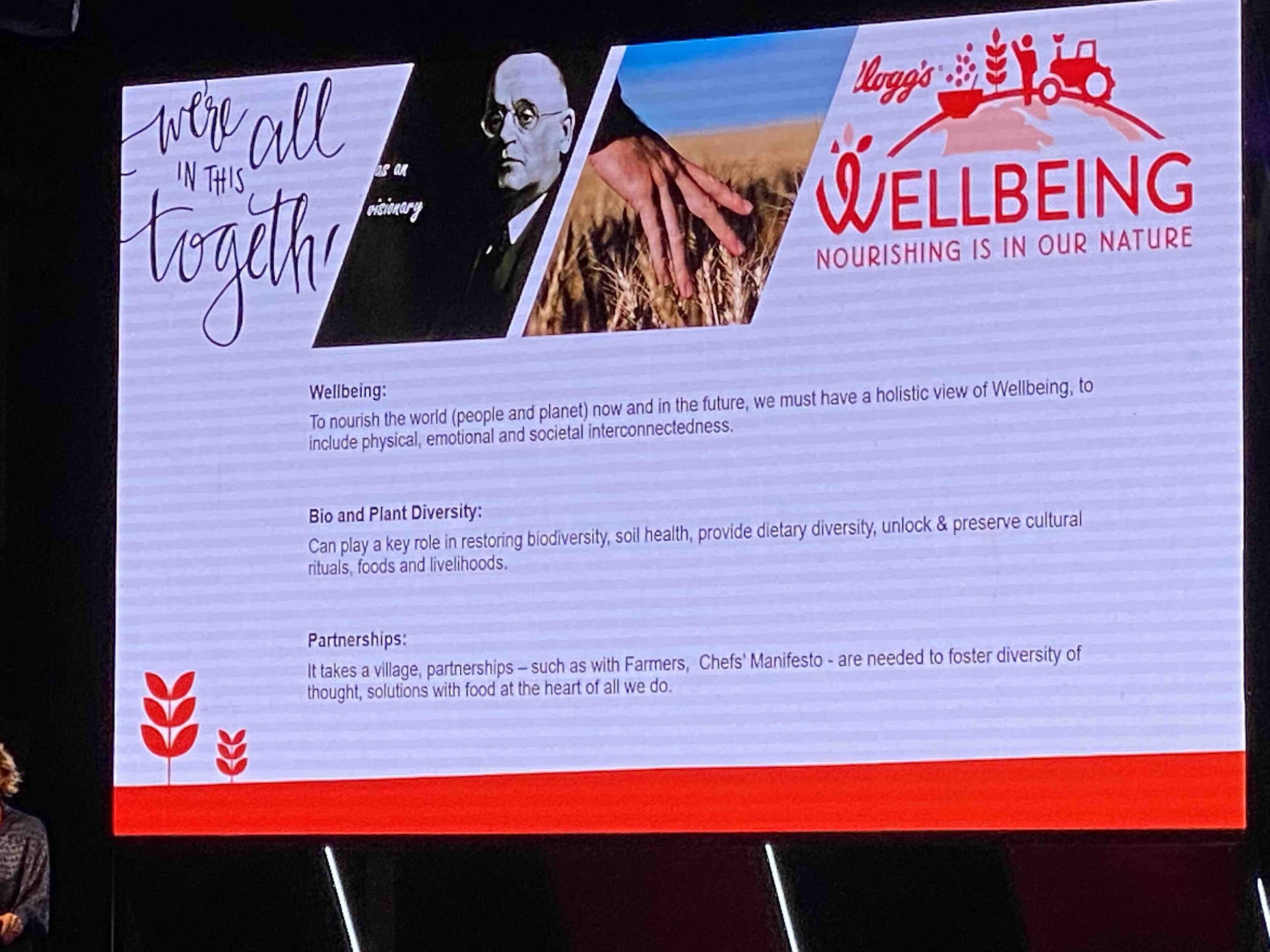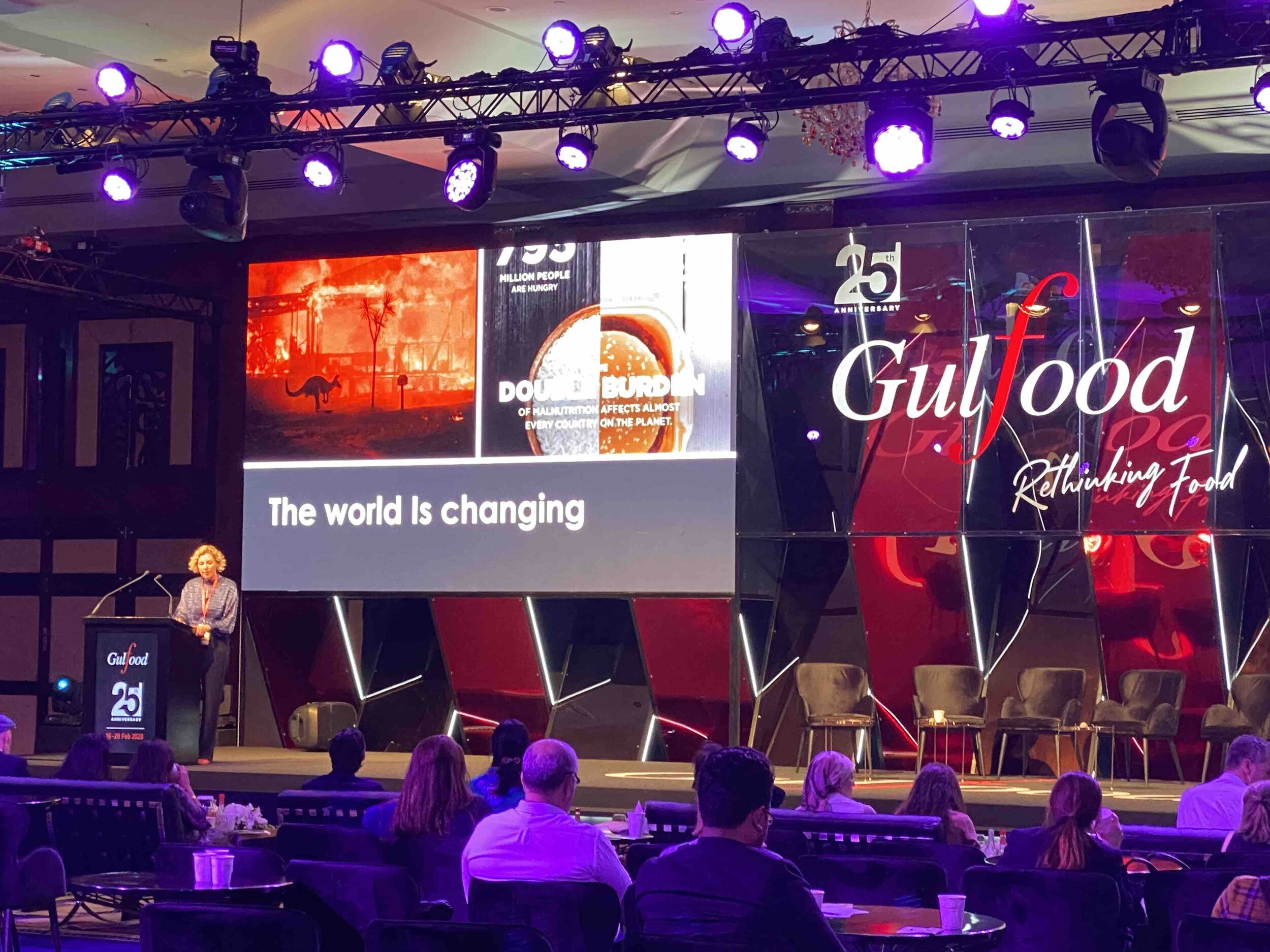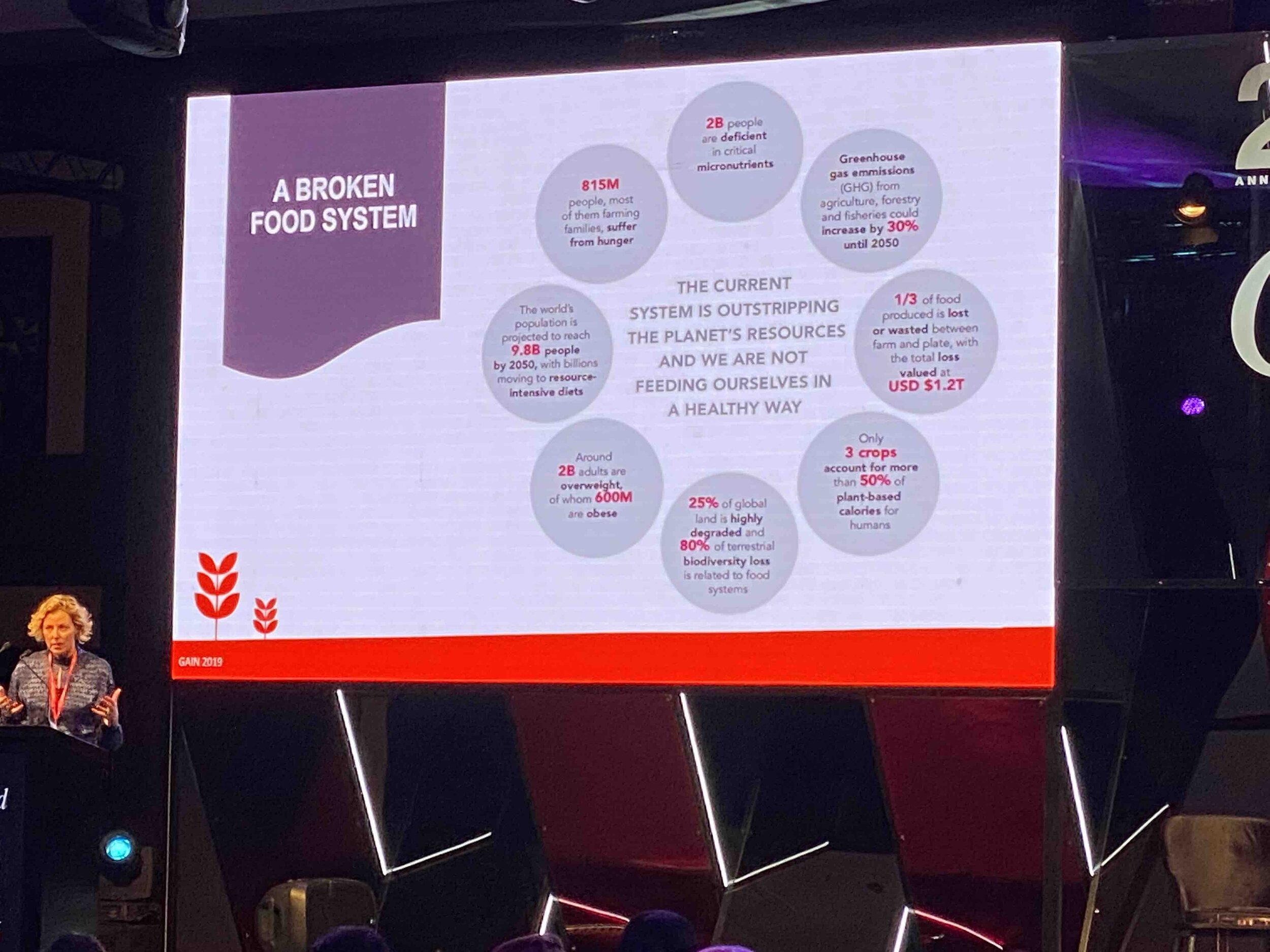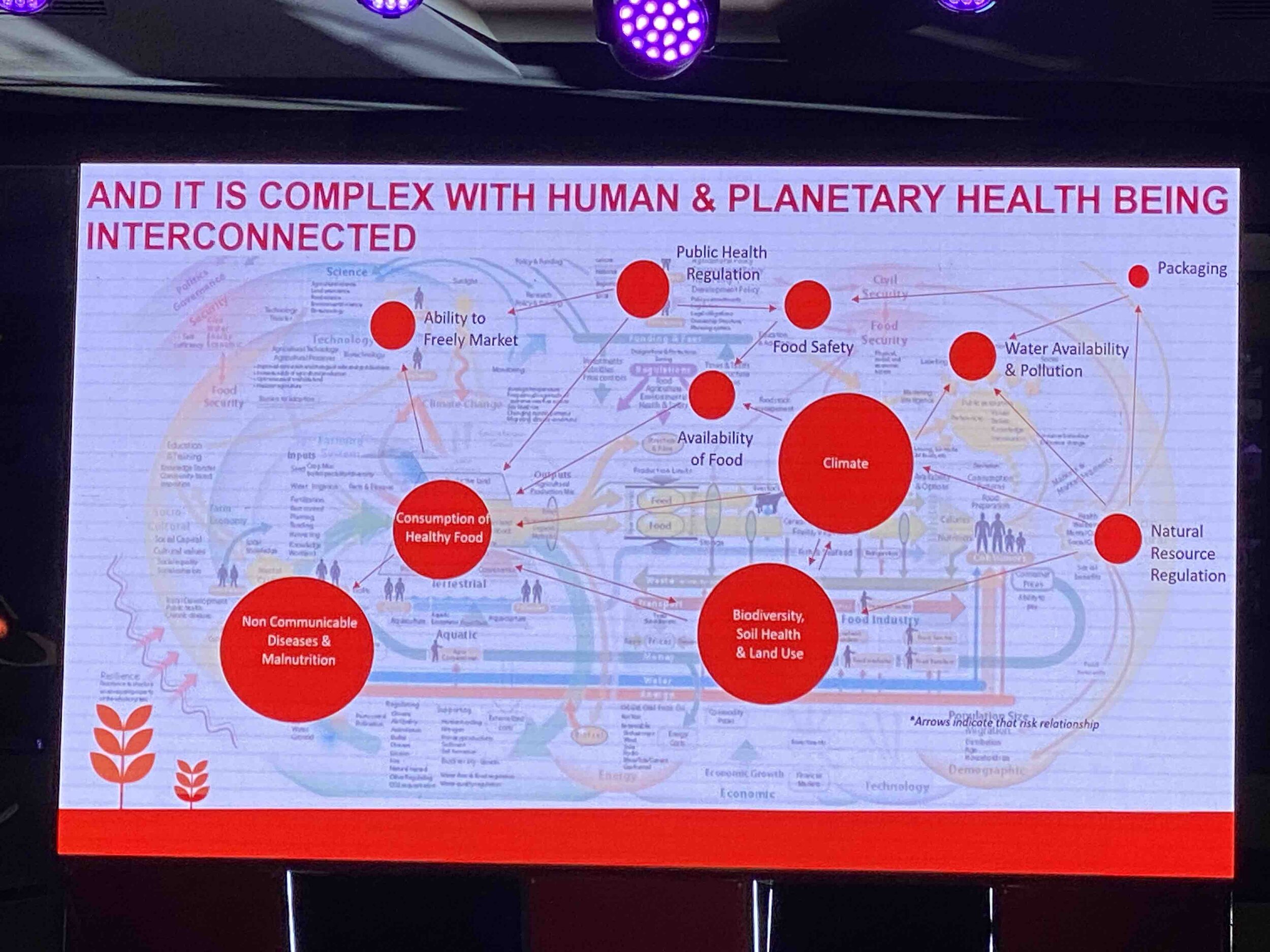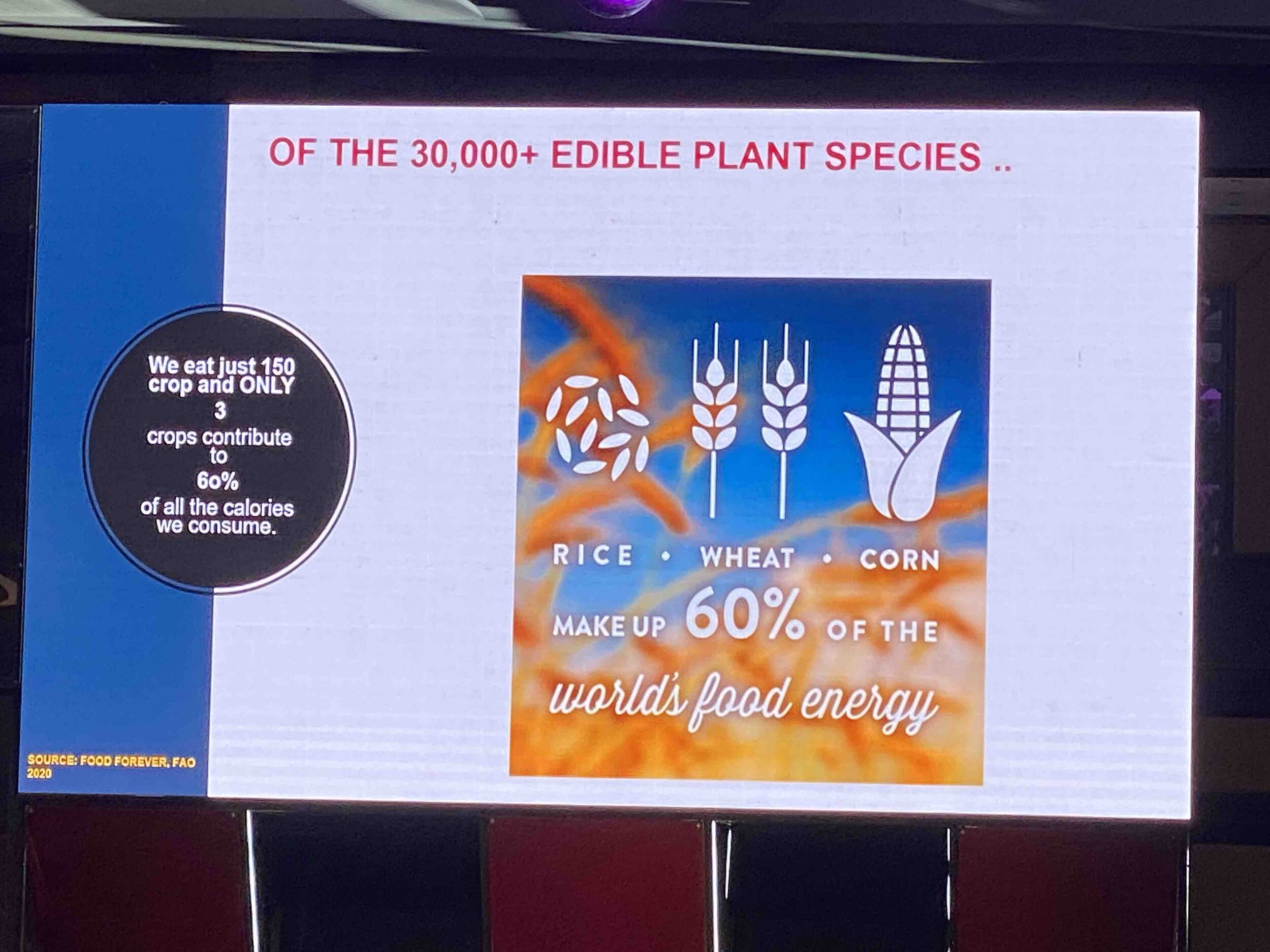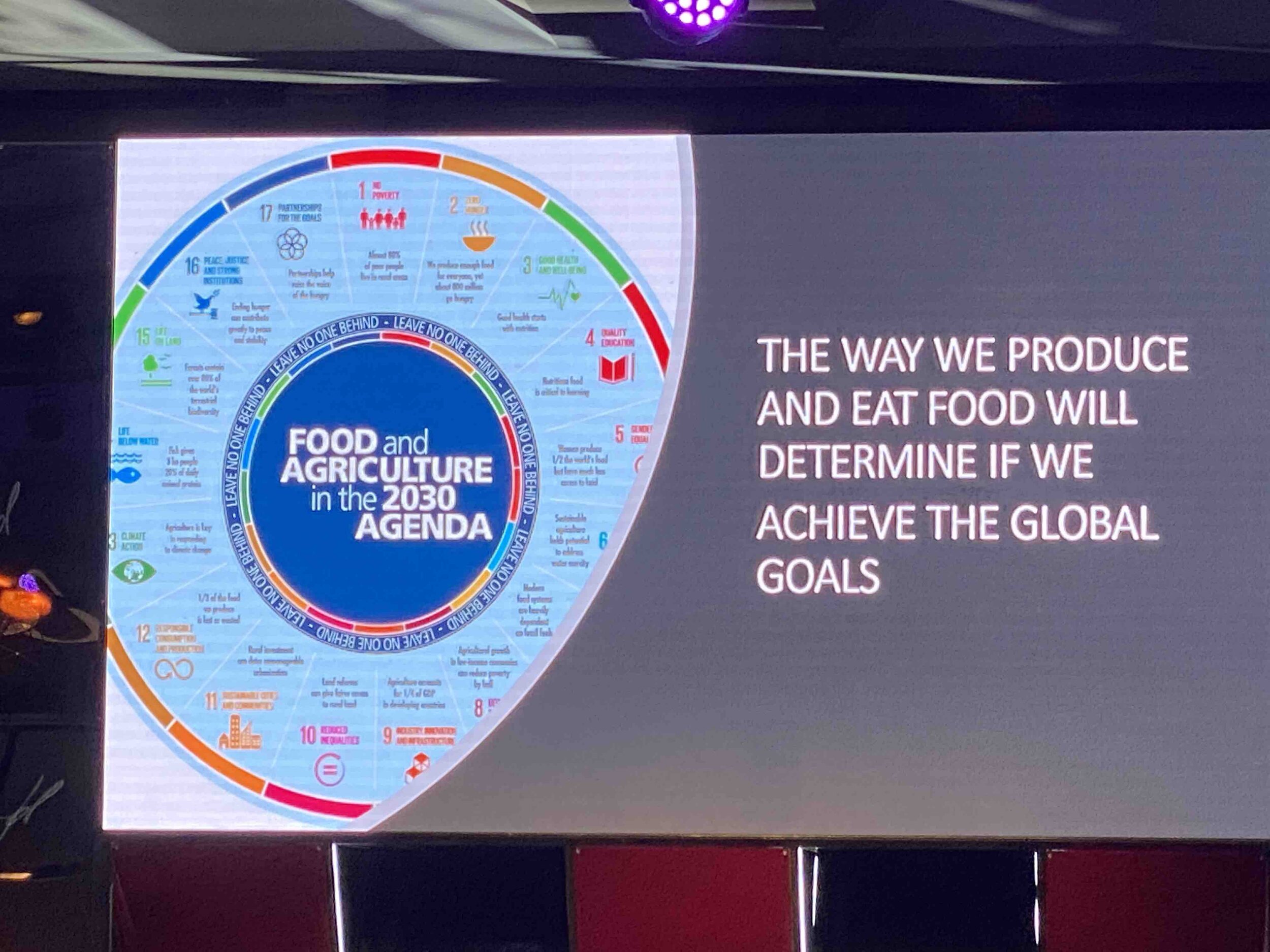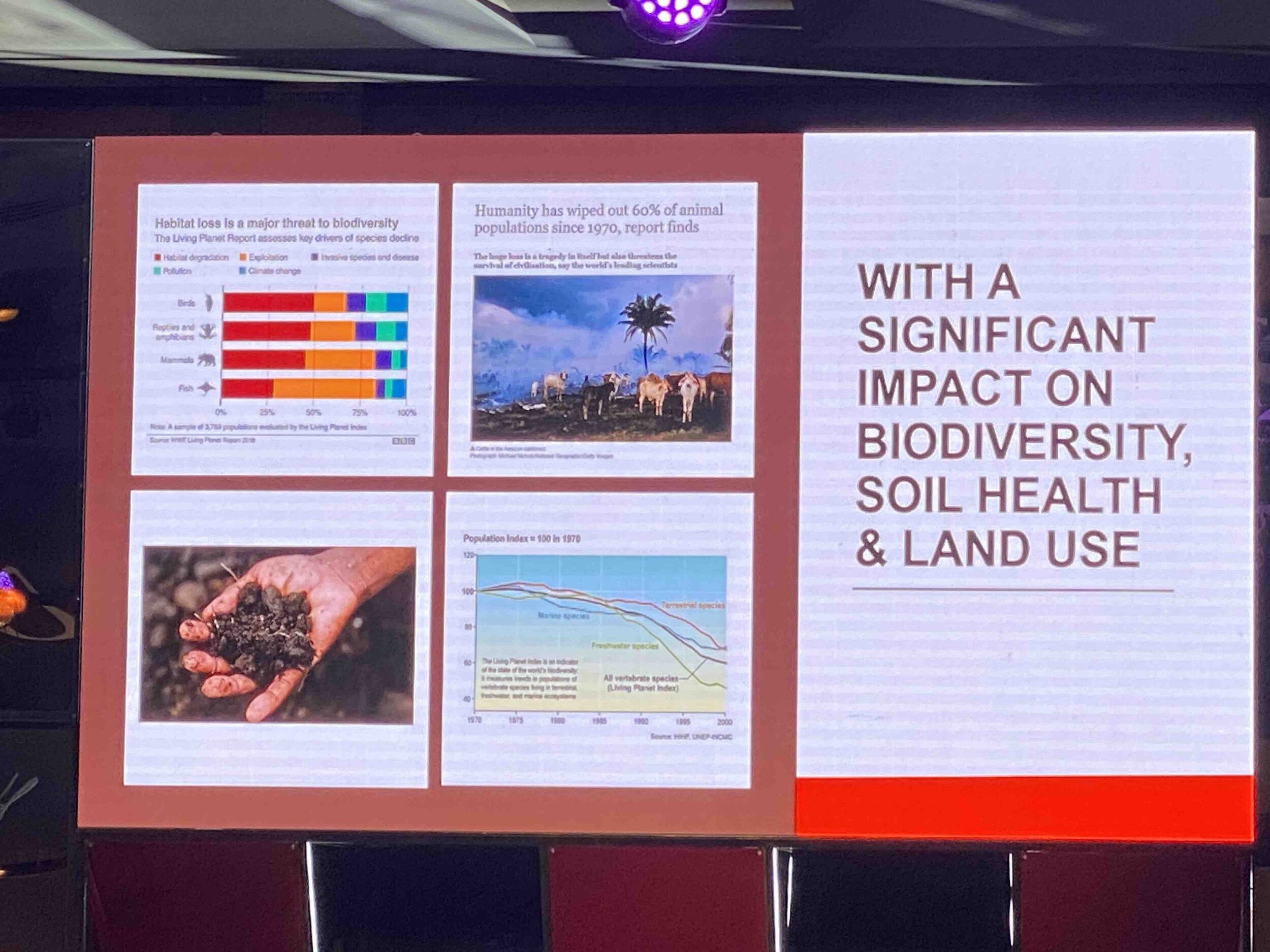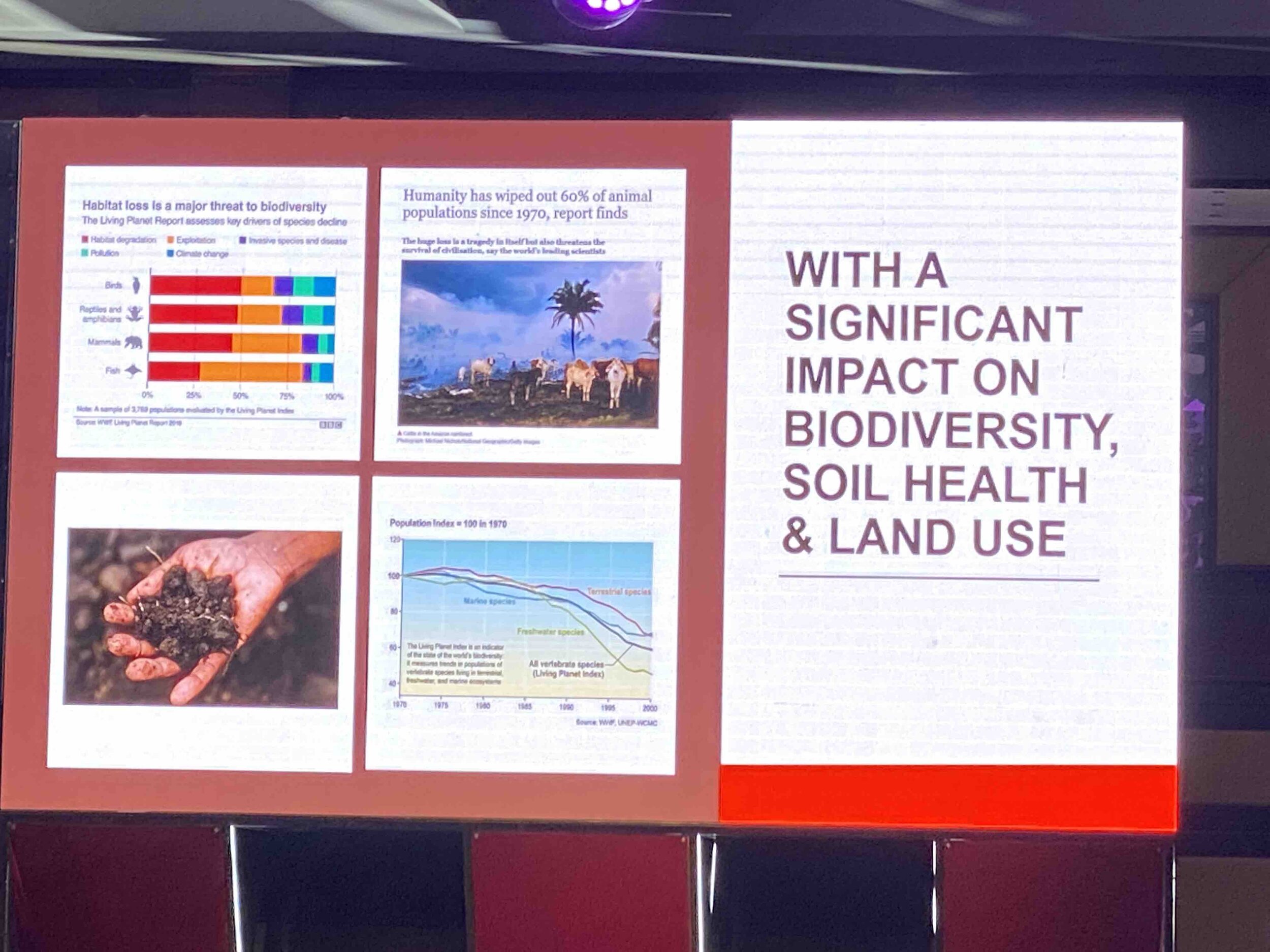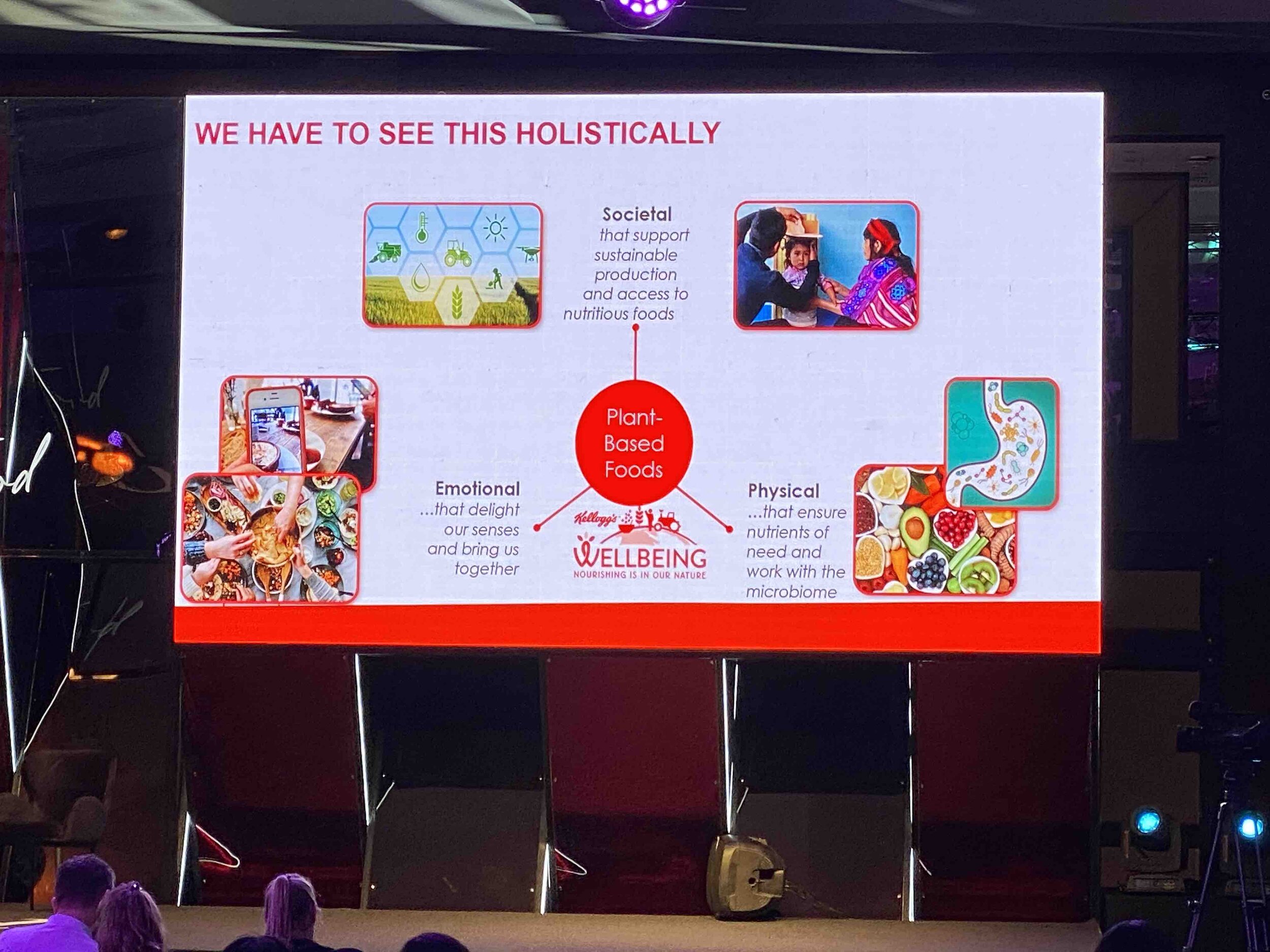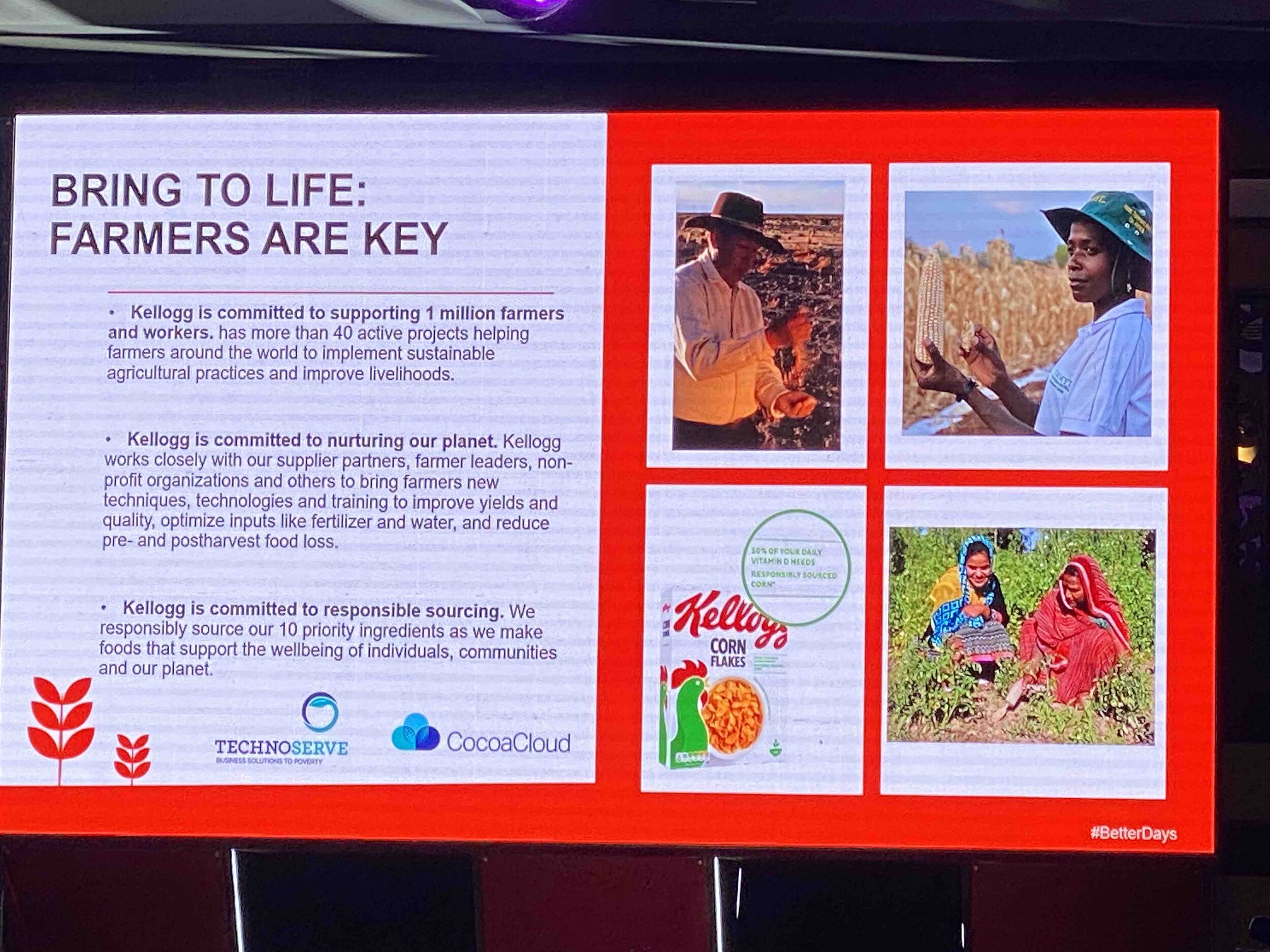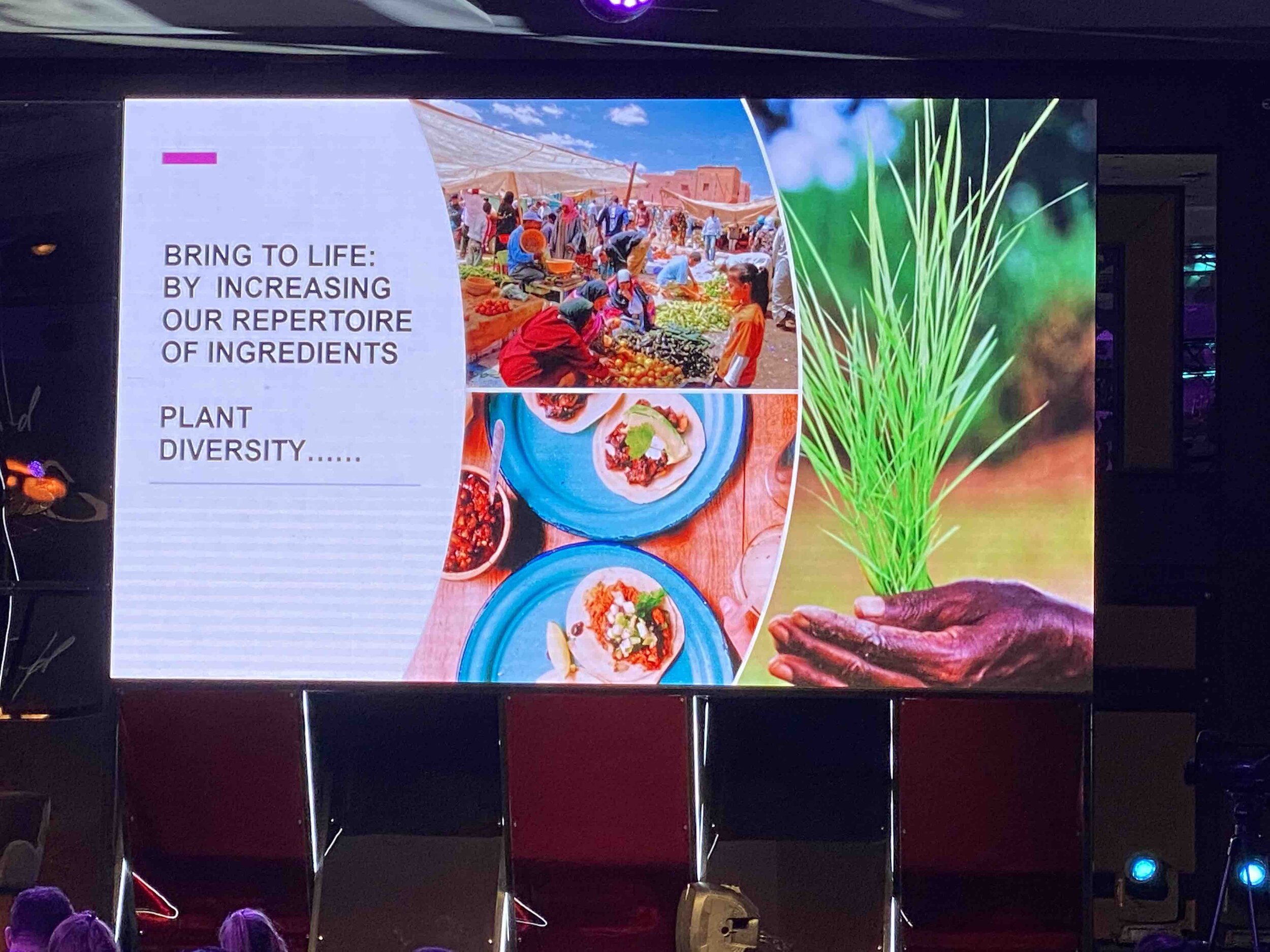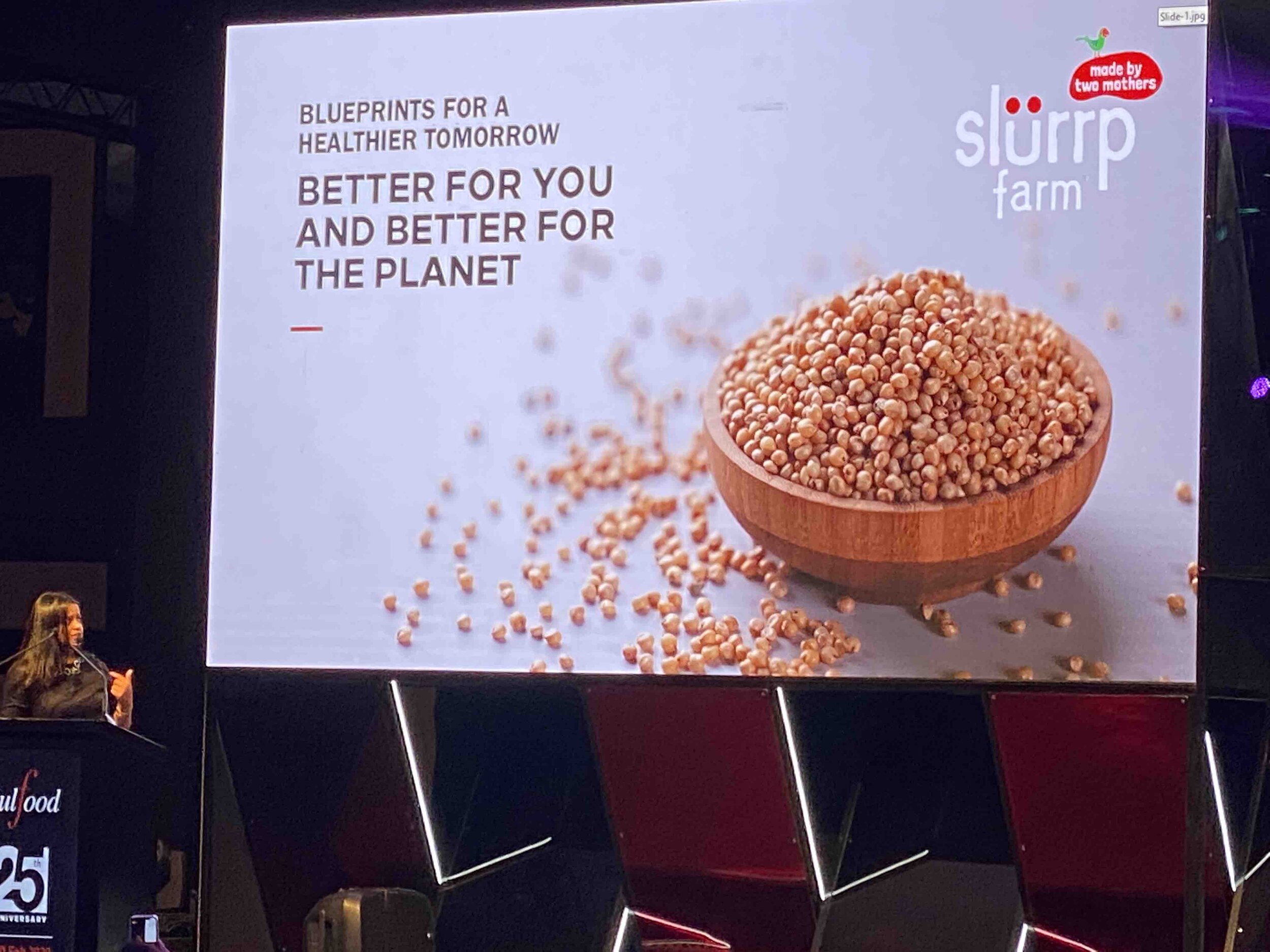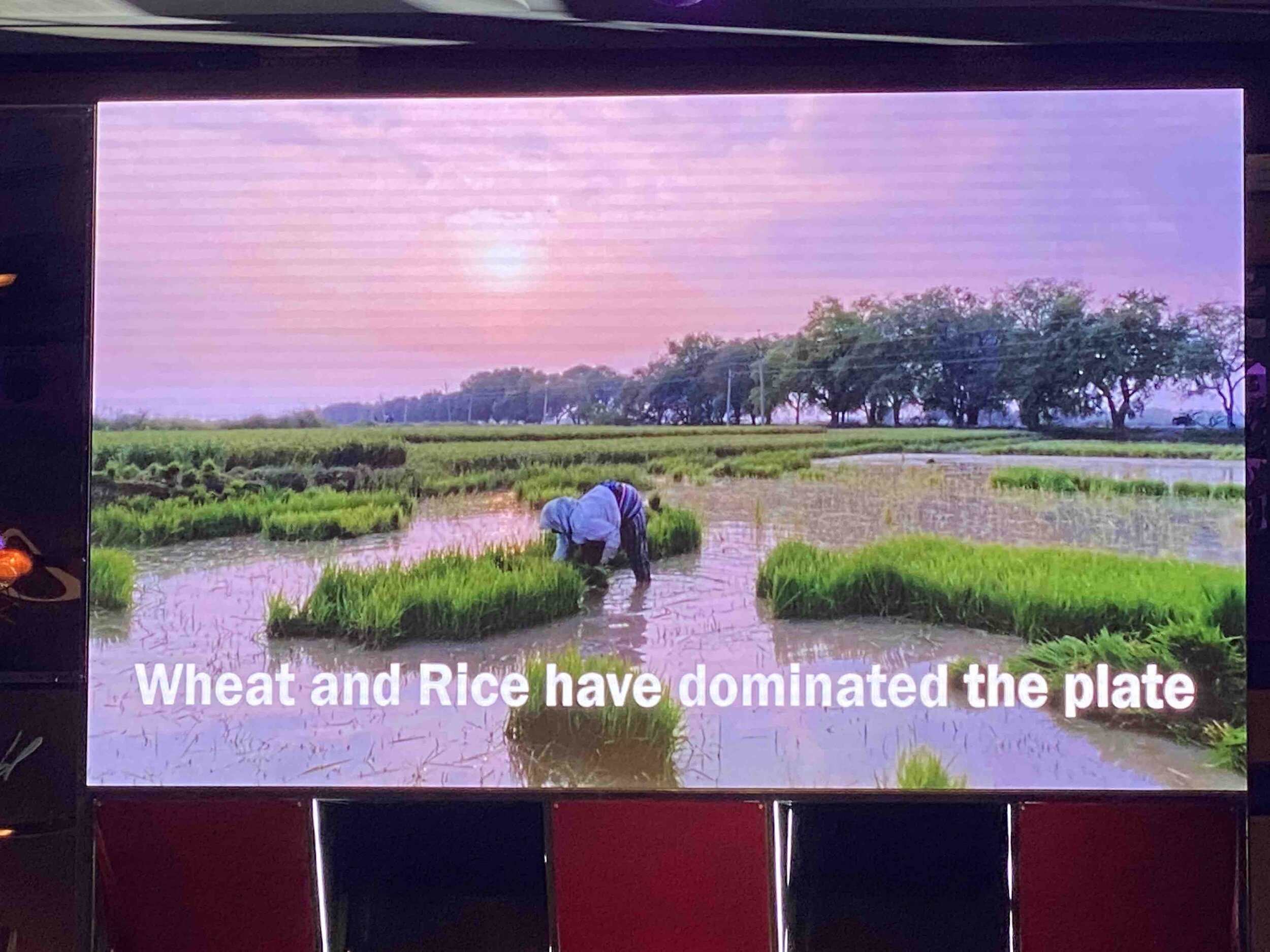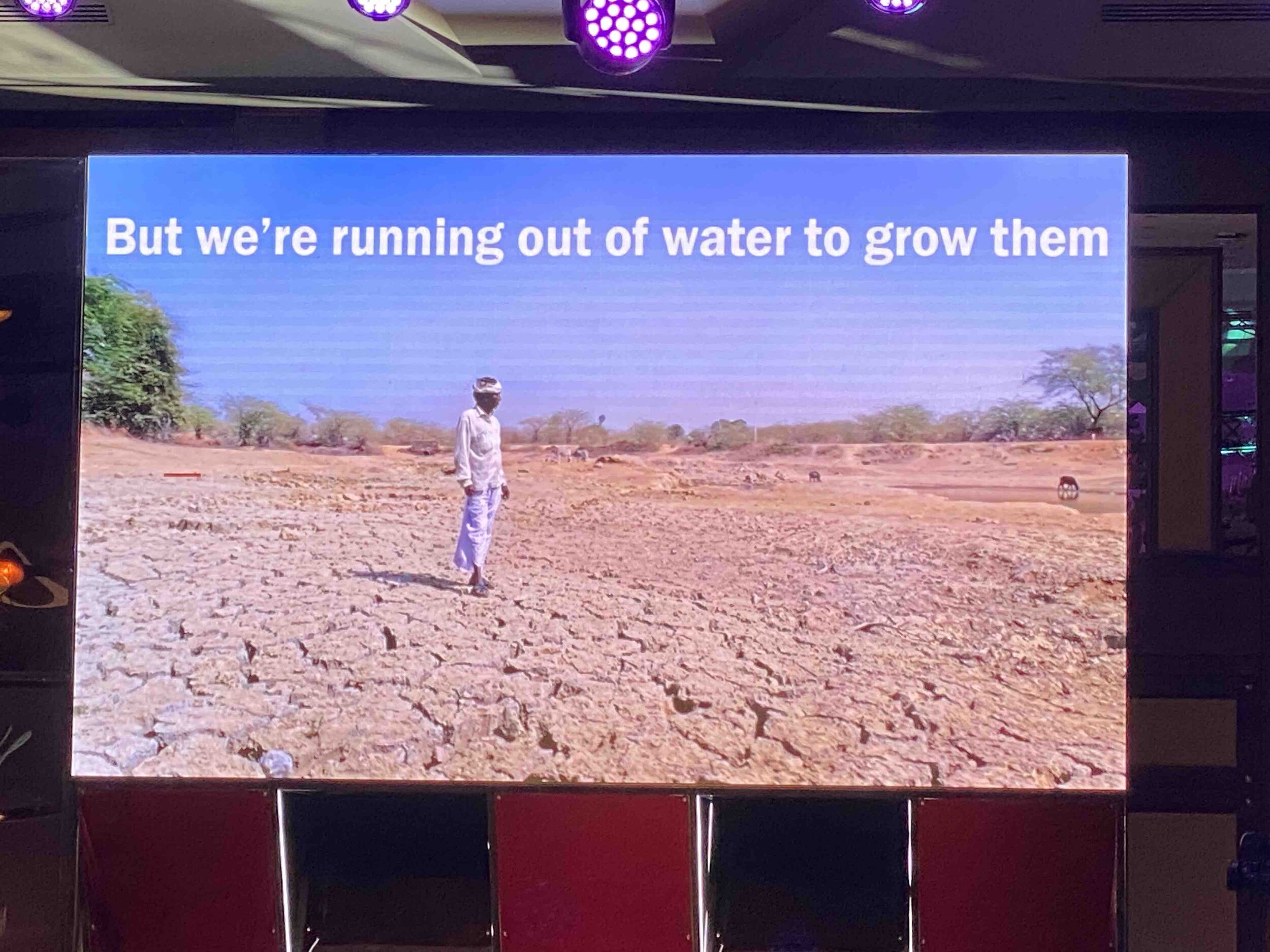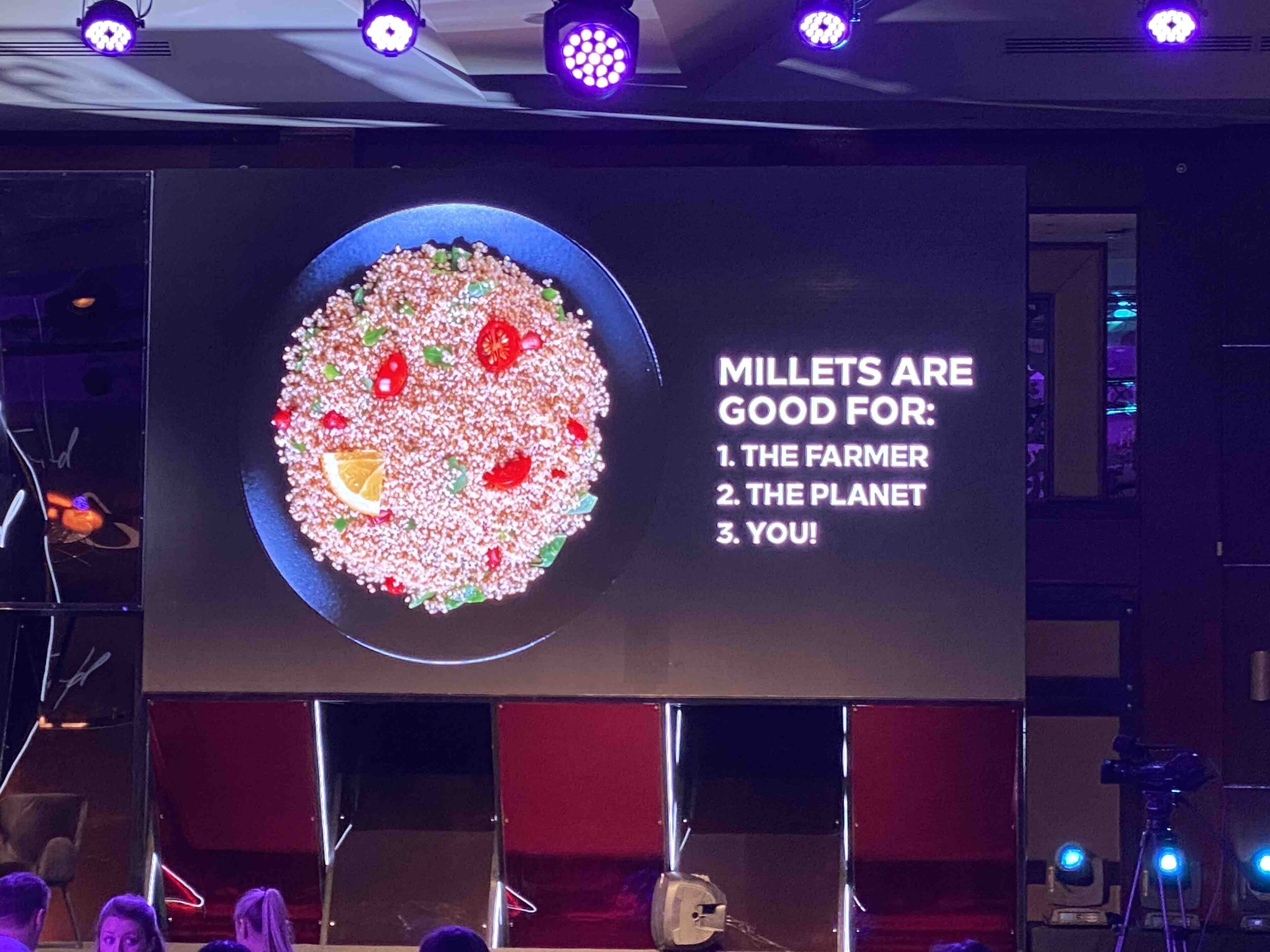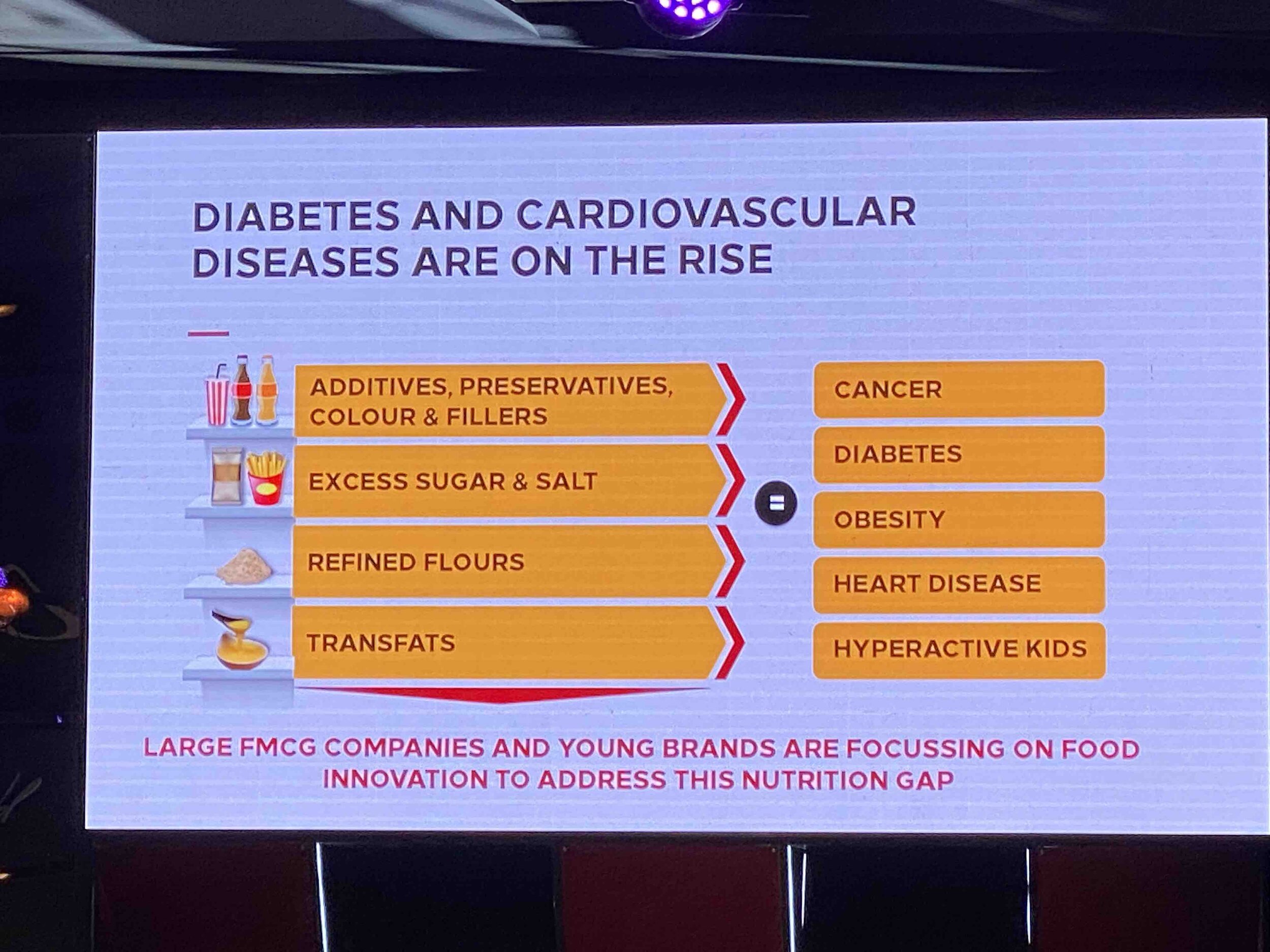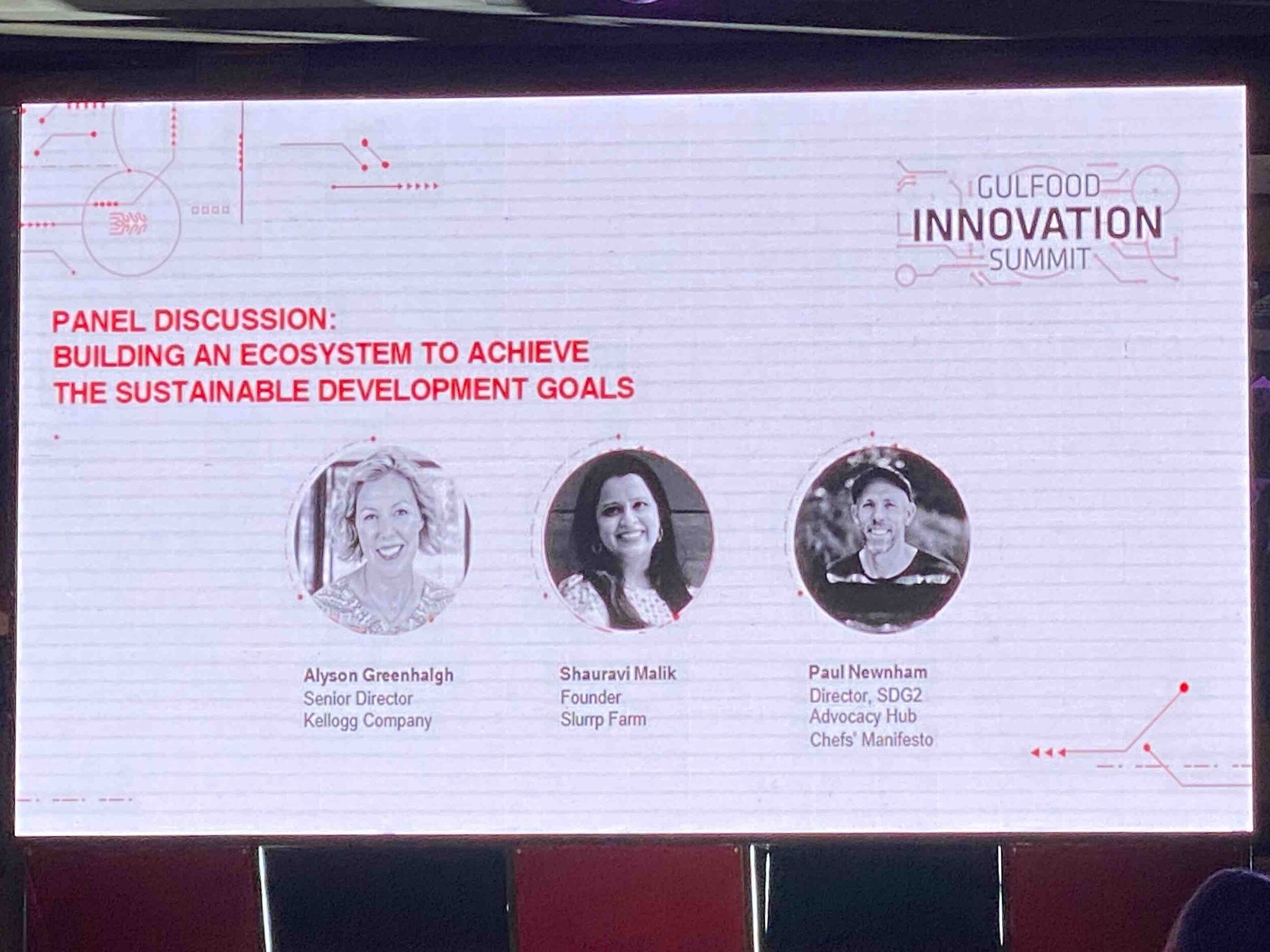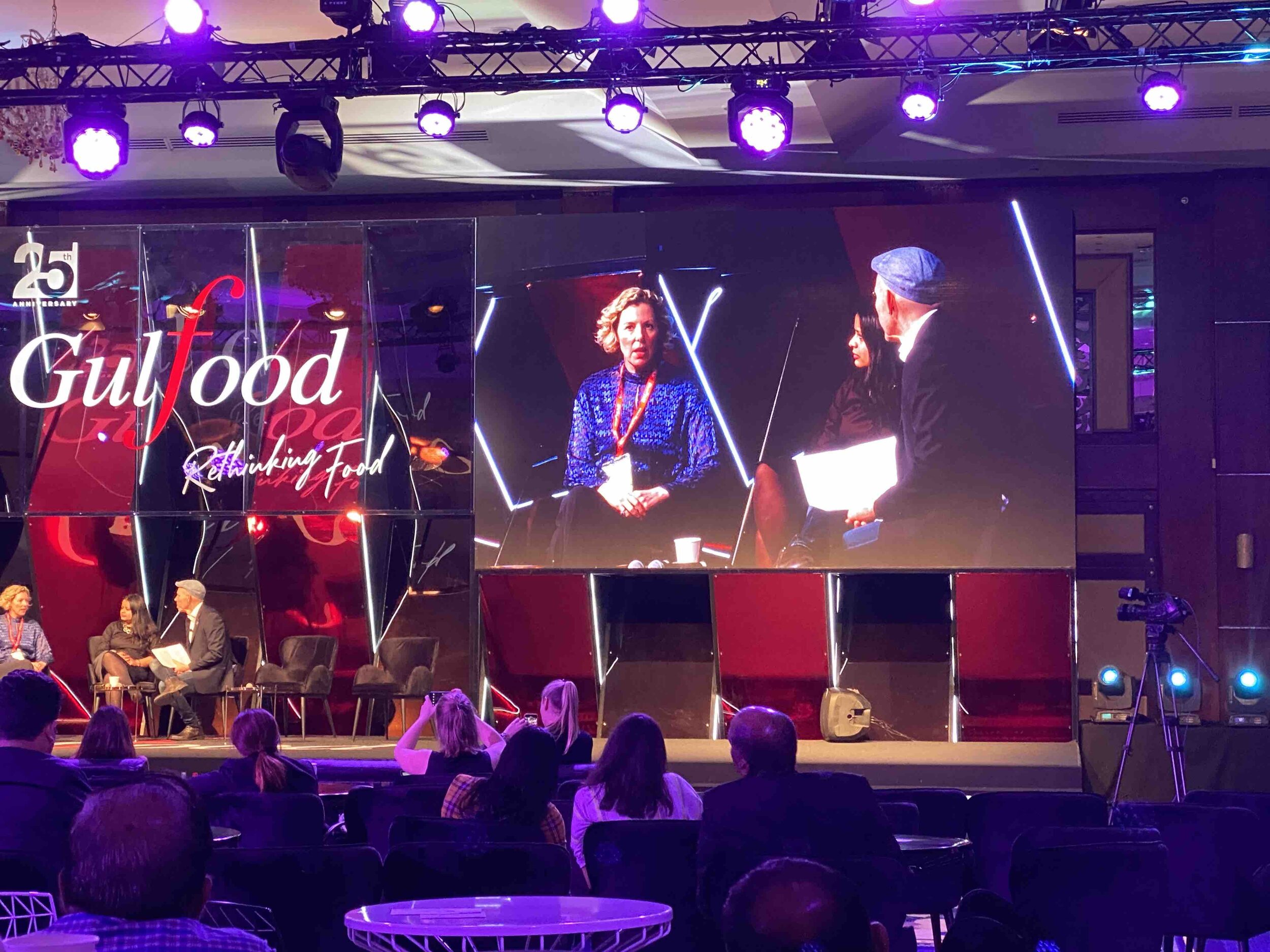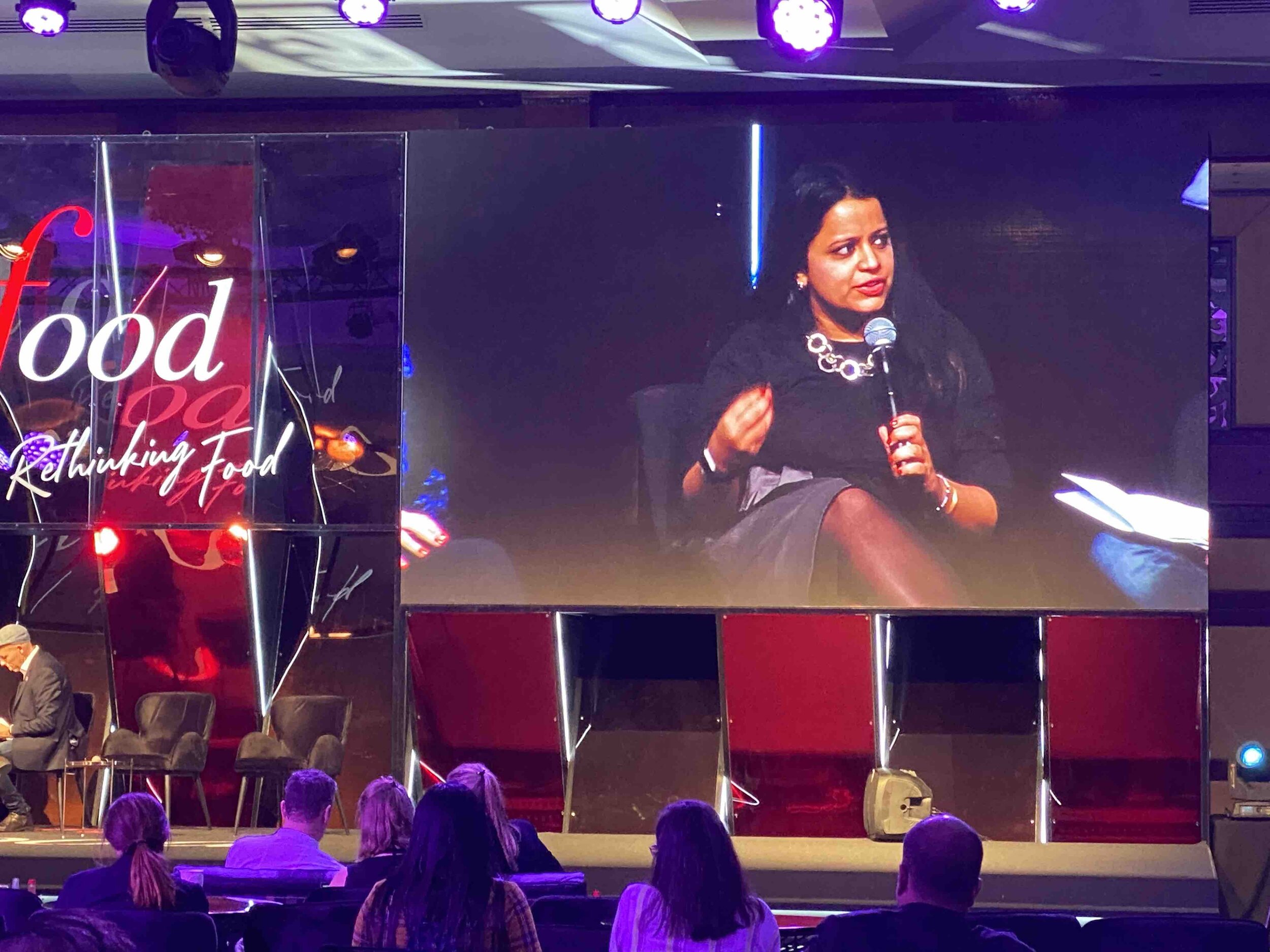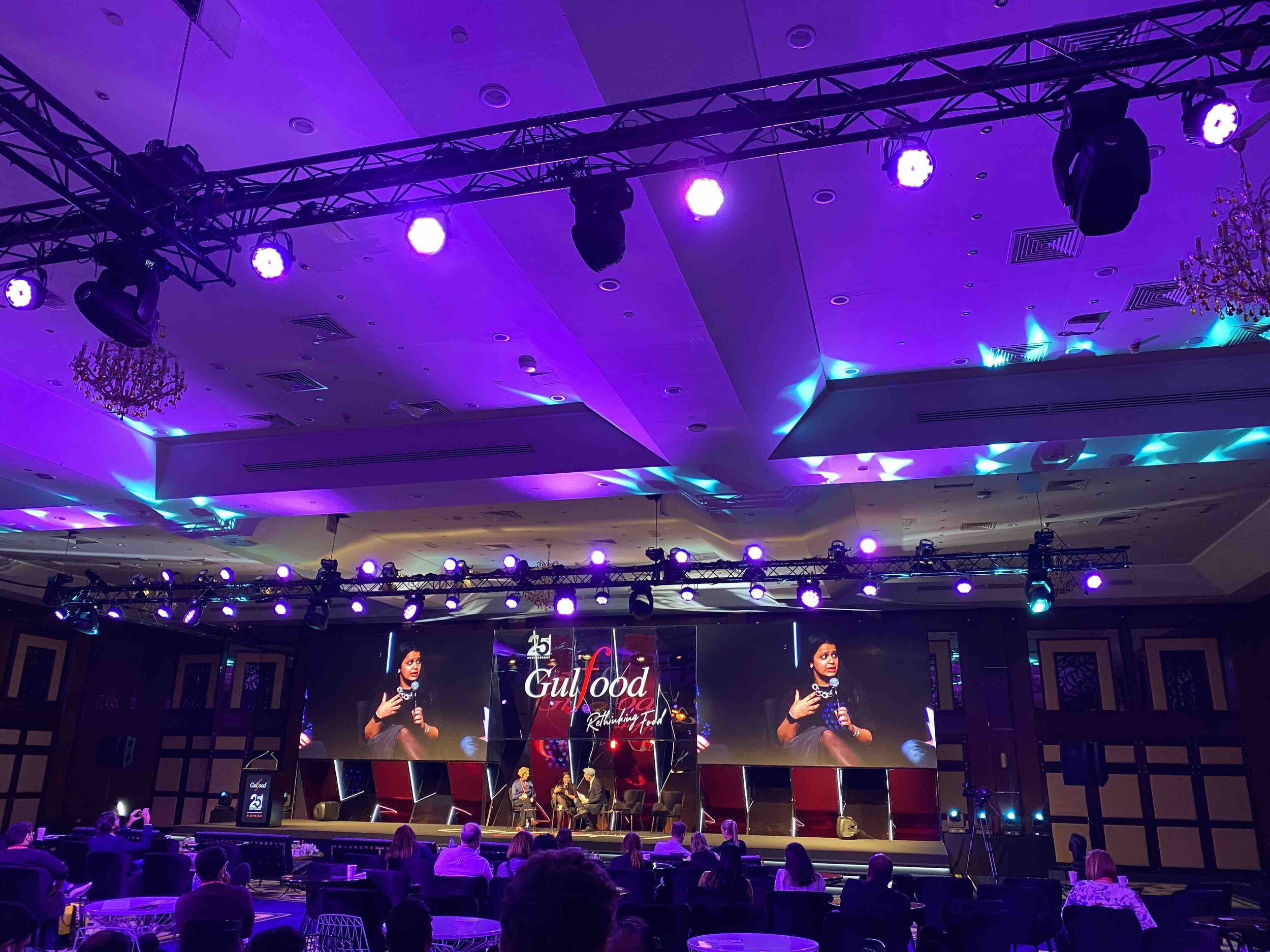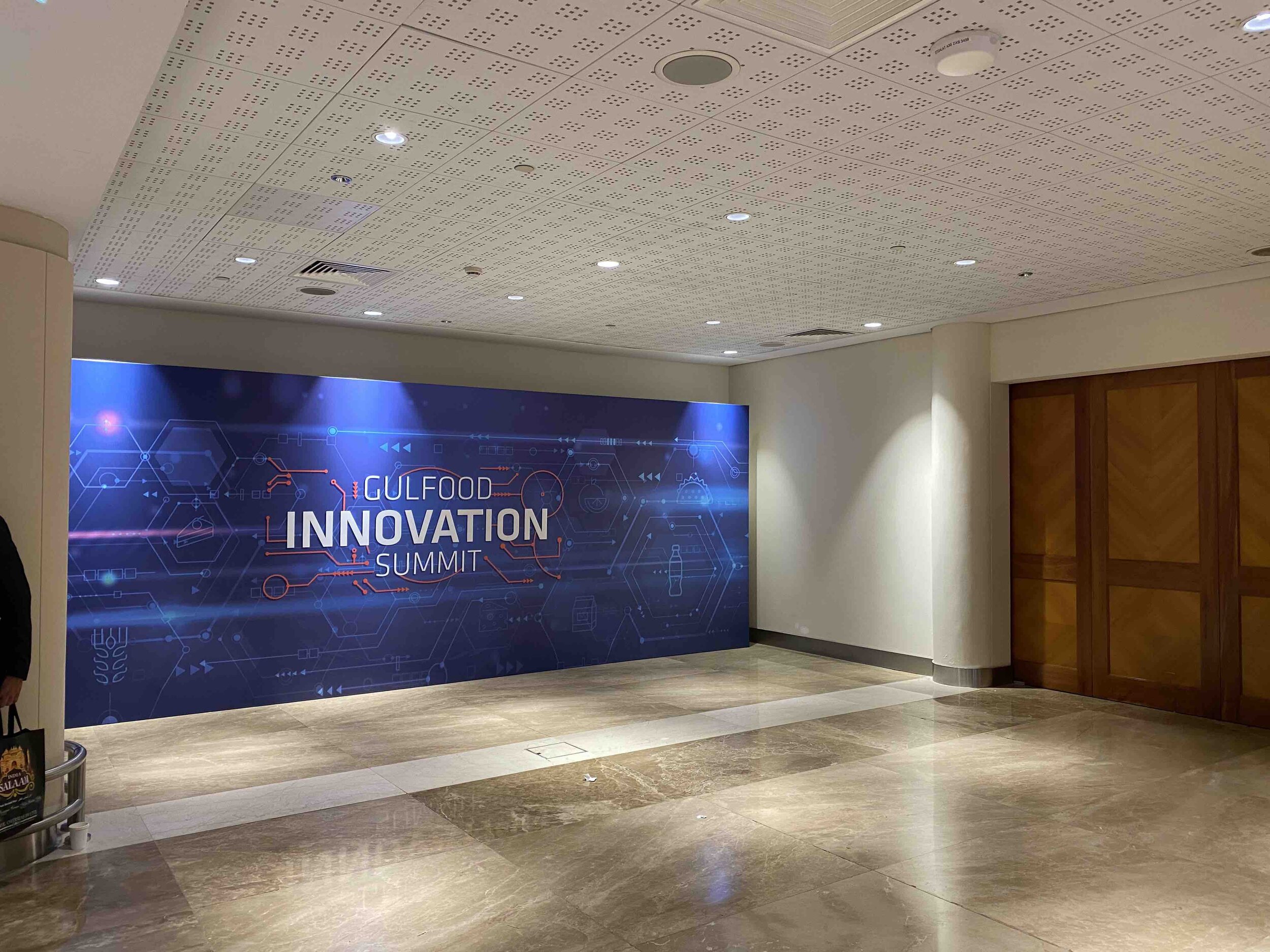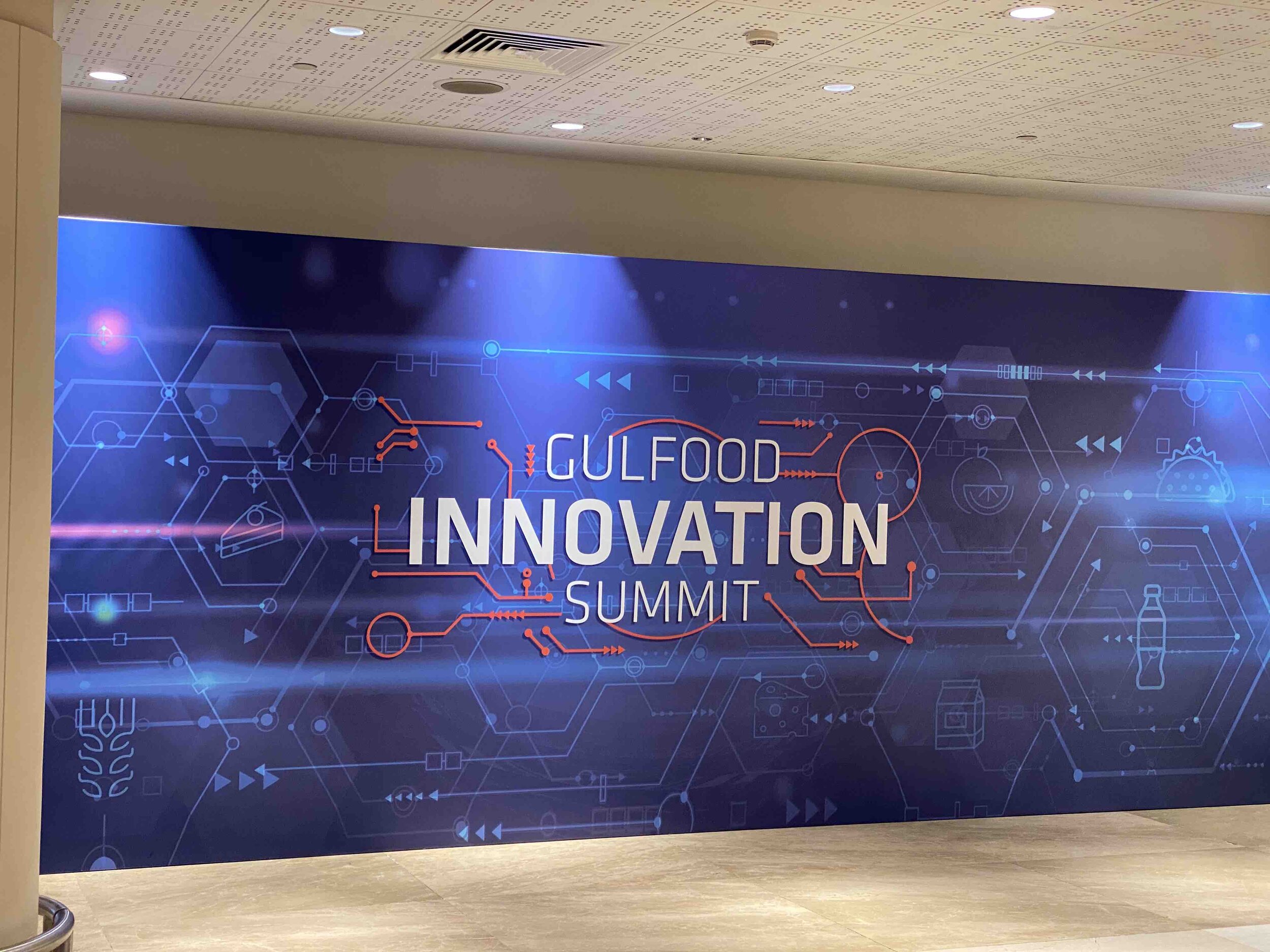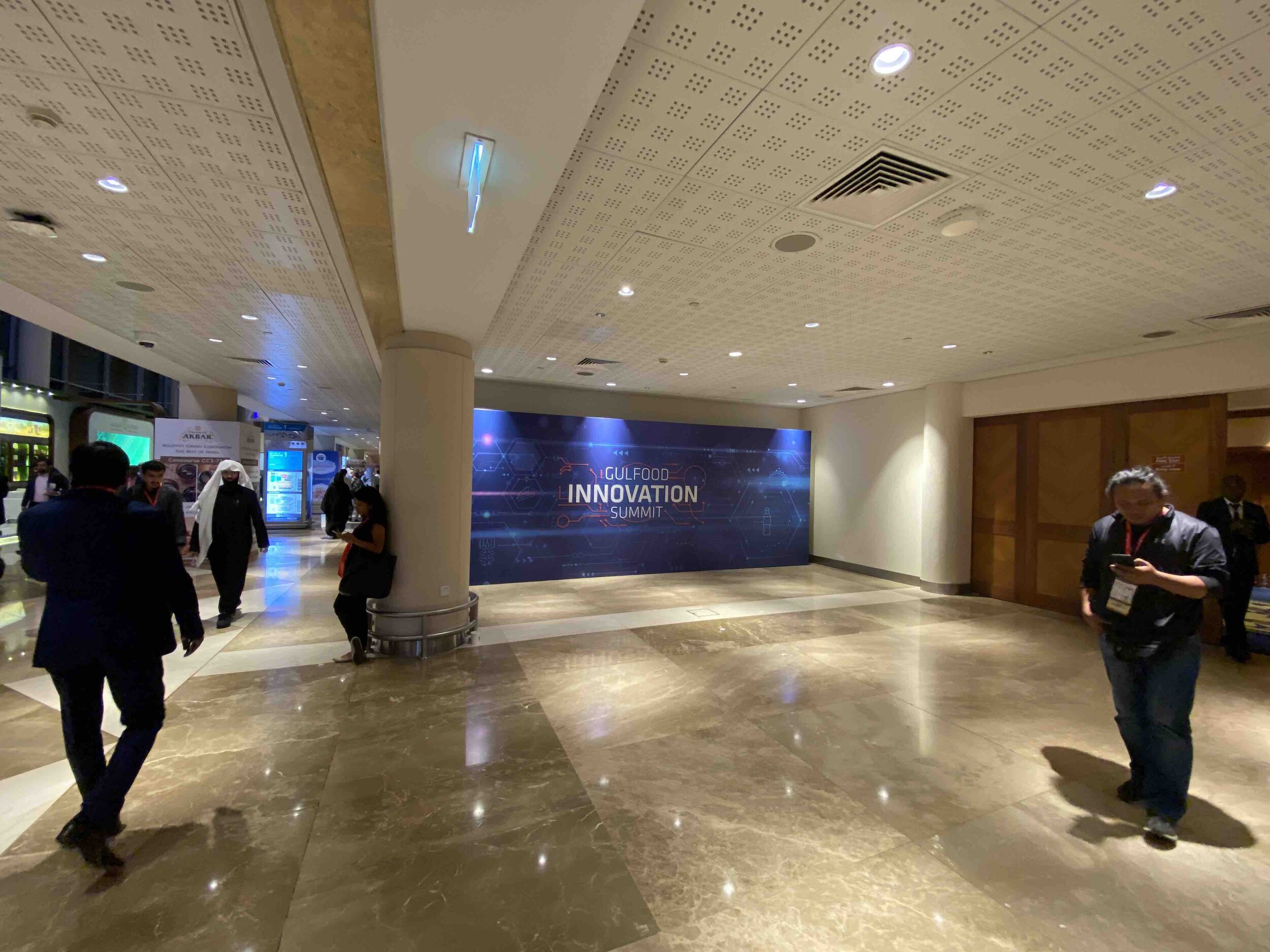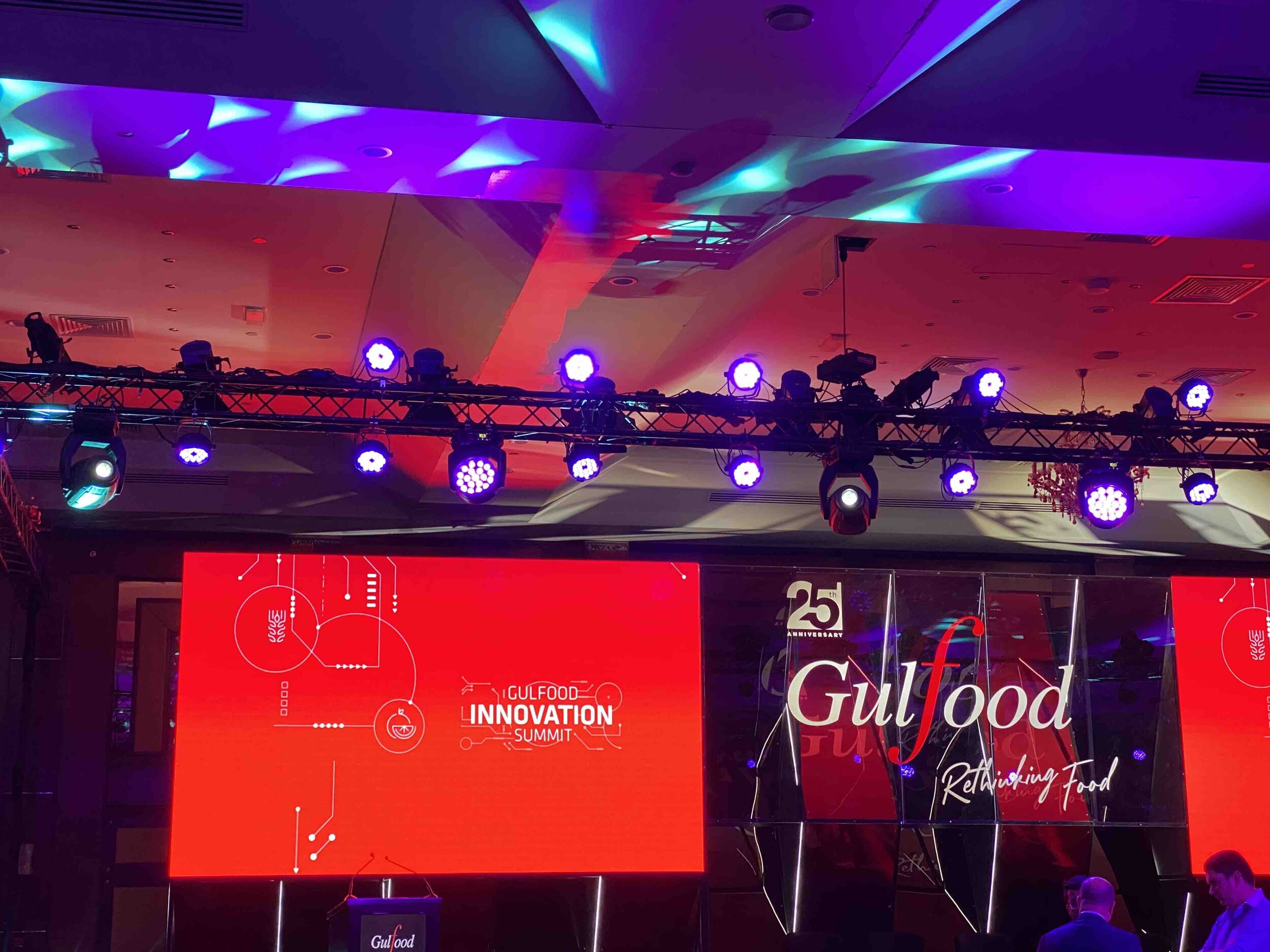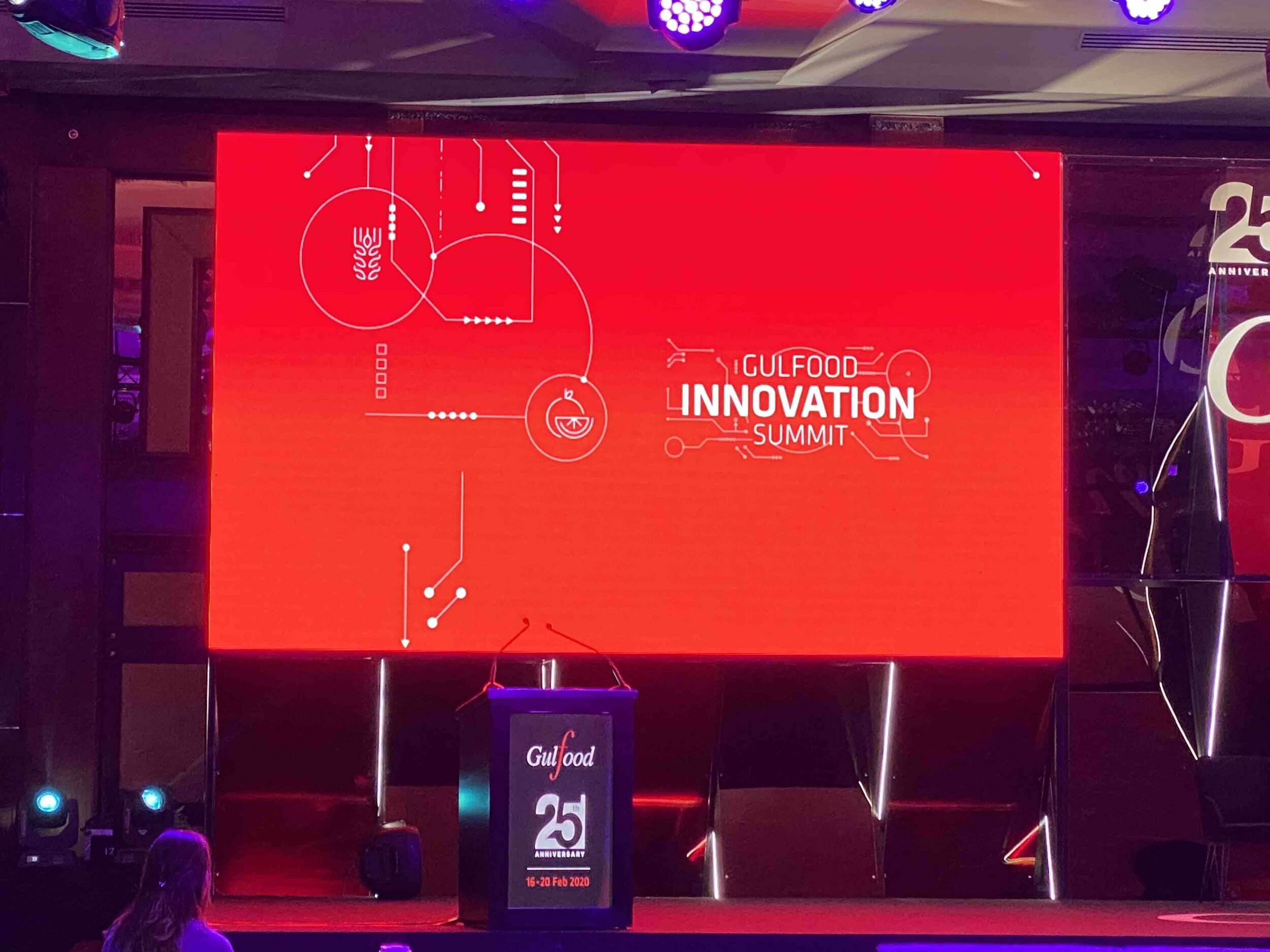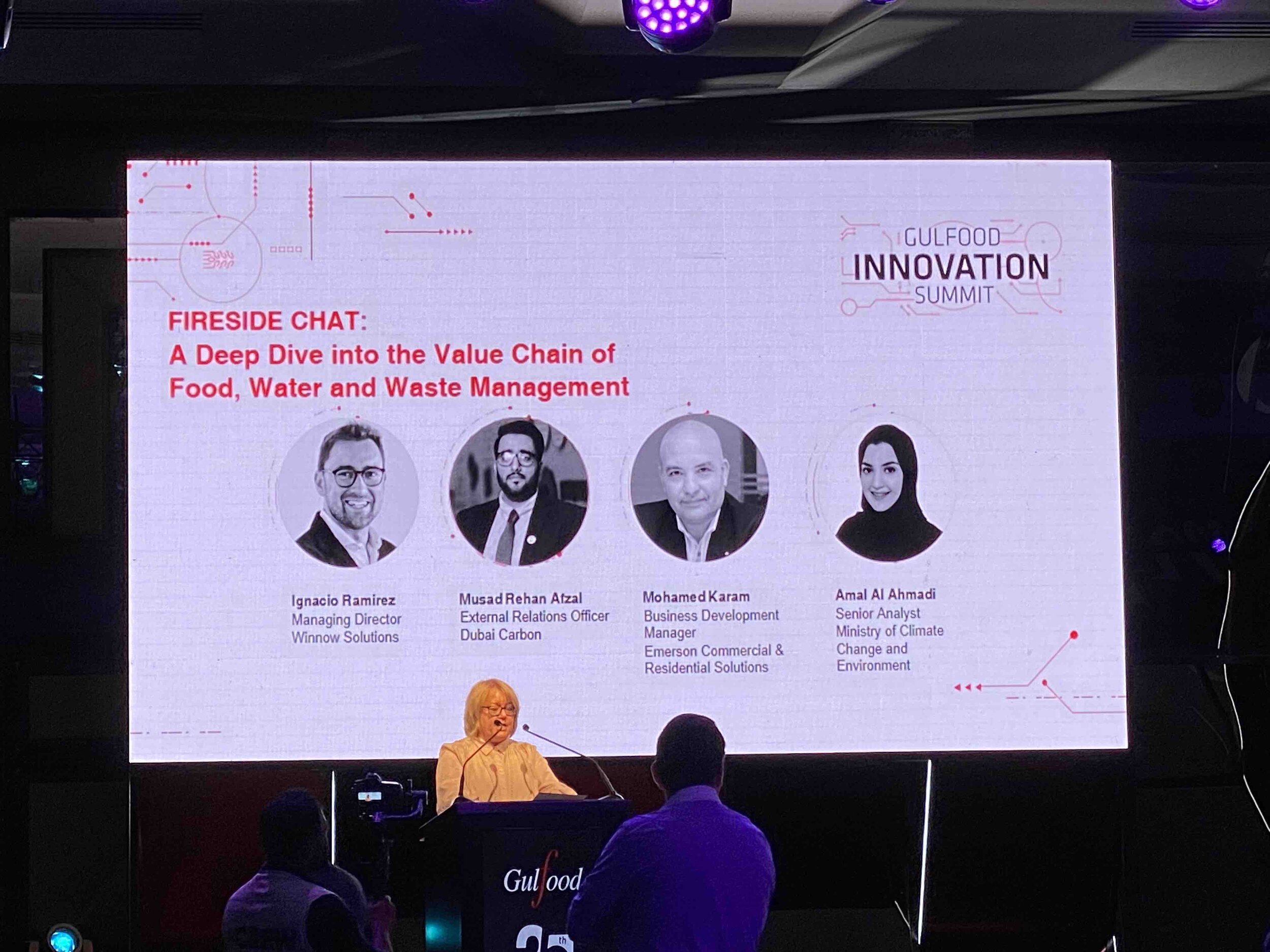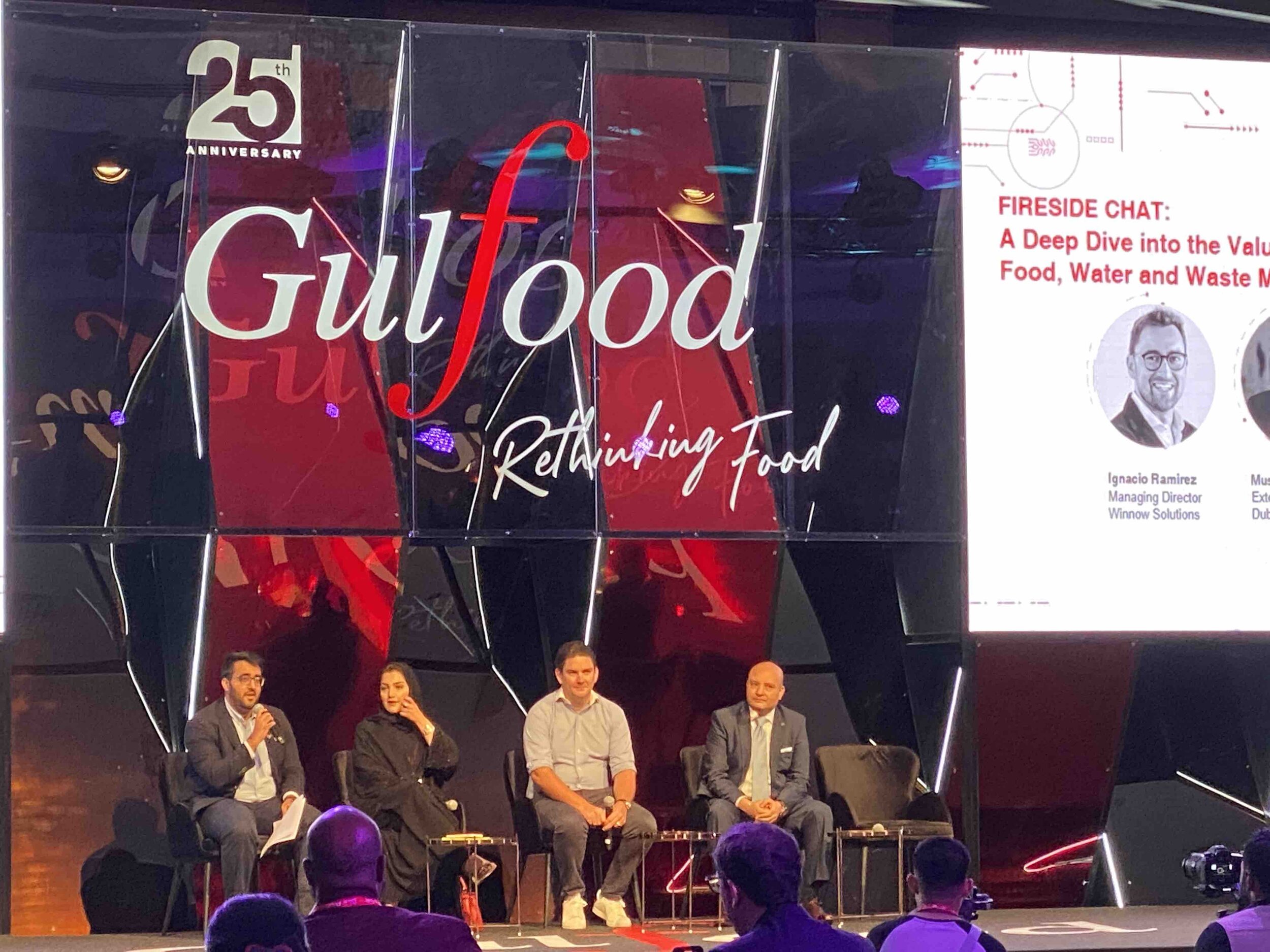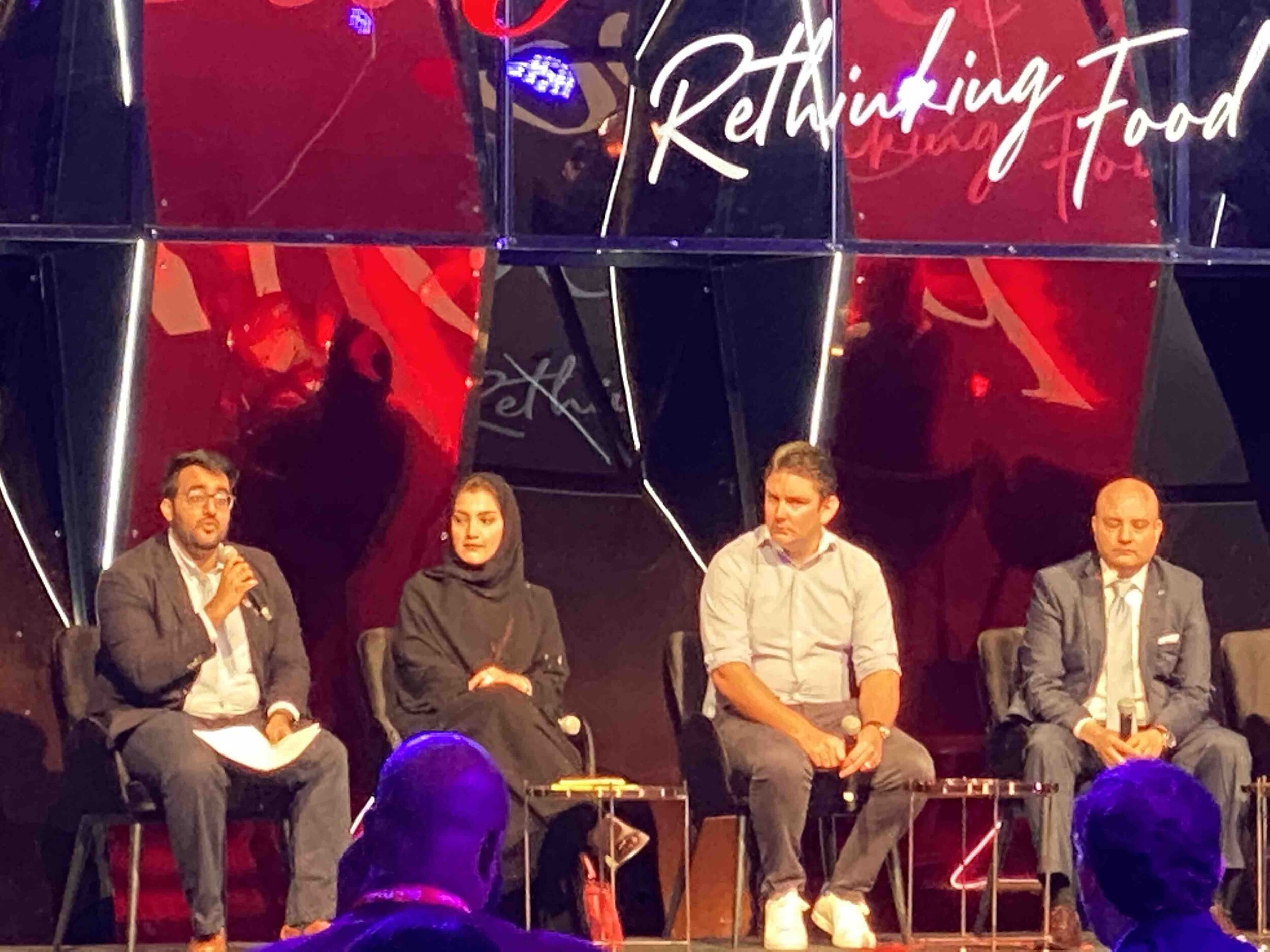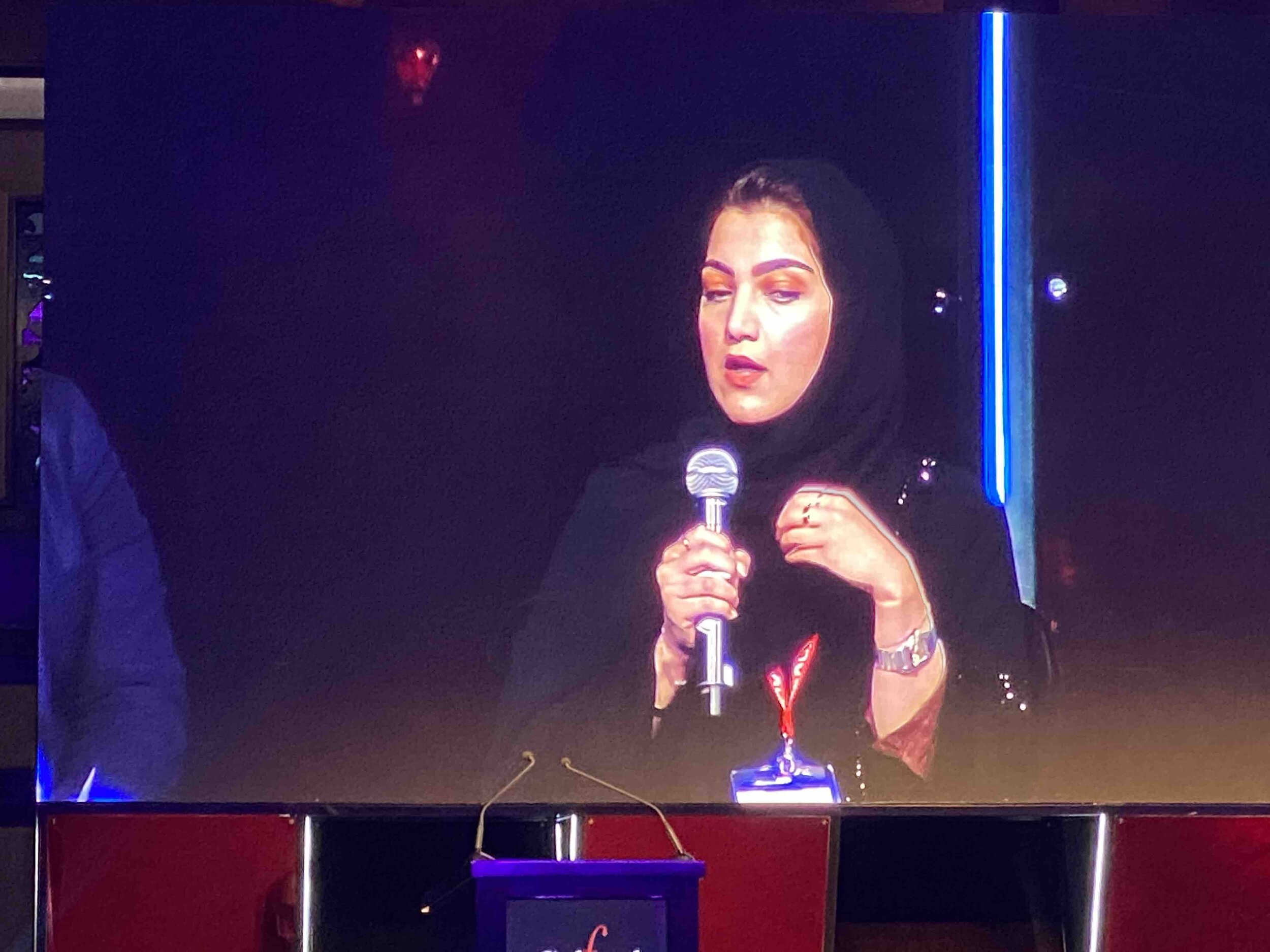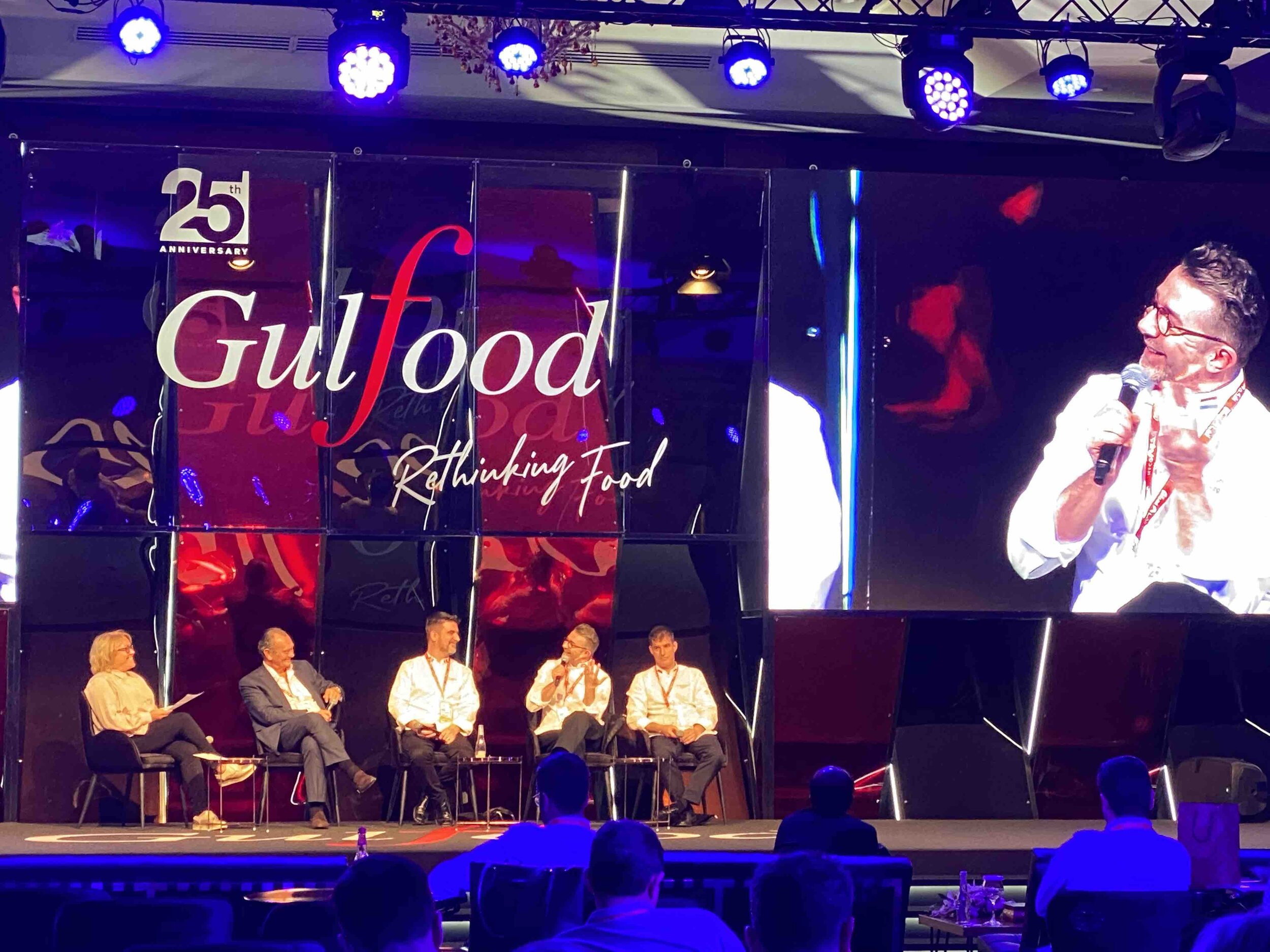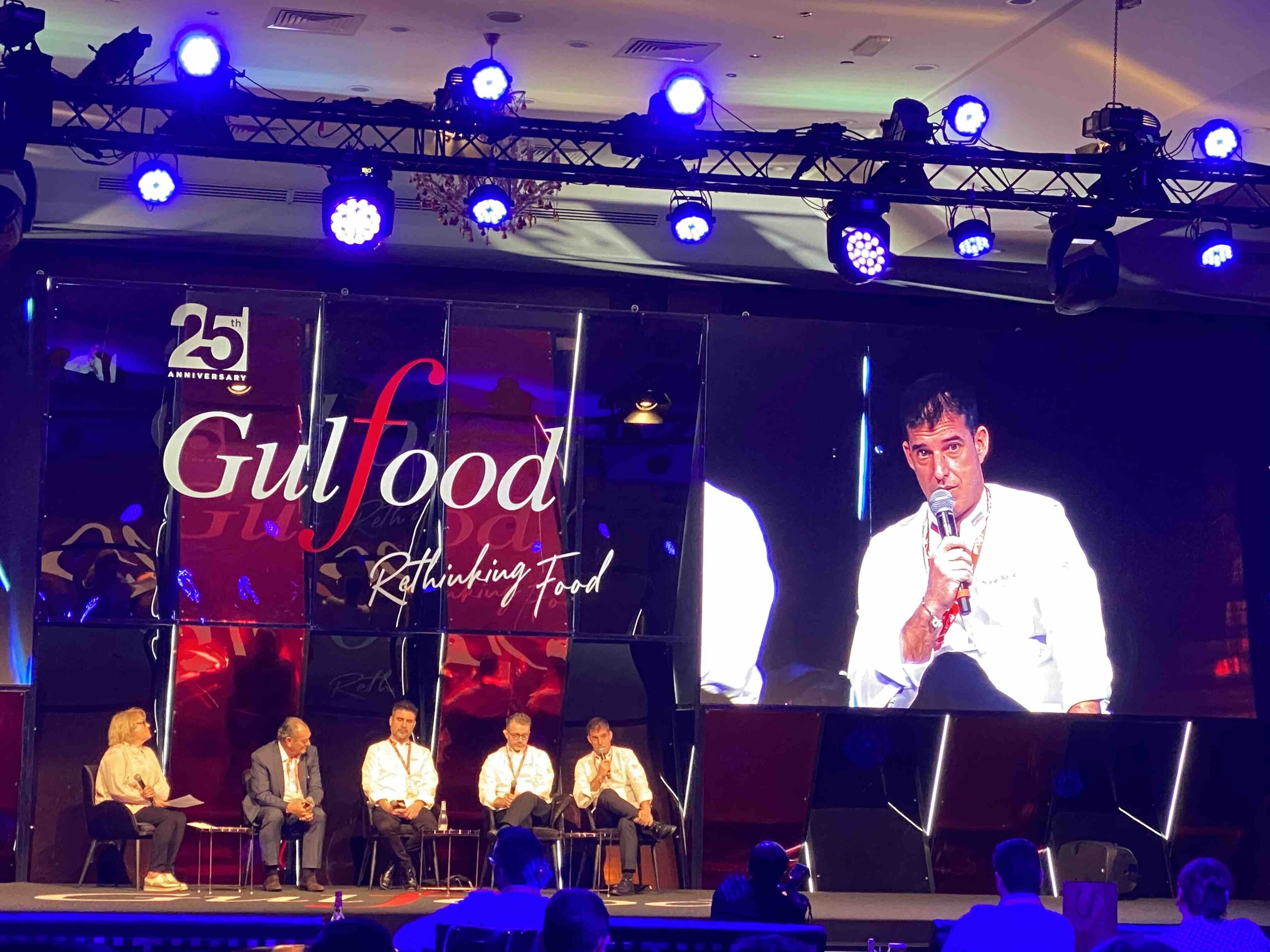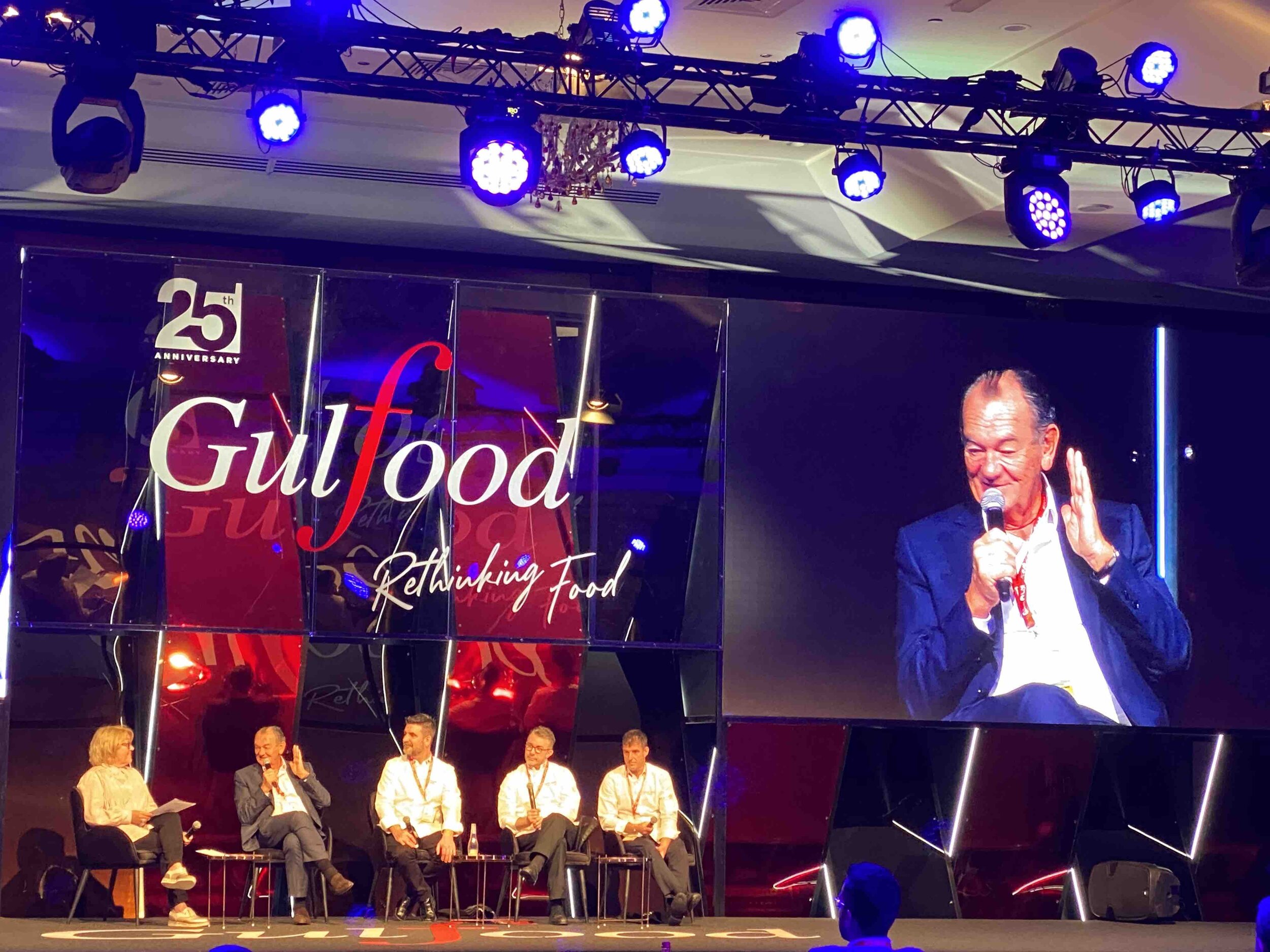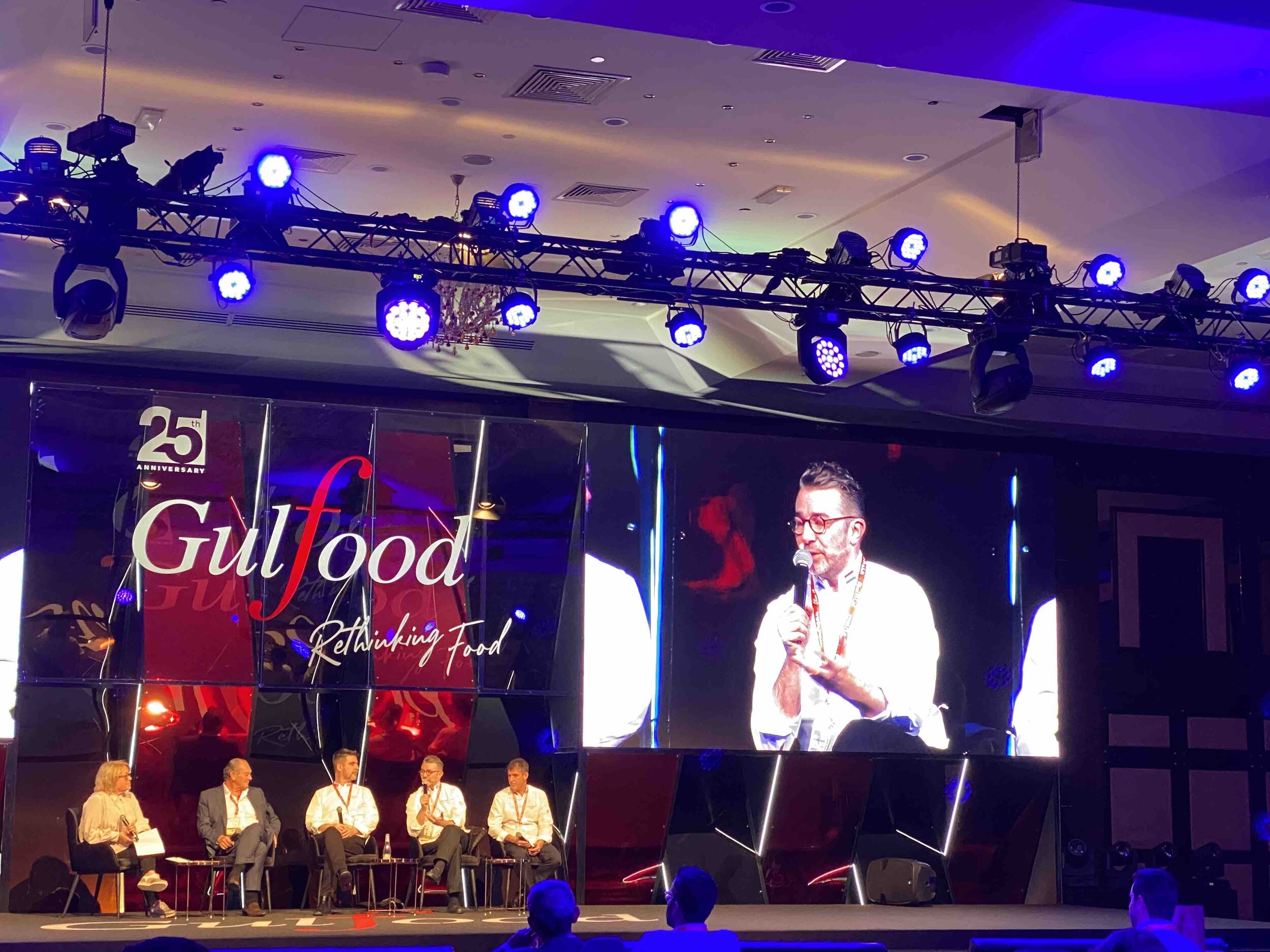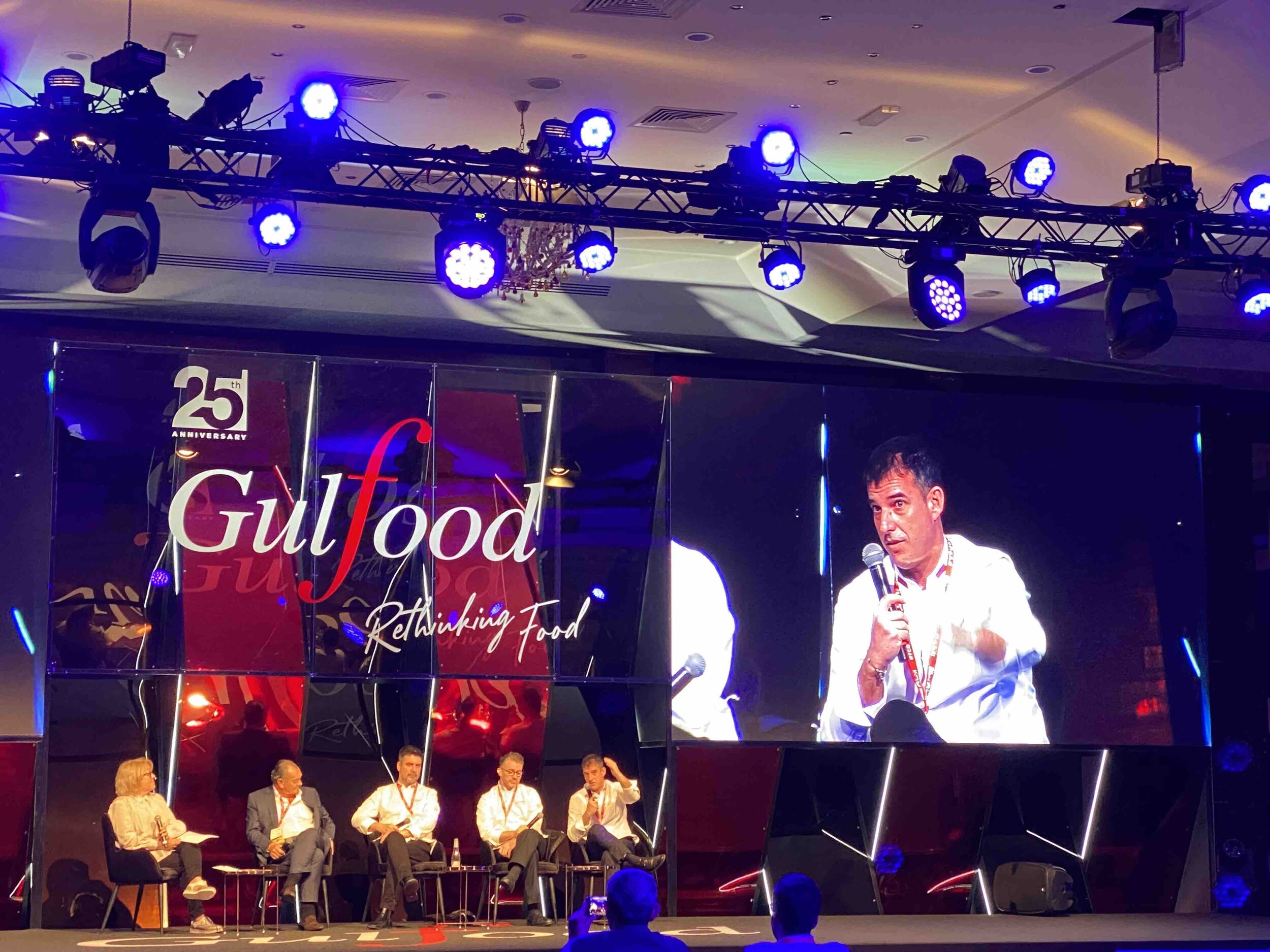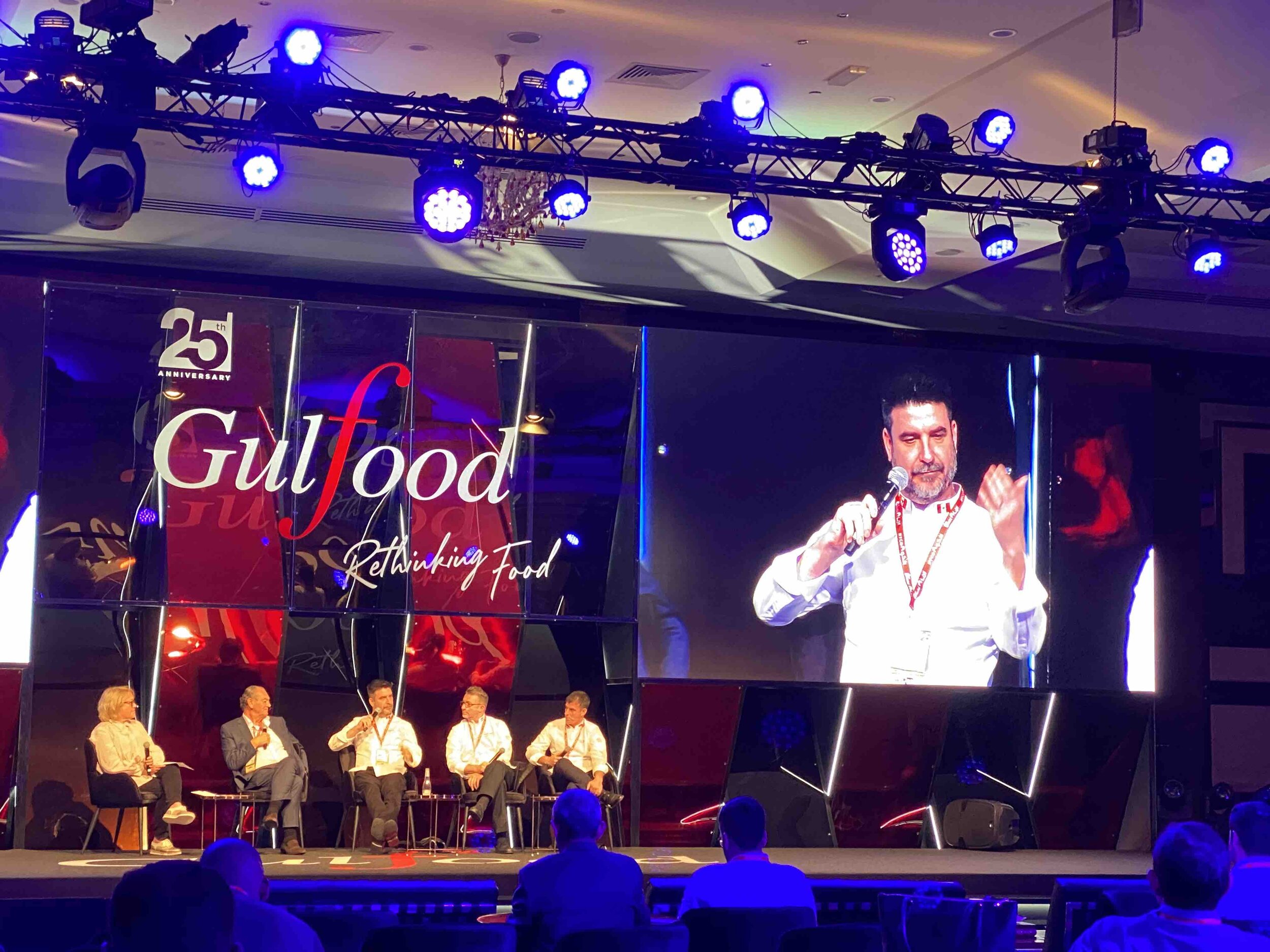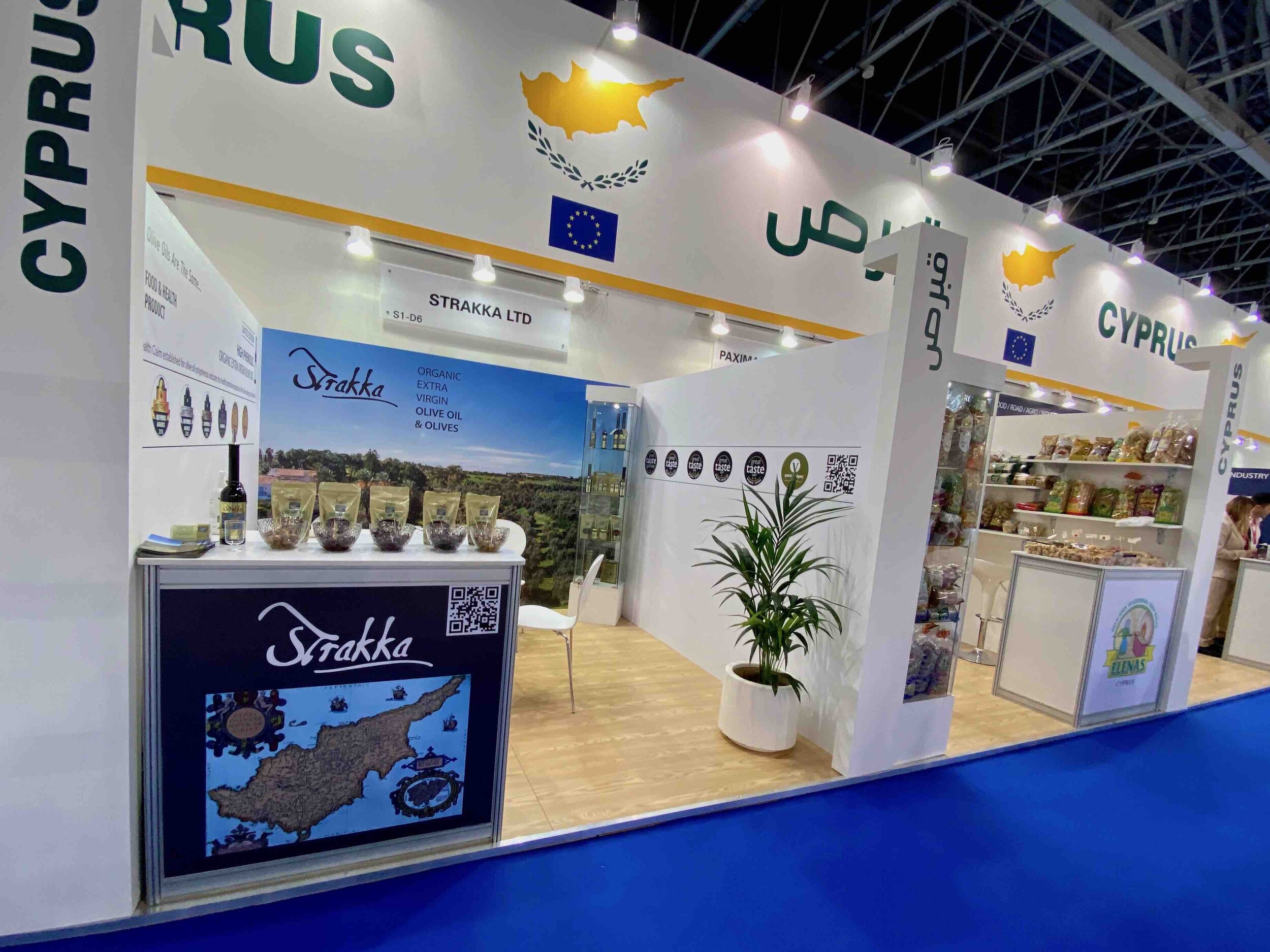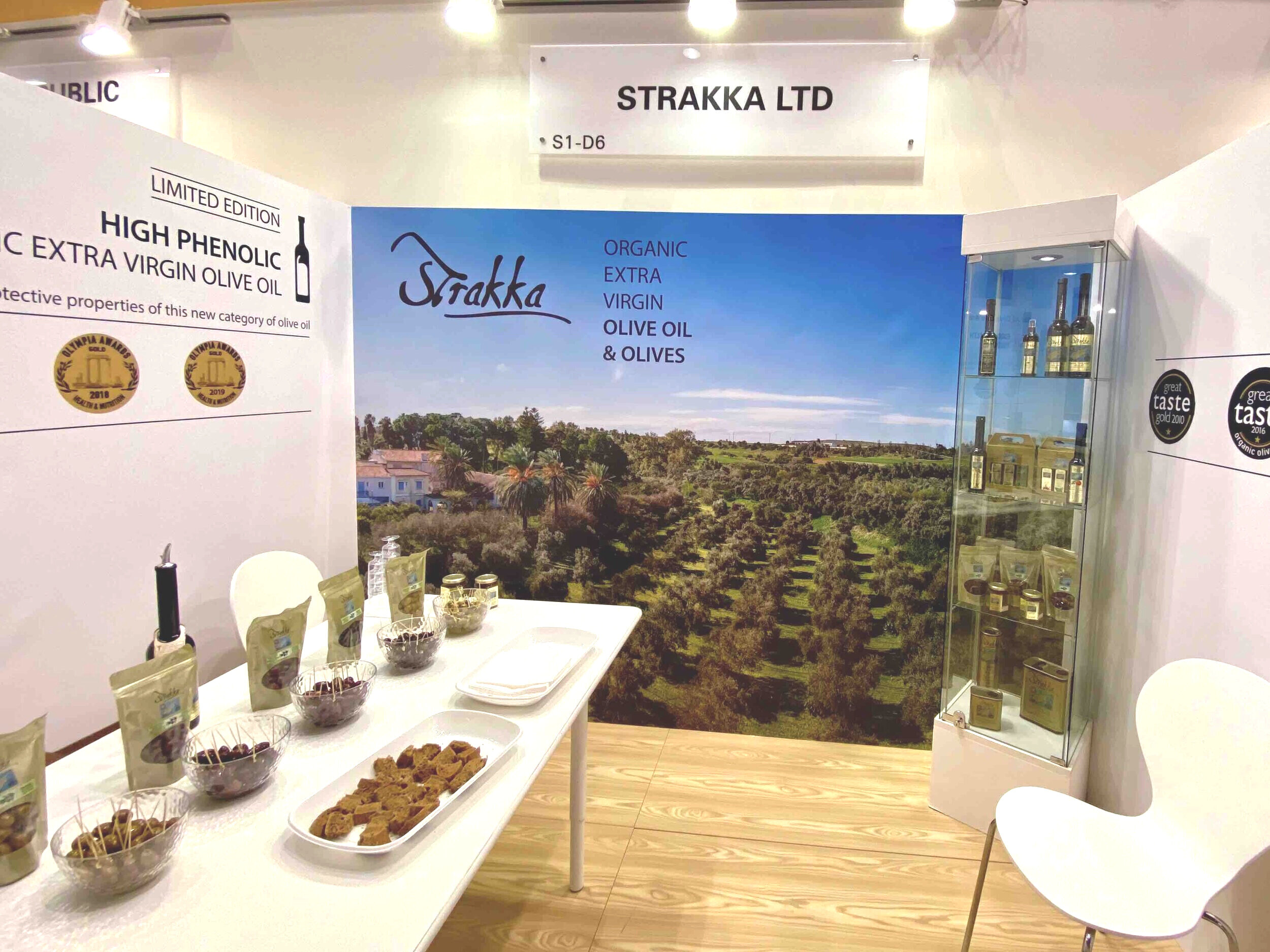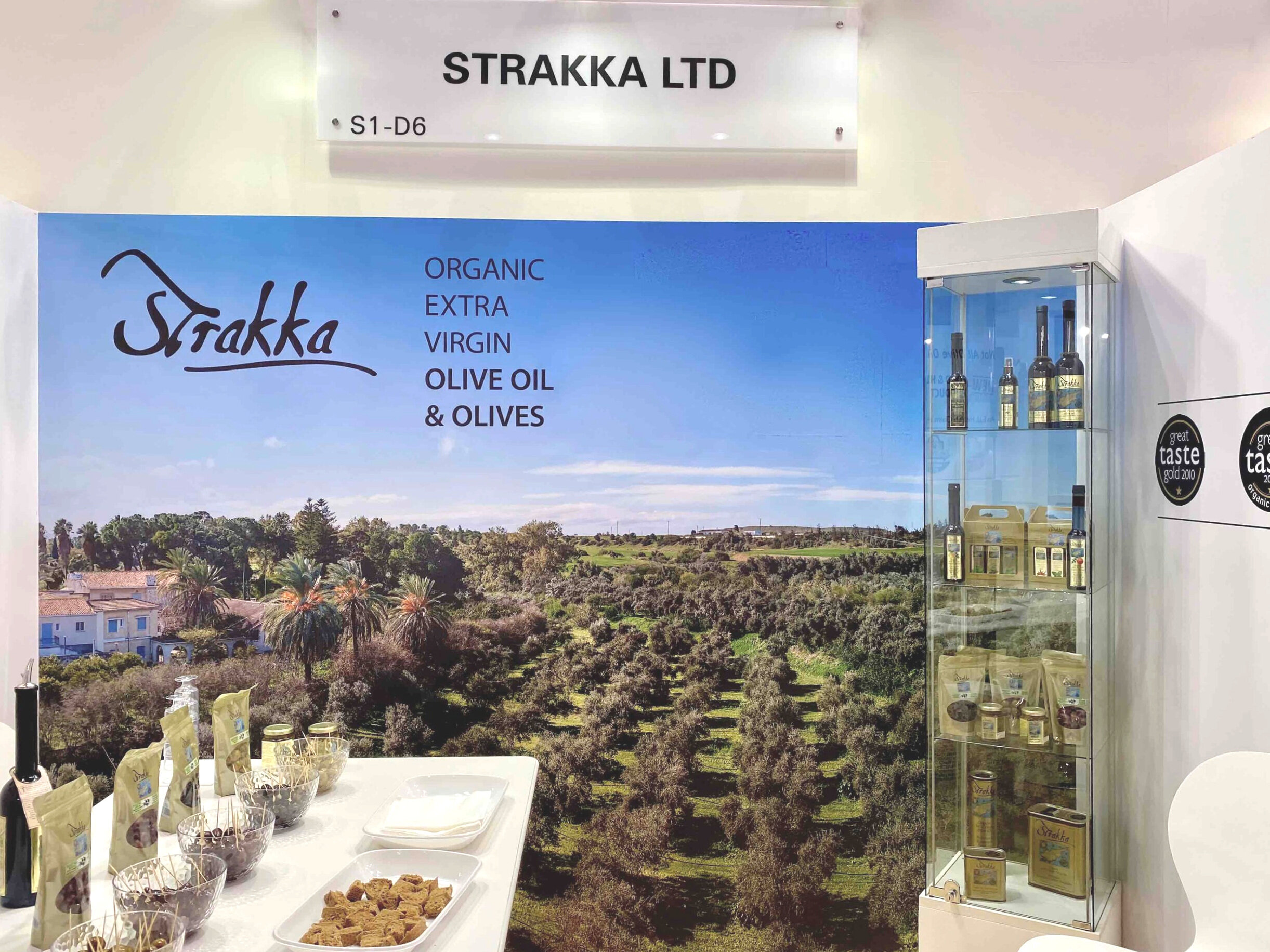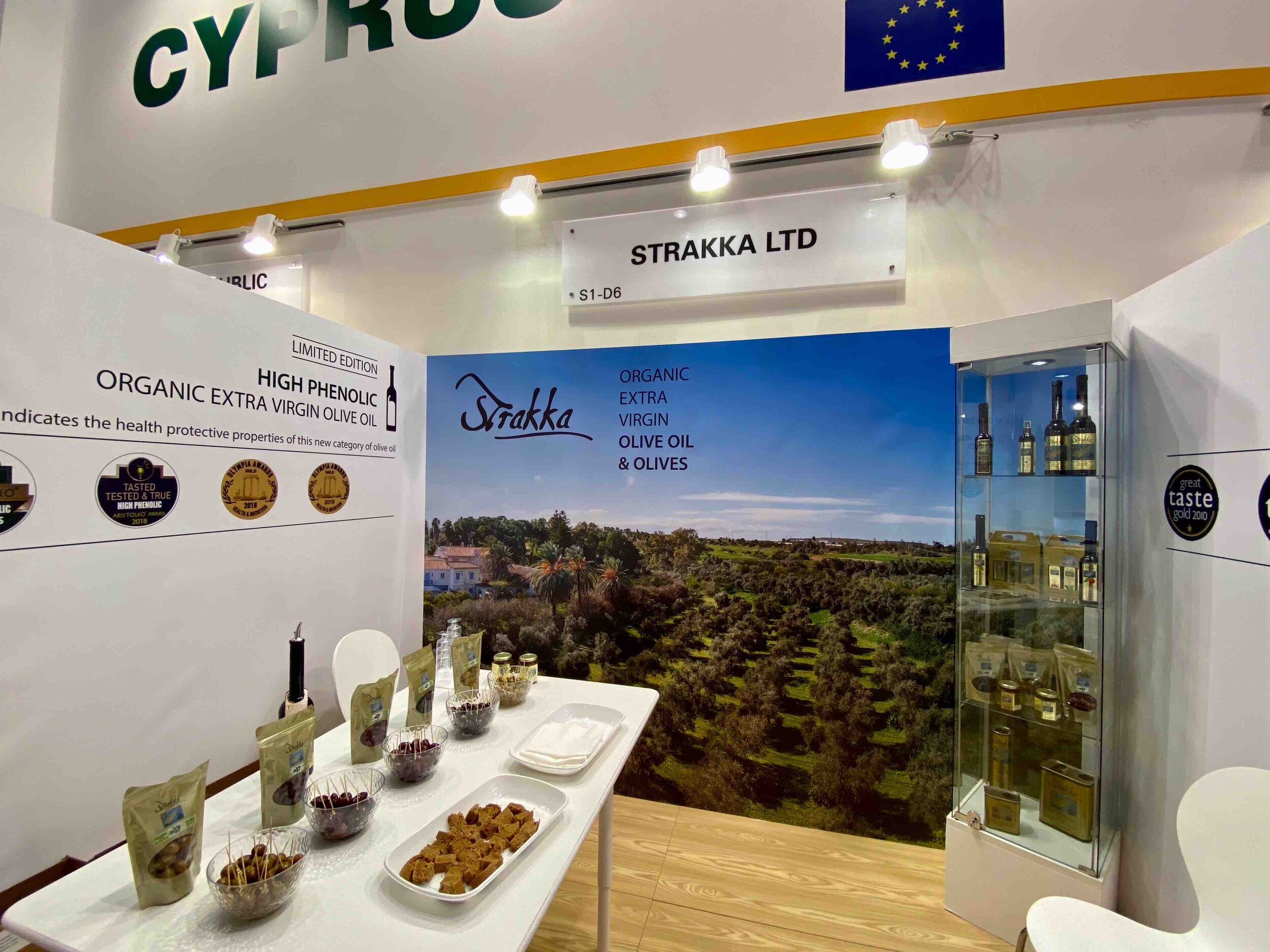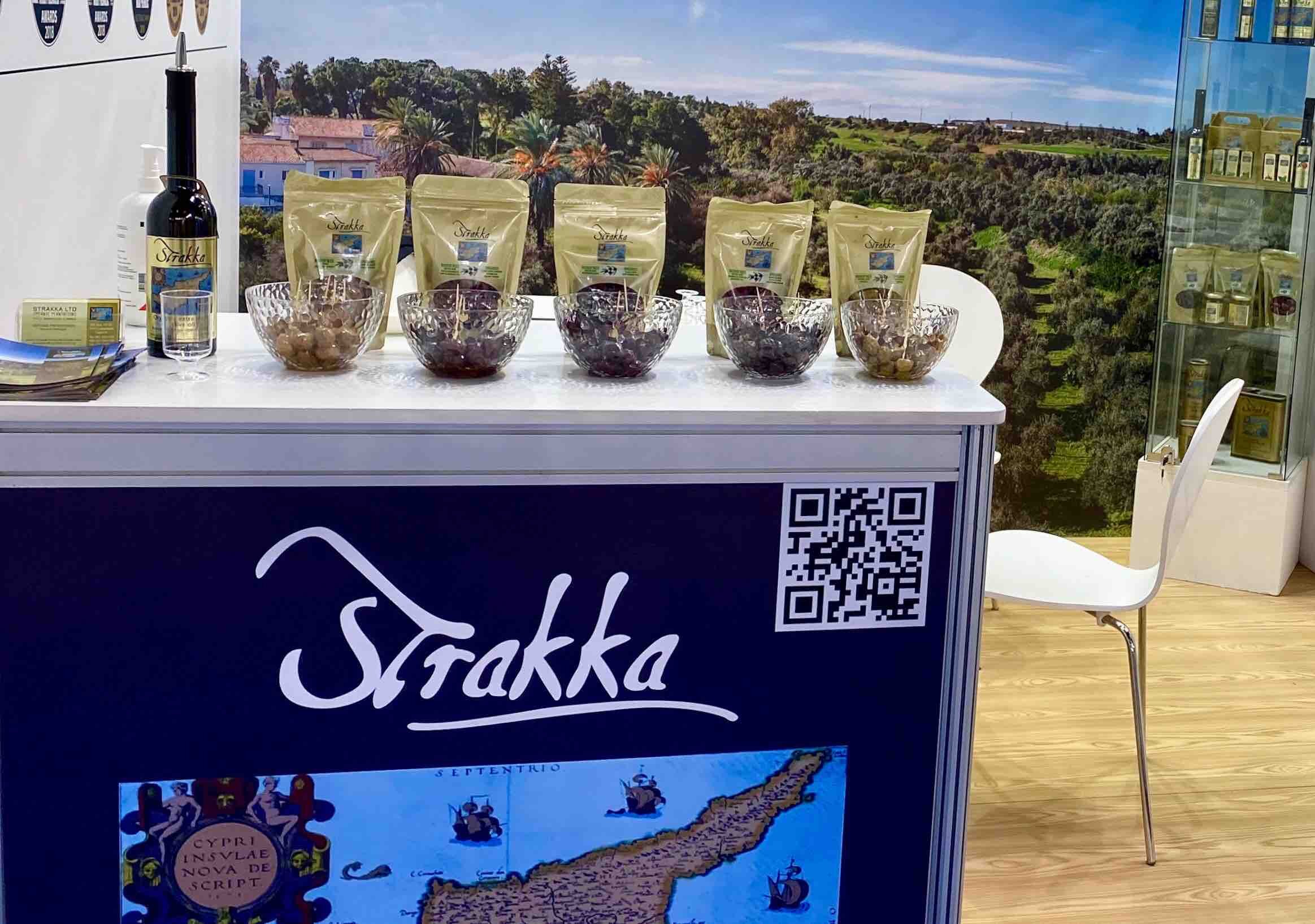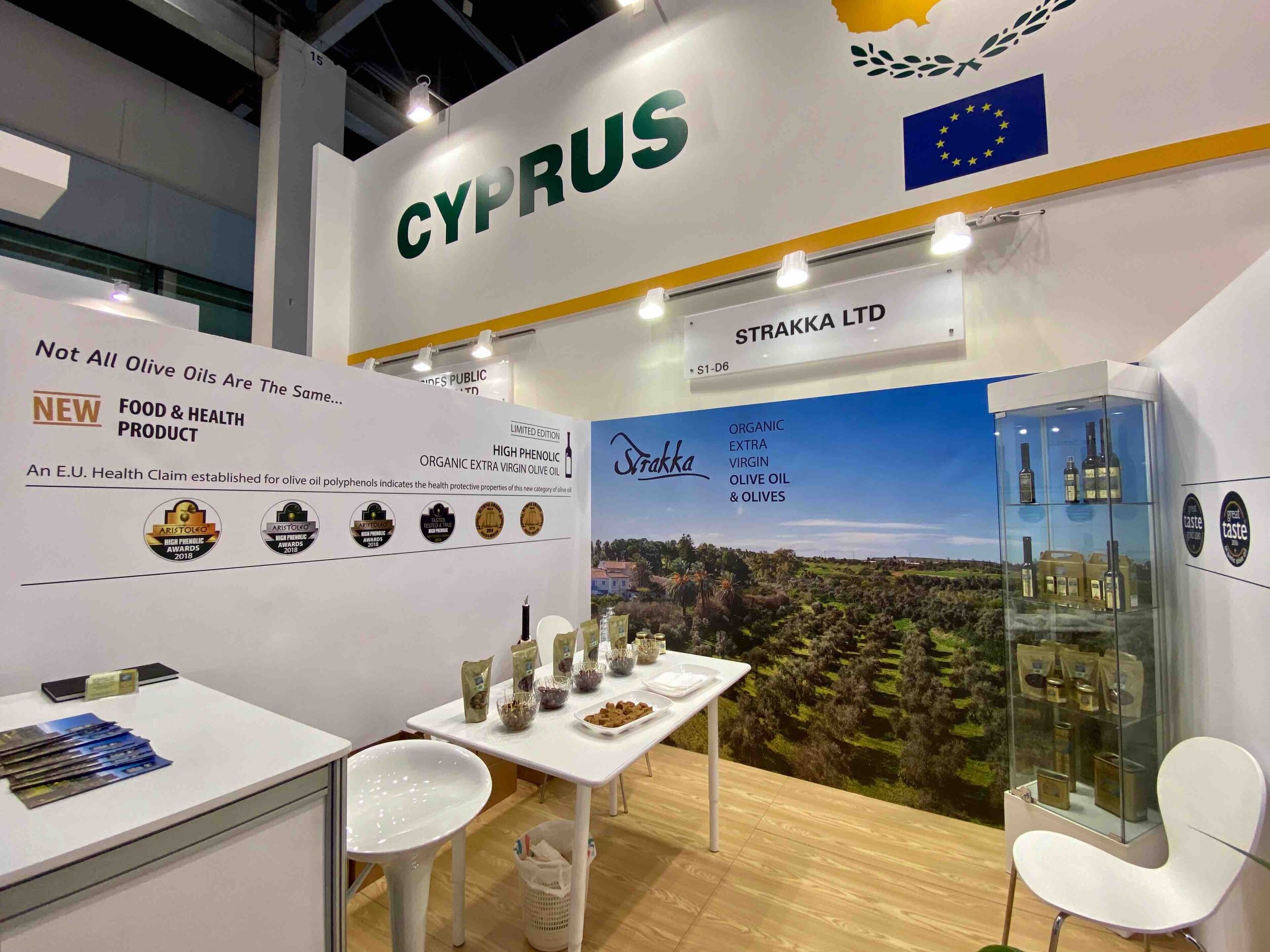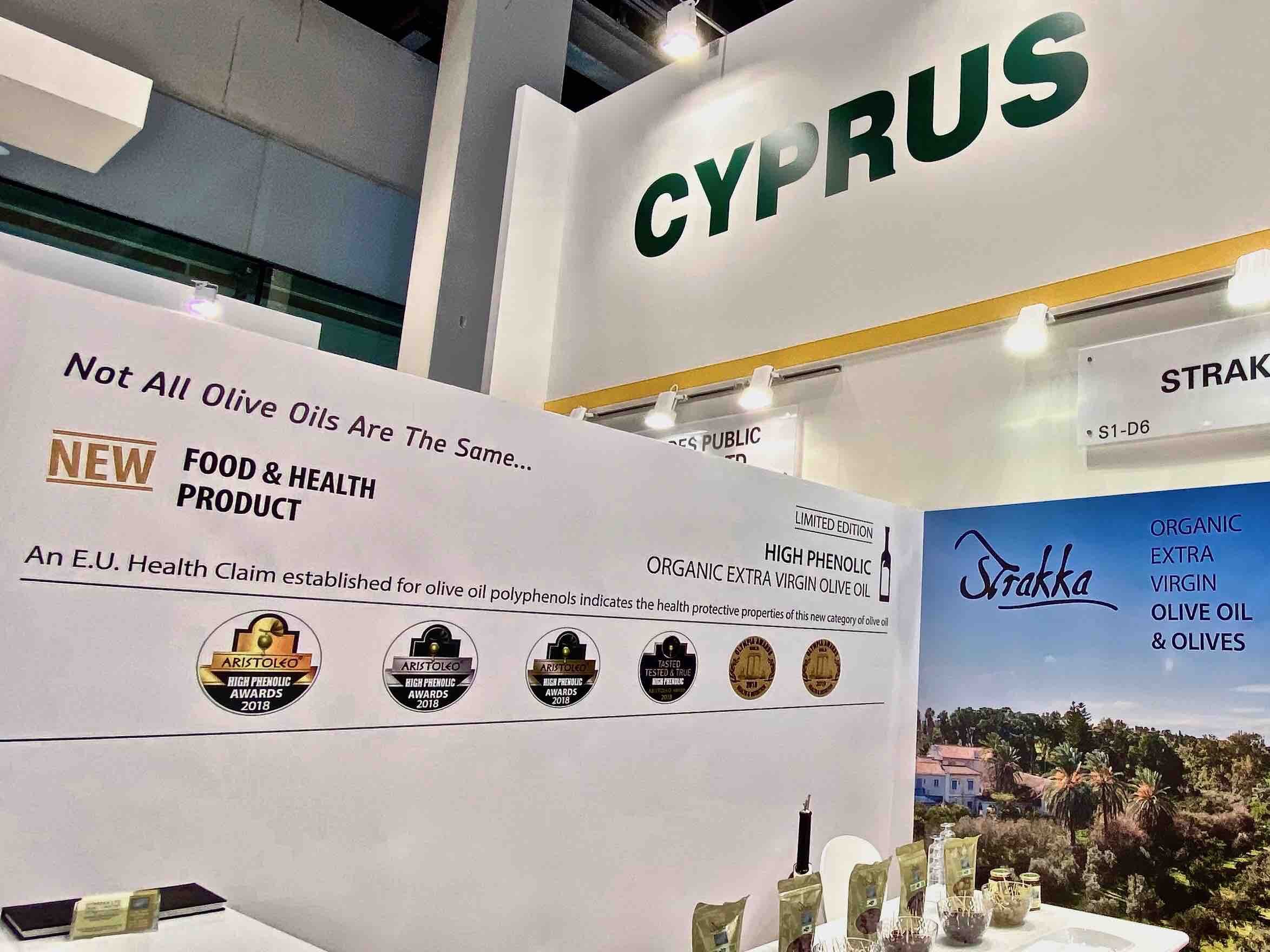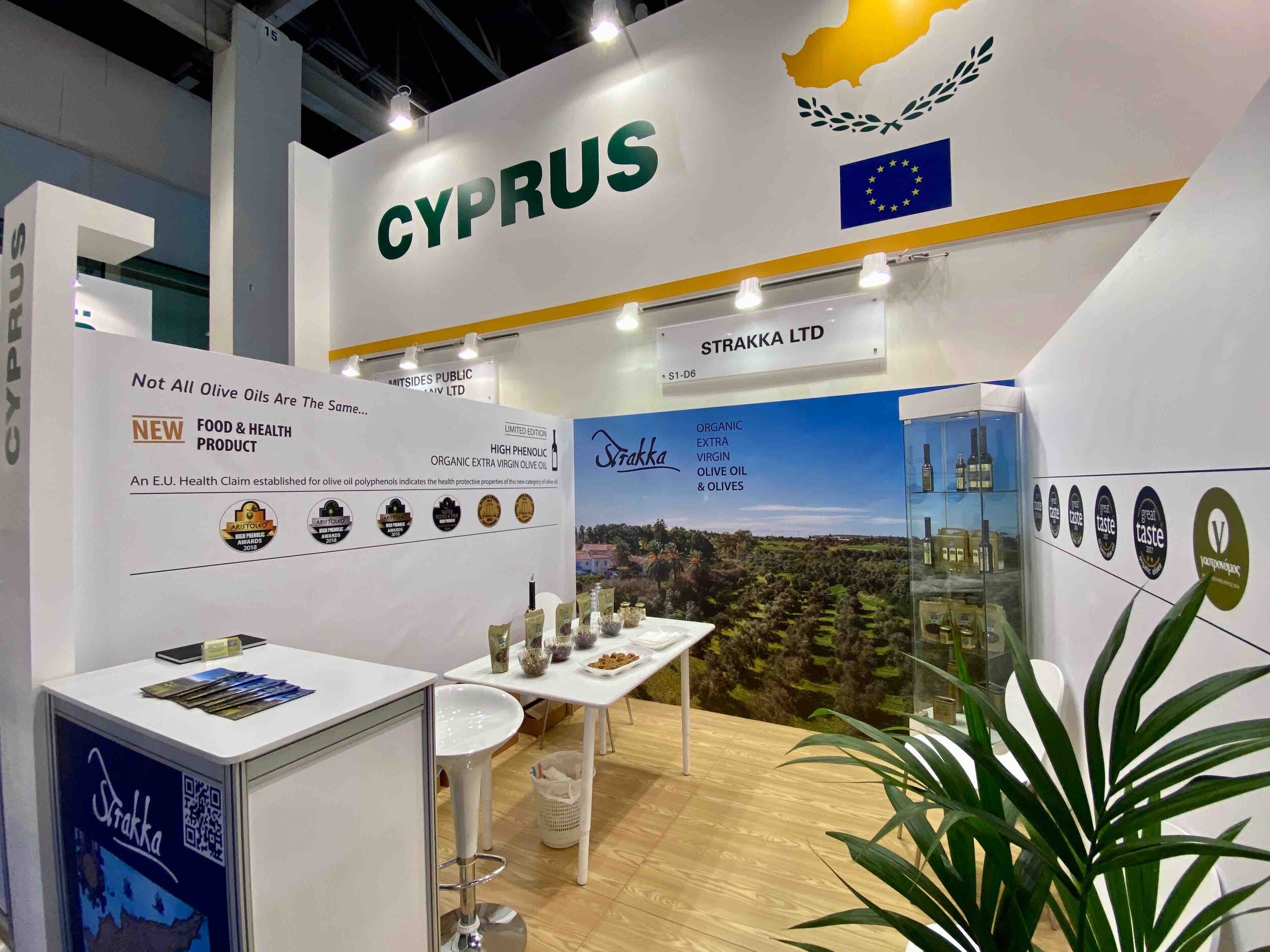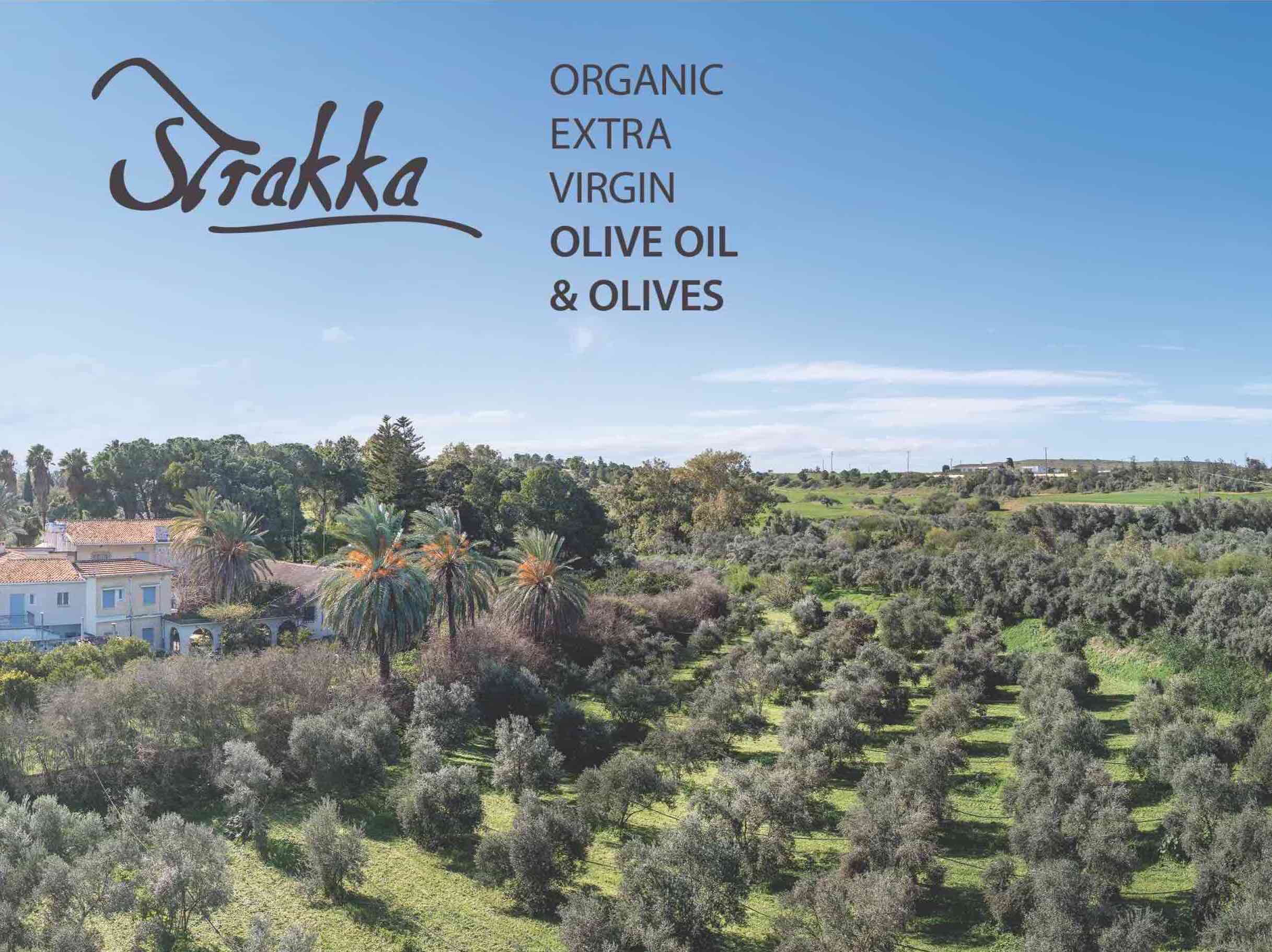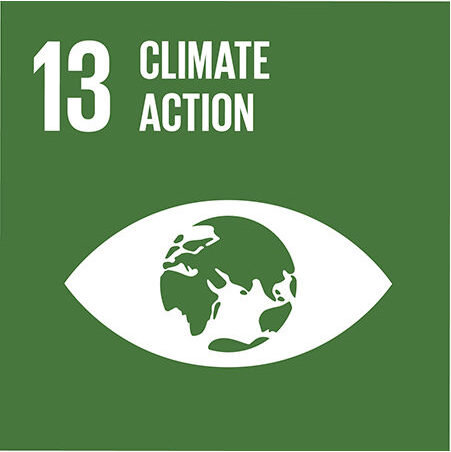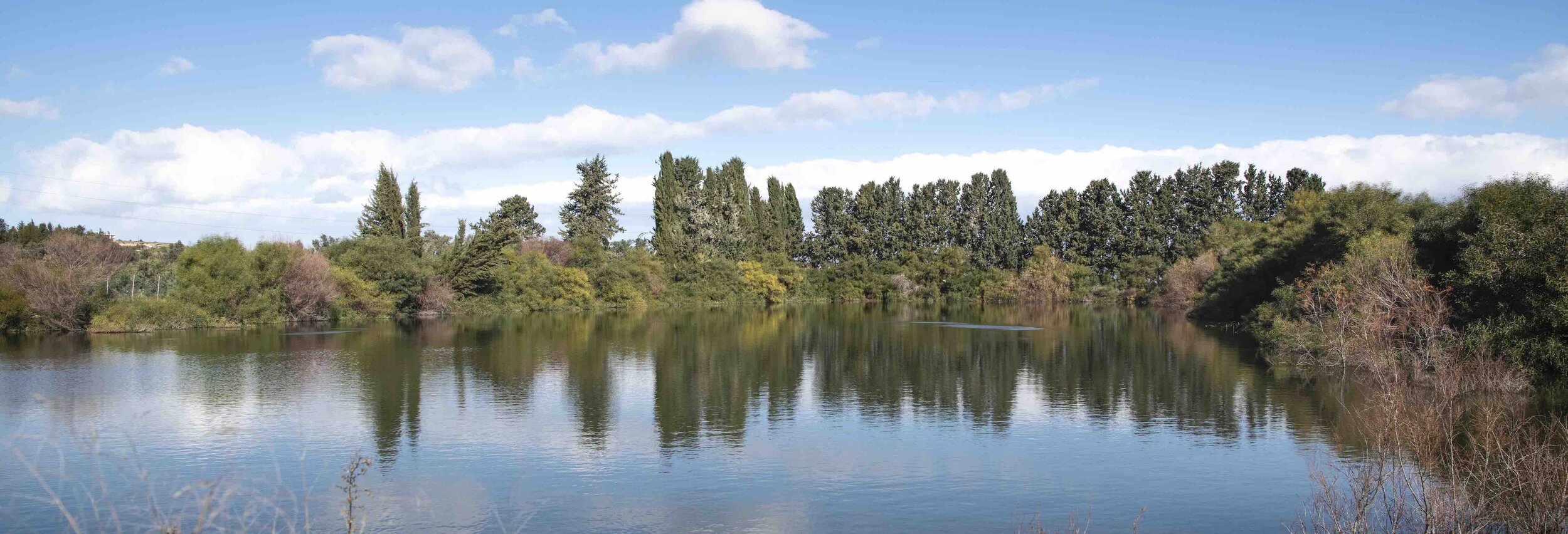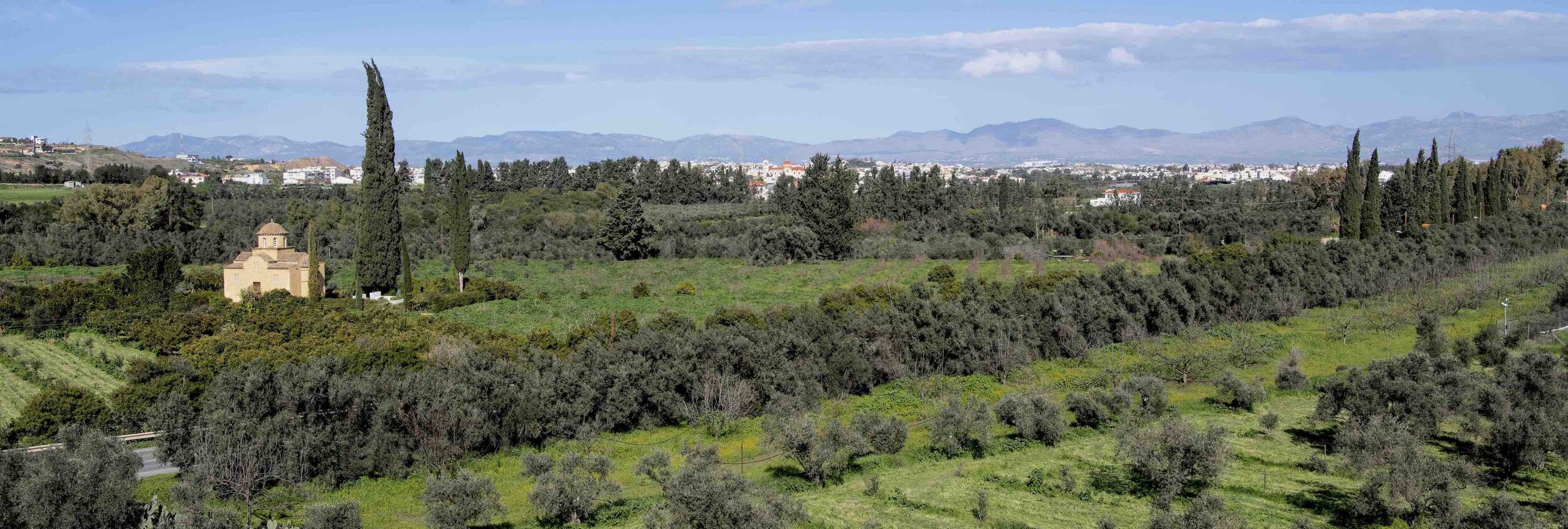GULFOOD 2020 | “Rethinking Food”
Dubai, United Arab Emirates | 16 -20 Feb 2020 | Dubai World Trade Center
Participation within the Pavilion of the Ministry of Energy, Commerce & Industry of the Republic of Cyprus.
GULFOOD celebrated its 25th edition this year.
This international event, which typically welcomes over 100,000 visitors from 200 countries every year, has shaped the discussion of food in the Middle East for 25 years, and brings together a global community of partners, exhibitors and experts.
This year it addressed the critical question of the next decade: why and how do we need to rethink food?
With growing consumer concerns about health, sustainability and ethical sourcing, Gulfood's 2020 theme addressed why we need to change the way the food is produced, sold, and how the industry itself will operate in order to have a sustainable and prosperous future.
Questions asked at Gulfood 2020 (in a pre-covid world)
What will the food industry look like in the next 25 years? What product innovations will drive the global sustainability agenda and reshape the industry?
What trends will become future norms and how much are consumers subject to non-scientific influence?
Industry titans, innovators and game-changers discussed the future that we need to be ready for now to steer the food and beverage ecosystem. A series of networking and learning opportunities created a platform for global discussions around five central pillars:
Rethinking Food: Markets
• Reshaping the Middle East & the re-emergence of core markets
• The race for AFRICA
• The fast pace of urbanization: freshest, quickest serve, convenient & conscious supply
• The giant neighbor: the Indian legacy in taste & trade
Rethinking Food: Lifestyle
• Understanding the future consumer – A generational shift
• Where did my rice come from? Supporting ethical production
• Food for Experience
• Gotta eat to live, gotta live to eat: Developments in Health & Wellness
Video GULFOOD 2020 at Dubai World Trade Center DUBAI UAE
World Food at Gulfood
Discussion Topics (click to enlarge)
Rethinking Food: Government
• Regulations Alert - Highlights from around the world
• Feeding the World
• Are F&B giants any closer to their 2025 sustainability goals?
• 10 Years to Go: Impressive responses to UN’s SDGs to date and how to move forward
Rethinking Food: Technology
• The R&D dilemma: develop or acquire?
• The Omnichannel Paradigm: Disrupting Distribution & Retail
• Download Now – Leading consumer apps in F&B
• Let’s be smart about it: How big data can help us rethink food
Rethinking Food: Marketing
• Digital spellcasters: Food Influencers
• Big Bright Bold: Packaging hacks to address consumer demand
• A New Era of Business: customization at a time of globalization
• Leveraging social media to communicate your vision
Video Gulfood 2020 - Tastes of the World
The collective awareness of different foods from around the world has increased dramatically due to globalization. This is no surprise as global tourism flows have already reach 1.5 billion, and 65% of households worldwide are connected to the web.
One trend seen across the globe has been “selling trust”.
As consumers become more quality and price conscious, there is a shift towards more “authentic”, niche and natural products, with consumers seeking brands that they see as upholding key values.
A growing number of consumers trust organic products to be healthier, more natural and greener.
Gulfood speaking events:
The Innovation Summit
Gulfood brought together the world’s most influential chefs, food scientists, government heads and industry leaders who are at the forefront of innovation to discuss and shape the future of food and gastronomy.
Discussing along the theme of ‘Rethinking Food’, and gathered on one stage many of the speakers presented perspective-shifting insights and thought-provoking insights in the re-imagining of the way we produce, market, finance, distribute, serve and consume food.
Video Innovation Summit
The 17 United Nations Sustainable Development Goals (click to enlarge)
With Strakka Estate at the Pavilion of the Republic of Cyprus
The Pavilion was an initiative of the Ministry of Energy, Commerce & Industry
ACTIVATE’s participation in Gulfood 2020 with the olive producer
Strakka Estate
‘oils’
‘health and wellness’
Presented within the Cyprus Pavilion was Strakka Estate, a historic site founded over 500 years ago during the period of Venetian rule, covers over 50 hectares of land, with 8,200 olive trees and 2,000 citrus trees, which have been organically farmed for over twenty years. Today, the farm is involved in the production of organic extra virgin olive oil (EVOO) and olives from the different olive tree varieties grown on the eastern Mediterranean island of Cyprus.
Food categories at Gulfood (click to enlarge)
Talking about New Trends at Gulfood: Beyond the Mediterranean Diet
Also presented in Dubai, a new category of Extra Virgin Olive Oil with health protective properties that embodies the future of the olive producing industry.
Strakka presented its entire line of organic products which includes olives and olive oil. It also introduced its High Phenolic Extra Virgin Organic Olive Oil which represents a newly emerging category of very high-quality EVOOs: ‘early harvest’ EVOO that has enhanced health protective properties due to its polyphenol content.
This category is identified by the Health Claim (EU 432/2012) label and is associated to the European Food Safety Authority recognizing phenolic compounds unique to olive oil which offer very significant anti-inflammatory and antioxidant benefits, including the two most widely researched olive oil polyphenols ‘oleocanthal’ and ‘oleacein’. This European Regulation can be applied only to olive oil containing at least 250mg of polyphenols per 1kg of olive oil.
The parameters that embody the production of olive oil with phenolic content are associated to a variety of factors, including the appropriate agronomic practices.
ACTIVATE’s involvement with the Gulfood exhibition and Strakka presentation came from our experience working with olive oil producers, the environmental aspects of agricultural production, and bringing awareness to the public on the links between these issues. Design, texts and public awareness by ACTIVATE for this Dubai participation.
The work of ACTIVATE is heavily focused on the MENA countries, a region that has been designated as a climate change ‘hot spot’.
Many of the environmental issues faced by this region are directly connected to the water, food and energy challenges faced by people living both in its urban centers and rural areas.
This SDG aims to protect, restore and promote sustainable use of terrestrial ecosystems, sustainably manage forests, combat desertification, halt and reverse land degradation, and halt biodiversity loss. Today, organic and climate-smart agriculture is a necessary and growing global trend and can help reverse climate change and save life on land.
One aspect of the organization is working with farms, as agriculture carried out with regenerative and nature-based practices is a powerful solution to the interconnected challenges of this region and can help build ecological resilience and food security. We have worked with olive growers in the region to bring awareness on the potential of these regenerative practices.
One of the most critical questions of the next decade: how do we need to rethink food? The olive fruit and its oil have been used both as food and as medicine since ancient times, and are credited today as being one of the essential healthful components associated with the Mediterranean Diet. HIgh Phenolic Olive Oil was presented at Gulfood for the growing body of informed and health conscious individuals looking for natural foods with proven health protective properties.
Read about ACTIVATE’s involvement with the E.U. Interreg Med ARISTOIL Programme which aims at the reinforcement of Mediterranean olive oil sector through development and application of innovative production methodologies leading to olive oil with enhanced health protecting properties. The project’s objective is also the development of a Mediterranean Cluster for olive oil producers and businesses, combined with specialized training, development of innovative methods for identifying the phenolic ingredients of the oil, as well as providing oil producers with support by special product certification. →
Cover of Catalogue for Gulfood (click to enlarge)
Sponsors for the National Pavilion & the Strakka participation





